Shows
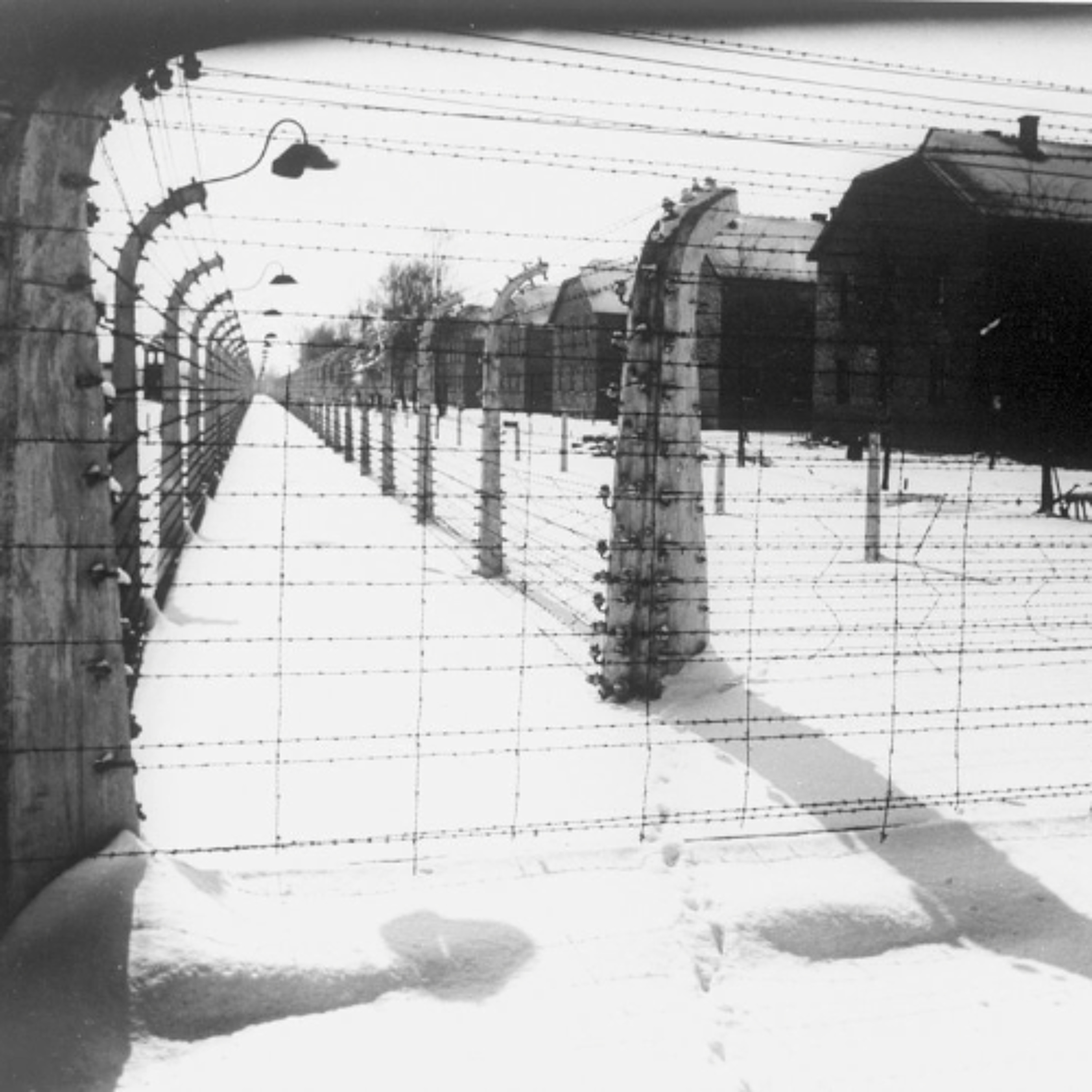 ICRC Humanitarian Law and Policy BlogEighty years on: honouring memory, upholding humanityThis year marks eight decades since the Holocaust, a defining moment of human suffering and moral failure. The memory of six million murdered Jews, and millions of others persecuted and killed, remains a solemn imperative. It compels not only remembrance, but a reaffirmation of collective responsibility. The 1949 Geneva Conventions were born to serve as a legal and moral bulwark against such atrocities. Yet memory fades, and with it, vigilance. As civilians continue to suffer in today’s wars, the legacy of the Holocaust urges both commemoration and action: against dehumanization, against silence, and in defence of the rules meant to pr...2025-05-2352 min
ICRC Humanitarian Law and Policy BlogEighty years on: honouring memory, upholding humanityThis year marks eight decades since the Holocaust, a defining moment of human suffering and moral failure. The memory of six million murdered Jews, and millions of others persecuted and killed, remains a solemn imperative. It compels not only remembrance, but a reaffirmation of collective responsibility. The 1949 Geneva Conventions were born to serve as a legal and moral bulwark against such atrocities. Yet memory fades, and with it, vigilance. As civilians continue to suffer in today’s wars, the legacy of the Holocaust urges both commemoration and action: against dehumanization, against silence, and in defence of the rules meant to pr...2025-05-2352 min Men El Miden | من الميدانأمل من وراء القضبان | Hope Behind Barsبين جدران السجون قصص معاناة وألم وأحيانًا ظلم، وخلف أسوارها الكثير من المشاكل الإنسانية والصحية والإجتماعية. الإكتظاظ في السجون والقوانين البالية تزيد من مأساوية الوضع، وتنعكس سلبًا على المحتجز ونفسيته، وأيضاً على تأهيله لما بعد انتهاء محكوميته. وأحد الحلول التي يتمّ اللجوء إليها هي المعالجة بالدراما. تستضيف كارلا أبي عقل في الحلقة العاشرة من بودكاست "من الميدان" الممثلة والمعالجة النفسية زينة دكاش، ومدير برنامج الإحتجاز في قسم المياه والسكن في اللّجنة الدوليّة للصليب الأحمر المهندس روي عون، للحديث عن علاج المحتجزين بالدراما، وكيف يلتقي مع مهمة اللّجنة الدوليّة للصليب الأحمر داخل السجون.*** الآراء والمواقف التي يعبّر عنها الضيوف في هذا البودكاست هي آراءهم الشخصيّة ولا تمثّل بالضرورة آراء أو وجهات نظر اللّجنة الدولية للصليب الأحمر.Within prison walls lie stories of suffering, pain, and sometimes injustice. Behind the bars are countless humanitarian, health, and social issues. Overcrowding and outdated laws only deepen the crisis, leaving a negative impact on detainees' mental health and their reintegration after serving their sentence. One of the approaches used to address these challenges is drama therapy.In the tenth episode of "Men el Miden" podcast, Carla Abi Akl talks to actress and drama therapist Zeina Daccache, along with Roy Aoun, Detention Program Manager in the Water and Habitat Department at the International Committee of the Red Cross (ICRC), to discuss how drama therapy supports detainees—and how it intersects with the ICRC’s mission inside places of detention.***The views expressed by guests on this podcast are their own and do not necessarily reflect the views or opinions of the ICRC. 2025-05-0252 min
Men El Miden | من الميدانأمل من وراء القضبان | Hope Behind Barsبين جدران السجون قصص معاناة وألم وأحيانًا ظلم، وخلف أسوارها الكثير من المشاكل الإنسانية والصحية والإجتماعية. الإكتظاظ في السجون والقوانين البالية تزيد من مأساوية الوضع، وتنعكس سلبًا على المحتجز ونفسيته، وأيضاً على تأهيله لما بعد انتهاء محكوميته. وأحد الحلول التي يتمّ اللجوء إليها هي المعالجة بالدراما. تستضيف كارلا أبي عقل في الحلقة العاشرة من بودكاست "من الميدان" الممثلة والمعالجة النفسية زينة دكاش، ومدير برنامج الإحتجاز في قسم المياه والسكن في اللّجنة الدوليّة للصليب الأحمر المهندس روي عون، للحديث عن علاج المحتجزين بالدراما، وكيف يلتقي مع مهمة اللّجنة الدوليّة للصليب الأحمر داخل السجون.*** الآراء والمواقف التي يعبّر عنها الضيوف في هذا البودكاست هي آراءهم الشخصيّة ولا تمثّل بالضرورة آراء أو وجهات نظر اللّجنة الدولية للصليب الأحمر.Within prison walls lie stories of suffering, pain, and sometimes injustice. Behind the bars are countless humanitarian, health, and social issues. Overcrowding and outdated laws only deepen the crisis, leaving a negative impact on detainees' mental health and their reintegration after serving their sentence. One of the approaches used to address these challenges is drama therapy.In the tenth episode of "Men el Miden" podcast, Carla Abi Akl talks to actress and drama therapist Zeina Daccache, along with Roy Aoun, Detention Program Manager in the Water and Habitat Department at the International Committee of the Red Cross (ICRC), to discuss how drama therapy supports detainees—and how it intersects with the ICRC’s mission inside places of detention.***The views expressed by guests on this podcast are their own and do not necessarily reflect the views or opinions of the ICRC. 2025-05-0252 min ICRC Humanitarian Law and Policy BlogTrying to square the circle: the ICRC AI PolicyThe development of artificial intelligence (AI) technologies brings significant opportunities, and risks, for principled humanitarian action. While AI innovations advance at a pace that seemingly defies human capabilities to manage them responsibly, humanitarian organizations are chasing ‘AI for Good’, and struggling to find effective safeguards.
In this post, ICRC Senior Policy Adviser Pierrick Devidal reflects on some of the lessons from the ICRC’s experience in building its recently adopted AI Policy, with the hope that it can inform other efforts to build an ethical and responsible approach to the use of AI in the humanitarian sector.2024-11-2820 min
ICRC Humanitarian Law and Policy BlogTrying to square the circle: the ICRC AI PolicyThe development of artificial intelligence (AI) technologies brings significant opportunities, and risks, for principled humanitarian action. While AI innovations advance at a pace that seemingly defies human capabilities to manage them responsibly, humanitarian organizations are chasing ‘AI for Good’, and struggling to find effective safeguards.
In this post, ICRC Senior Policy Adviser Pierrick Devidal reflects on some of the lessons from the ICRC’s experience in building its recently adopted AI Policy, with the hope that it can inform other efforts to build an ethical and responsible approach to the use of AI in the humanitarian sector.2024-11-2820 min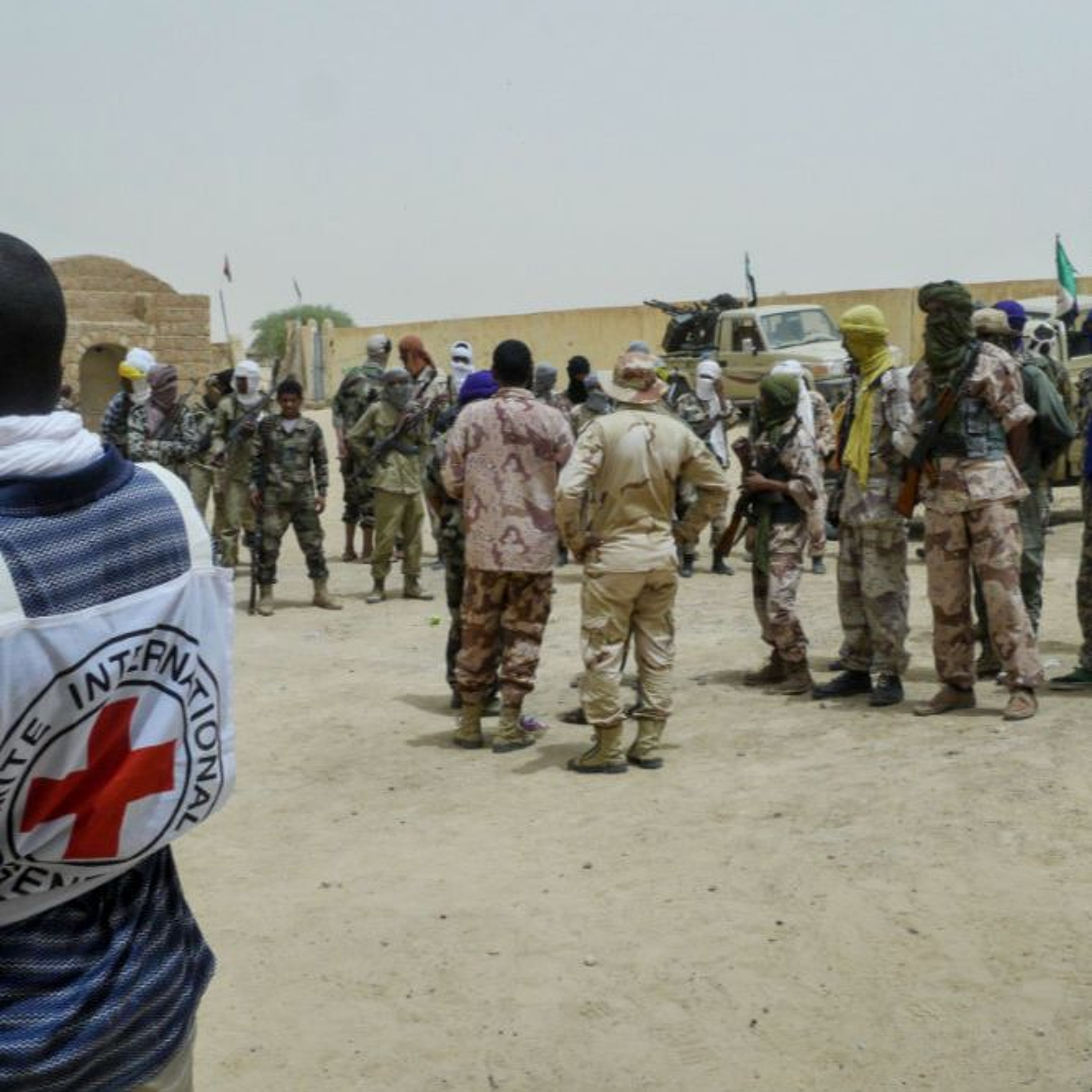 ICRC Humanitarian Law and Policy BlogICRC engagement with armed groups in 2024In line with its mandate, the ICRC engages with all parties to an armed conflict, including non-state armed groups. The ICRC has a long history of confidential humanitarian engagement with armed groups to alleviate and prevent the suffering of persons living in areas controlled by these groups. However, this engagement has become increasingly complex. Accordingly, the ICRC undertakes an annual internal exercise to evaluate the status of its relationships with armed groups and to identify developments to strengthen its future engagement worldwide.
In this post, ICRC Adviser Matthew Bamber-Zryd discusses some of the key findings from this exercise. In 2024, the...2024-10-3118 min
ICRC Humanitarian Law and Policy BlogICRC engagement with armed groups in 2024In line with its mandate, the ICRC engages with all parties to an armed conflict, including non-state armed groups. The ICRC has a long history of confidential humanitarian engagement with armed groups to alleviate and prevent the suffering of persons living in areas controlled by these groups. However, this engagement has become increasingly complex. Accordingly, the ICRC undertakes an annual internal exercise to evaluate the status of its relationships with armed groups and to identify developments to strengthen its future engagement worldwide.
In this post, ICRC Adviser Matthew Bamber-Zryd discusses some of the key findings from this exercise. In 2024, the...2024-10-3118 min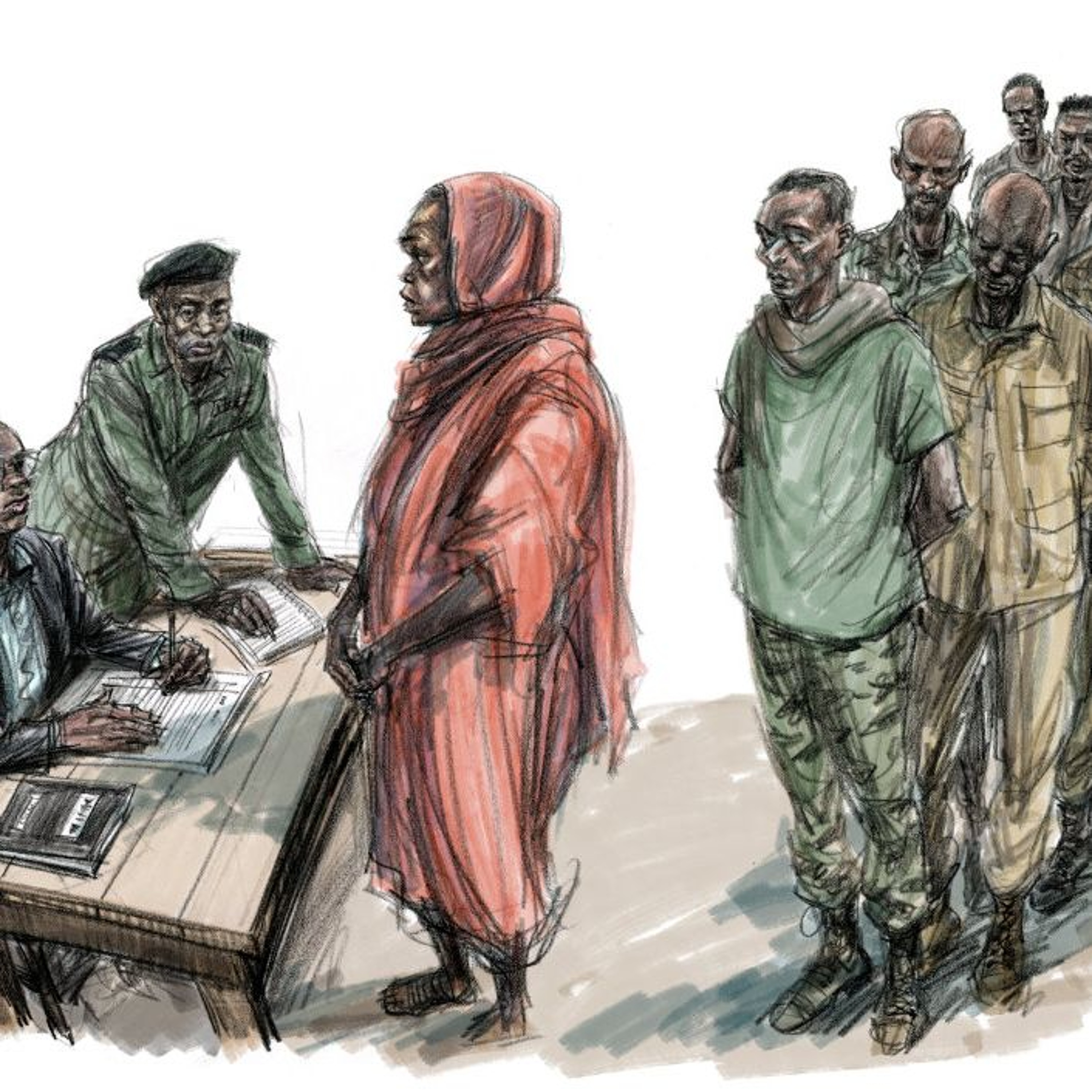 ICRC Humanitarian Law and Policy BlogInternment by non-state armed groups: legal and practical limitsDetention by non-state armed groups is a widespread, diverse, and legally complex occurrence in armed conflicts across the globe. In 2023, the ICRC assessed that around 70 non-state armed groups in non-international armed conflicts have detainees. The circumstances of detention can pose serious humanitarian concerns, including ill-treatment and inadequate living conditions for detainees.
In this post, part of a series on the Fourth Geneva Convention and the internment of protected persons and drawing upon the 2024 ICRC Challenges Report, ICRC Legal Adviser Tilman Rodenhäuser discusses the prohibition of arbitrary detention under international humanitarian law (IHL) and how this relates to internment by n...2024-10-1510 min
ICRC Humanitarian Law and Policy BlogInternment by non-state armed groups: legal and practical limitsDetention by non-state armed groups is a widespread, diverse, and legally complex occurrence in armed conflicts across the globe. In 2023, the ICRC assessed that around 70 non-state armed groups in non-international armed conflicts have detainees. The circumstances of detention can pose serious humanitarian concerns, including ill-treatment and inadequate living conditions for detainees.
In this post, part of a series on the Fourth Geneva Convention and the internment of protected persons and drawing upon the 2024 ICRC Challenges Report, ICRC Legal Adviser Tilman Rodenhäuser discusses the prohibition of arbitrary detention under international humanitarian law (IHL) and how this relates to internment by n...2024-10-1510 min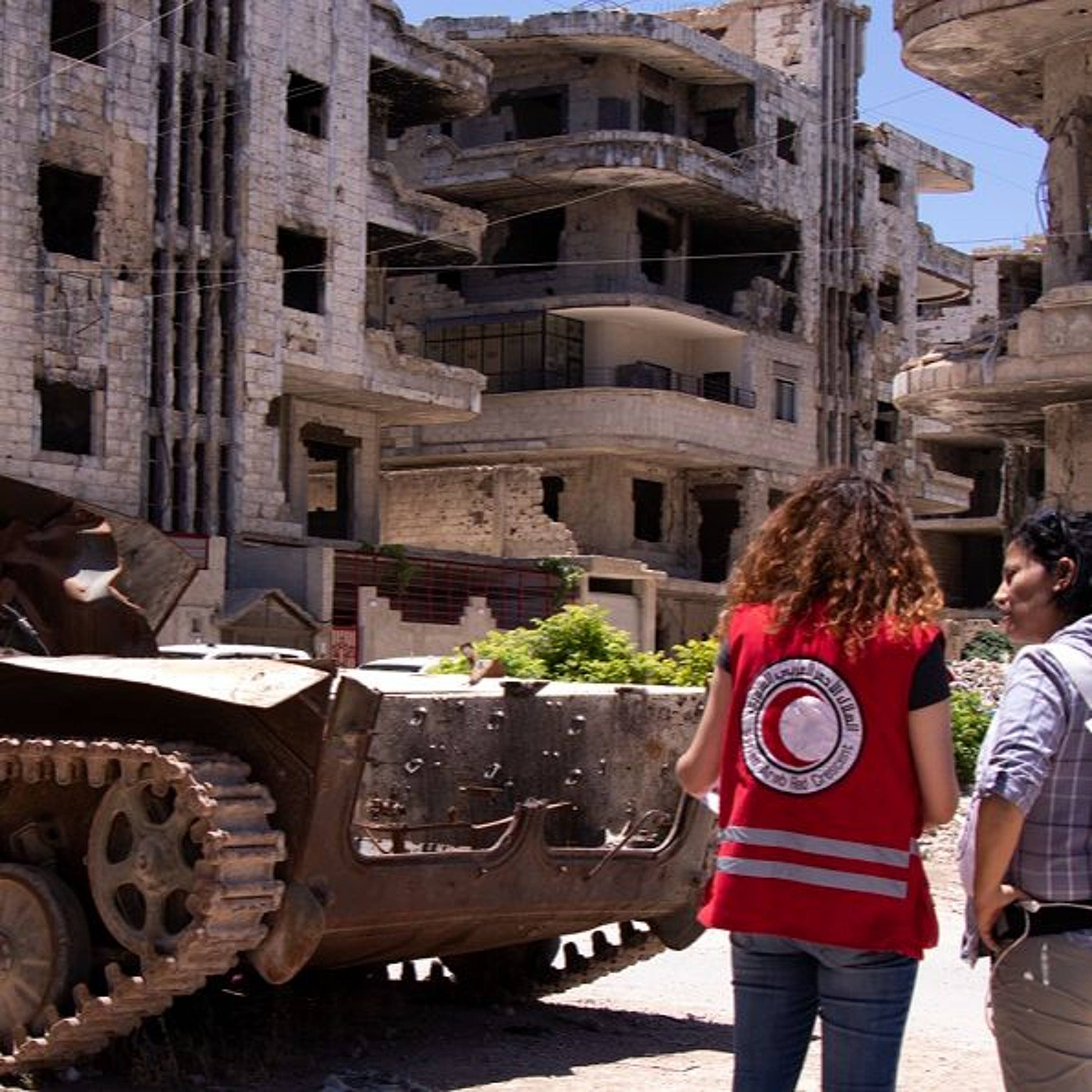 ICRC Humanitarian Law and Policy BlogChampioning IHL compliance in contemporary armed conflict: the 2024 ICRC Challenges ReportSince 2003, the ICRC has submitted a report on ‘International Humanitarian Law and the Challenges of Contemporary Armed Conflict’ to the International Conference of the Red Cross and Red Crescent, where the High Contracting Parties to the Geneva Conventions come together with the International Red Cross and Red Crescent Movement to discuss key matters of humanitarian concern and to make joint commitments.
In this post and drawing from the 2024 Challenges Report, ICRC Chief Legal Officer Cordula Droege presents the ICRC’s analysis of some of the salient legal issues of today’s conflicts, animated, first and foremost, by its desire to achieve...2024-10-0912 min
ICRC Humanitarian Law and Policy BlogChampioning IHL compliance in contemporary armed conflict: the 2024 ICRC Challenges ReportSince 2003, the ICRC has submitted a report on ‘International Humanitarian Law and the Challenges of Contemporary Armed Conflict’ to the International Conference of the Red Cross and Red Crescent, where the High Contracting Parties to the Geneva Conventions come together with the International Red Cross and Red Crescent Movement to discuss key matters of humanitarian concern and to make joint commitments.
In this post and drawing from the 2024 Challenges Report, ICRC Chief Legal Officer Cordula Droege presents the ICRC’s analysis of some of the salient legal issues of today’s conflicts, animated, first and foremost, by its desire to achieve...2024-10-0912 min ICRC Humanitarian Law and Policy BlogConceive, standardize, integrate: distinctive emblems and signs under IHLWhen the very first Geneva Convention was adopted in 1864, it was the culmination of several interwoven humanitarian projects of the ICRC’s principal founder, Henry Dunant. One of those ambitions was the conception, standardization, and integration into what would become known as international humanitarian law (IHL) of the distinctive emblem of the Convention. Designed to signal the specific protections IHL accords to the medical services and certain humanitarian operations, the emblem – today the red cross, red crescent, and red crystal – is displayed on different persons and objects in the physical world, including on buildings, transports, units, equipment, and personnel that are ac...2024-09-1212 min
ICRC Humanitarian Law and Policy BlogConceive, standardize, integrate: distinctive emblems and signs under IHLWhen the very first Geneva Convention was adopted in 1864, it was the culmination of several interwoven humanitarian projects of the ICRC’s principal founder, Henry Dunant. One of those ambitions was the conception, standardization, and integration into what would become known as international humanitarian law (IHL) of the distinctive emblem of the Convention. Designed to signal the specific protections IHL accords to the medical services and certain humanitarian operations, the emblem – today the red cross, red crescent, and red crystal – is displayed on different persons and objects in the physical world, including on buildings, transports, units, equipment, and personnel that are ac...2024-09-1212 min ICRC Humanitarian Law and Policy BlogWhy is the ICRC concerned by ‘harmful information’ in war?During armed conflict and other situations of violence, timely access to reliable information can save lives. Affected people need to know where danger and risks come from, how and where they can find assistance, and how to protect themselves and access needed services. At the same time, the information dimensions of conflict have become part of the digital frontlines, where harmful information can spread at greater scale, speed, and reach than ever before. The information space can be riddled with narratives that distort facts that are essential for people to make decisions regarding shelter or their security, that undermine humanitarian...2024-09-1013 min
ICRC Humanitarian Law and Policy BlogWhy is the ICRC concerned by ‘harmful information’ in war?During armed conflict and other situations of violence, timely access to reliable information can save lives. Affected people need to know where danger and risks come from, how and where they can find assistance, and how to protect themselves and access needed services. At the same time, the information dimensions of conflict have become part of the digital frontlines, where harmful information can spread at greater scale, speed, and reach than ever before. The information space can be riddled with narratives that distort facts that are essential for people to make decisions regarding shelter or their security, that undermine humanitarian...2024-09-1013 min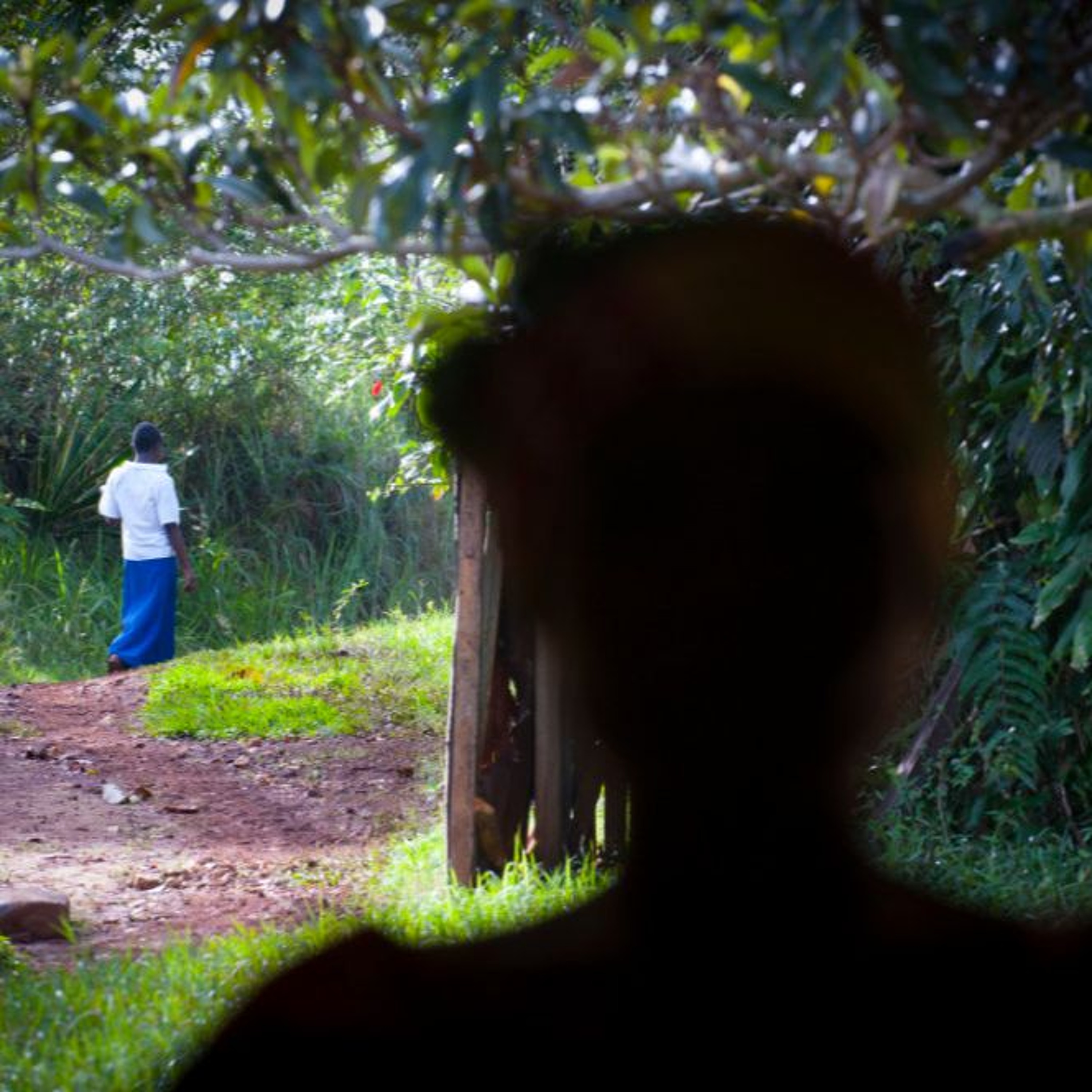 ICRC Humanitarian Law and Policy BlogForced to report: mandatory reporting of sexual violence in armed conflictOver the last decade, the International Committee of the Red Cross (ICRC) and its Red Cross/Red Crescent Movement partners, as well as other humanitarian actors responding to sexual violence, have increasingly raised concerns about mandatory reporting policies and whether they may, in fact, be harming rather than helping victims/survivors of sexual- and gender-based violence. Following its 2020 multi-country study on the unintended humanitarian consequences of mandatory reporting, the ICRC and the British Red Cross (BRC) have continuously advocated for a more cohesive survivor-centered approach that harmonizes the legitimate aims of such laws with victims/survivors’ rights to safe and co...2024-07-0419 min
ICRC Humanitarian Law and Policy BlogForced to report: mandatory reporting of sexual violence in armed conflictOver the last decade, the International Committee of the Red Cross (ICRC) and its Red Cross/Red Crescent Movement partners, as well as other humanitarian actors responding to sexual violence, have increasingly raised concerns about mandatory reporting policies and whether they may, in fact, be harming rather than helping victims/survivors of sexual- and gender-based violence. Following its 2020 multi-country study on the unintended humanitarian consequences of mandatory reporting, the ICRC and the British Red Cross (BRC) have continuously advocated for a more cohesive survivor-centered approach that harmonizes the legitimate aims of such laws with victims/survivors’ rights to safe and co...2024-07-0419 min Men El Miden | من الميدانكيفك، قريت الرسالة؟ | The Power of a Letterتتناول الحلقة السادسة من بودكاست "من الميدان" حكايات الفقدان لأعز الأشخاص خلال النزاعات ودور اللجنة الدولية بإعادة التواصل بين الأفراد الذين فرقتهم أهوال الحروب: "كيفك، قريت الرسالة؟". تستضيف كارلا أبي عقل مستشارة شؤون حماية الروابط العائلية في اللجنة الدولية للصليب الأحمر في لبنان "كريستين فارس"، والممثلة أنجو ريحان اللتي فقدت التواصل مع والدها خلال الاحتلال الإسرائيلي، للبحث في أربعة محاور: 1. الفقدان بين الغصّة والرّسالة وعمل اللجنة . 2.الفقدان في عيد الأب ودعم اللجنة. 3. الفقدان وأهميّة الحياد. 4. الفقدان بين الفن والصّحة النفسية.*** الآراء والمواقف التي يعبّر عنها الضيوف في هذا البودكاست هي آراءهم الشخصيّة ولا تمثّل بالضرورة آراء أو وجهات نظر اللّجنة الدولية للصليب الأحمرThe Sixth episode of the "Men El Miden" podcast, “The Power of a Letter”, delves into poignant stories of families torn apart by conflict and the role of the ICRC in reconnecting loved ones through Red Cross Messages. Discover how a simple letter becomes a lifeline, rekindling hope and reuniting lives shattered by war. Host Carla Abi-Akl welcomes Protection of Family Links Advisor at the International Committee of the Red Cross (ICRC) in Lebanon Christine Fares, and Actress Anjo Rihane, to explore four main topics: 1. Loss between heartbreak and the work of the ICRC. 2. Loss on Father's Day and the support of the ICRC. 3. Loss and the importance of neutrality. 4. Loss between art and mental health.***The views expressed by guests on this podcast are their own and do not necessarily reflect the views or opinions of the ICRC.2024-06-2759 min
Men El Miden | من الميدانكيفك، قريت الرسالة؟ | The Power of a Letterتتناول الحلقة السادسة من بودكاست "من الميدان" حكايات الفقدان لأعز الأشخاص خلال النزاعات ودور اللجنة الدولية بإعادة التواصل بين الأفراد الذين فرقتهم أهوال الحروب: "كيفك، قريت الرسالة؟". تستضيف كارلا أبي عقل مستشارة شؤون حماية الروابط العائلية في اللجنة الدولية للصليب الأحمر في لبنان "كريستين فارس"، والممثلة أنجو ريحان اللتي فقدت التواصل مع والدها خلال الاحتلال الإسرائيلي، للبحث في أربعة محاور: 1. الفقدان بين الغصّة والرّسالة وعمل اللجنة . 2.الفقدان في عيد الأب ودعم اللجنة. 3. الفقدان وأهميّة الحياد. 4. الفقدان بين الفن والصّحة النفسية.*** الآراء والمواقف التي يعبّر عنها الضيوف في هذا البودكاست هي آراءهم الشخصيّة ولا تمثّل بالضرورة آراء أو وجهات نظر اللّجنة الدولية للصليب الأحمرThe Sixth episode of the "Men El Miden" podcast, “The Power of a Letter”, delves into poignant stories of families torn apart by conflict and the role of the ICRC in reconnecting loved ones through Red Cross Messages. Discover how a simple letter becomes a lifeline, rekindling hope and reuniting lives shattered by war. Host Carla Abi-Akl welcomes Protection of Family Links Advisor at the International Committee of the Red Cross (ICRC) in Lebanon Christine Fares, and Actress Anjo Rihane, to explore four main topics: 1. Loss between heartbreak and the work of the ICRC. 2. Loss on Father's Day and the support of the ICRC. 3. Loss and the importance of neutrality. 4. Loss between art and mental health.***The views expressed by guests on this podcast are their own and do not necessarily reflect the views or opinions of the ICRC.2024-06-2759 min Men El Miden | من الميدانقصّة تعاون وتنسيق | A Story of Cooperationتتناول الحلقة الرابعة من بودكاست "من الميدان" قصص تعاون وتنسيق من جائحة كورونا، انفجار مرفأ بيروت، النزاعات والكوارث الطبيعية. تستضيف كارلا أبي عقل المستشار السياسي في اللجنة الدولية للصليب الأحمر – لبنان د."شوقي أمين الدين"، ورئيس جمعية أطباء الطوارئ في نقابة الأطباء في لبنان وبروفيسور في الجامعة الأميركية في بيروت، البروفيسور "أمين قزي"، للبحث في خمسة محاور:1. مكوّنات الحركة الدولية للصليب الأحمر والهلال الأحمر2. الإستجابة خلال النزاعات المسلّحة3. إدارة الكوارث الطبيعية.4.الأوبئة والجوائح (كوفيد-19)5. الإستجابة في انفجار مرفأ بيروت. ***الآراء والمواقف التي يعبّر عنها الضيوف في هذا البودكاست هي آراءهم الشخصيّة ولا تمثّل بالضرورة آراء أو وجهات نظر اللّجنة الدولية للصليب الأحمرThe forth episode of the "Men El Miden" podcast explores "Stories of Cooperation" from COVID19, Beirut Blast, conflicts, and natural disasters. Host Carla Abi-Akl welcomes the Political Advisor at the International Committee of the Red Cross (ICRC) office in Lebanon Dr. Shawky Amine Eddine and the President of the Lebanese Society of Emergency Medicine in the Lebanese Order of Physicians, and a Professor at the American University of Beirut Medical Center, Prof. Amin Kazzi, to explore five main topics:1. The components of the International Movement of the Red Cross and Red Crescent.2. Response to armed conflicts.3. Management of natural disasters.4. Epidemics and pandemics (COVID-19).5. Response to Beirut Port Explosion. ***The views expressed by guests on this podcast are their own and do not necessarily reflect the views or opinions of the ICRC ***The views expressed by guests on this podcast are their own and do not necessarily reflect the views or opinions of the ICRC.2024-05-0953 min
Men El Miden | من الميدانقصّة تعاون وتنسيق | A Story of Cooperationتتناول الحلقة الرابعة من بودكاست "من الميدان" قصص تعاون وتنسيق من جائحة كورونا، انفجار مرفأ بيروت، النزاعات والكوارث الطبيعية. تستضيف كارلا أبي عقل المستشار السياسي في اللجنة الدولية للصليب الأحمر – لبنان د."شوقي أمين الدين"، ورئيس جمعية أطباء الطوارئ في نقابة الأطباء في لبنان وبروفيسور في الجامعة الأميركية في بيروت، البروفيسور "أمين قزي"، للبحث في خمسة محاور:1. مكوّنات الحركة الدولية للصليب الأحمر والهلال الأحمر2. الإستجابة خلال النزاعات المسلّحة3. إدارة الكوارث الطبيعية.4.الأوبئة والجوائح (كوفيد-19)5. الإستجابة في انفجار مرفأ بيروت. ***الآراء والمواقف التي يعبّر عنها الضيوف في هذا البودكاست هي آراءهم الشخصيّة ولا تمثّل بالضرورة آراء أو وجهات نظر اللّجنة الدولية للصليب الأحمرThe forth episode of the "Men El Miden" podcast explores "Stories of Cooperation" from COVID19, Beirut Blast, conflicts, and natural disasters. Host Carla Abi-Akl welcomes the Political Advisor at the International Committee of the Red Cross (ICRC) office in Lebanon Dr. Shawky Amine Eddine and the President of the Lebanese Society of Emergency Medicine in the Lebanese Order of Physicians, and a Professor at the American University of Beirut Medical Center, Prof. Amin Kazzi, to explore five main topics:1. The components of the International Movement of the Red Cross and Red Crescent.2. Response to armed conflicts.3. Management of natural disasters.4. Epidemics and pandemics (COVID-19).5. Response to Beirut Port Explosion. ***The views expressed by guests on this podcast are their own and do not necessarily reflect the views or opinions of the ICRC ***The views expressed by guests on this podcast are their own and do not necessarily reflect the views or opinions of the ICRC.2024-05-0953 min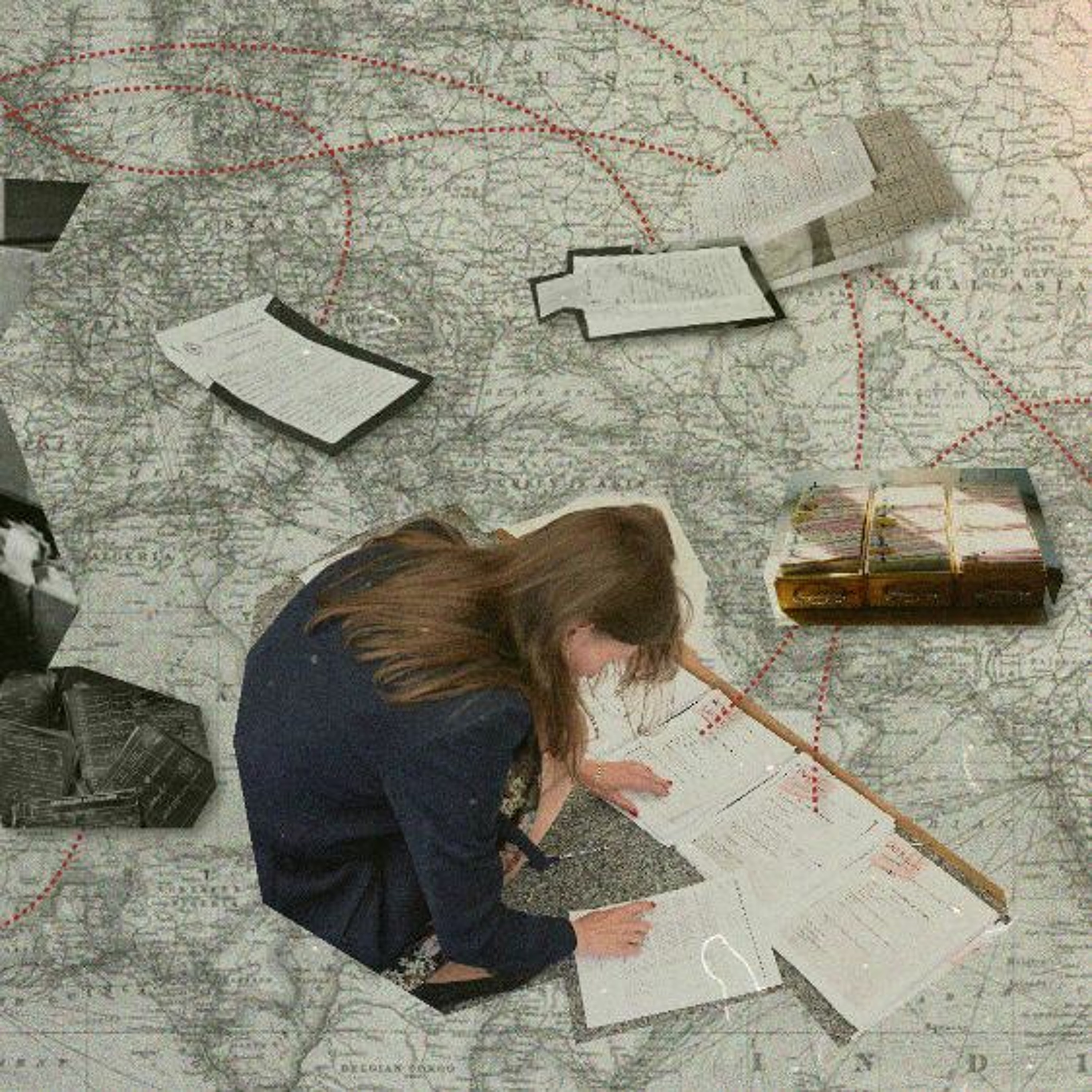 ICRC Humanitarian Law and Policy BlogThe transmission of information by the ICRC's Central Tracing Agency in int't armed conflictsTwo years ago, the International Committee of the Red Cross (ICRC) Central Tracing Agency activated a dedicated Bureau for the international armed conflict between Russia and Ukraine, the first time since the Gulf Wars. The role of such a Bureau includes helping locate missing persons. While this is a key function of the ICRC’s Central Tracing Agency, there is more to its role specifically during an international armed conflict that is worth re-discovering.
In this post, Natalie Klein-Kelly, ICRC’s Transformation Programme Manager for the Central Tracing Agency, Karen Loehner, ICRC’s National Information Bureau Manager, and Jelena Milosevic Lepoti...2024-02-2911 min
ICRC Humanitarian Law and Policy BlogThe transmission of information by the ICRC's Central Tracing Agency in int't armed conflictsTwo years ago, the International Committee of the Red Cross (ICRC) Central Tracing Agency activated a dedicated Bureau for the international armed conflict between Russia and Ukraine, the first time since the Gulf Wars. The role of such a Bureau includes helping locate missing persons. While this is a key function of the ICRC’s Central Tracing Agency, there is more to its role specifically during an international armed conflict that is worth re-discovering.
In this post, Natalie Klein-Kelly, ICRC’s Transformation Programme Manager for the Central Tracing Agency, Karen Loehner, ICRC’s National Information Bureau Manager, and Jelena Milosevic Lepoti...2024-02-2911 min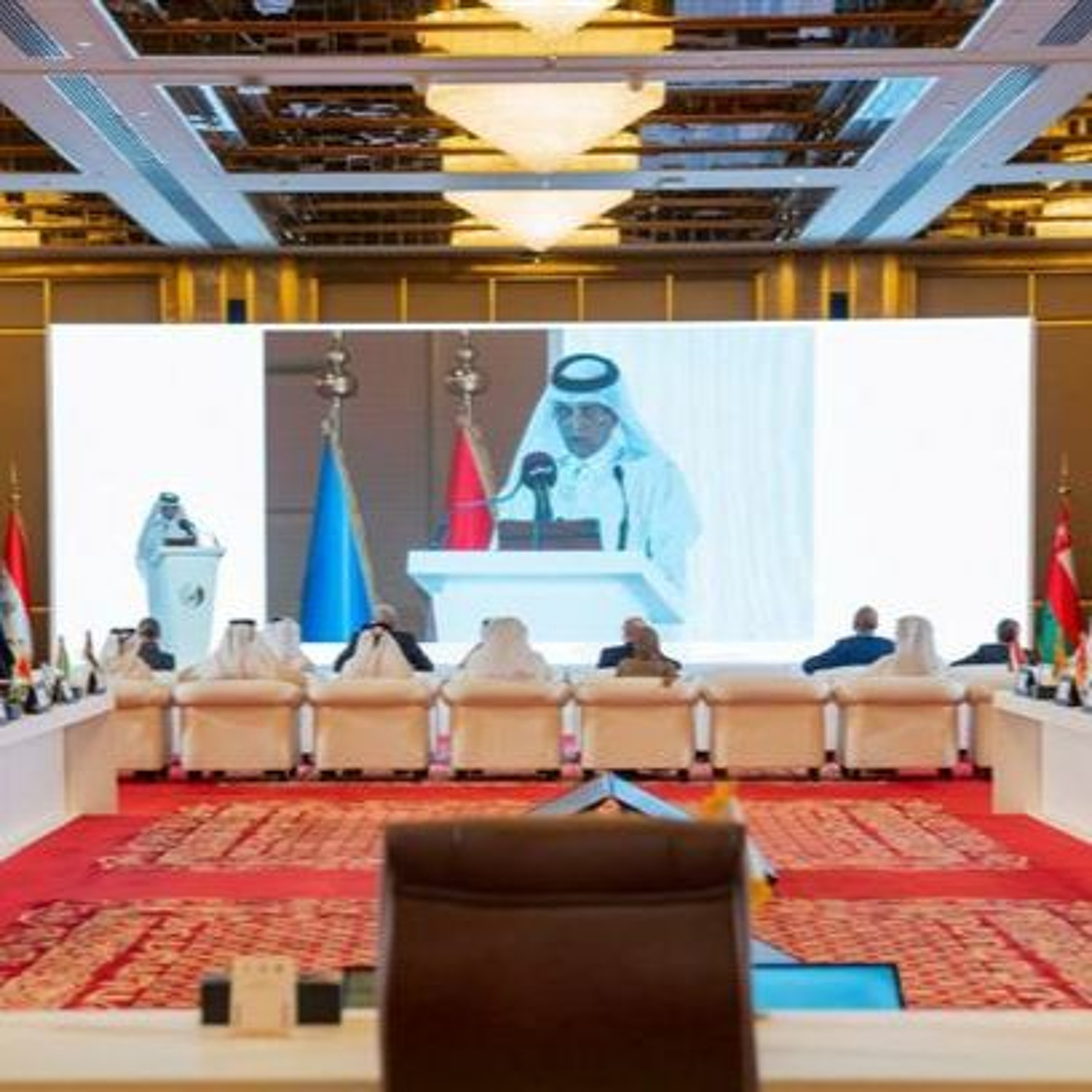 ICRC Humanitarian Law and Policy BlogTowards national implementation of IHL: Arab states pledge their commitmentThe work and contribution of national committees on IHL (NCIHLs) can be relevant in a range of circumstances, whether a country is at peace, emerging from conflict, still affected by past conflict or involved in one or more current armed conflicts. Many successful national structures are proof that if they function efficiently and have the required capacities, NCIHLs can provide considerable support to states in implementing their commitments under international humanitarian law (IHL) and achieving policy objectives in this area.
The roads to national implementation of IHL can vary, creating new opportunities through events that arise, and actors encountered along...2024-02-1509 min
ICRC Humanitarian Law and Policy BlogTowards national implementation of IHL: Arab states pledge their commitmentThe work and contribution of national committees on IHL (NCIHLs) can be relevant in a range of circumstances, whether a country is at peace, emerging from conflict, still affected by past conflict or involved in one or more current armed conflicts. Many successful national structures are proof that if they function efficiently and have the required capacities, NCIHLs can provide considerable support to states in implementing their commitments under international humanitarian law (IHL) and achieving policy objectives in this area.
The roads to national implementation of IHL can vary, creating new opportunities through events that arise, and actors encountered along...2024-02-1509 min ICRC Humanitarian Law and Policy BlogResponding to climate risks in conflict settings: in search of solutionsAt COP28, states and organizations will adopt a Declaration on Climate, Relief, Recovery and Peace, committing to strengthen climate action and finance in conflict and fragile settings. Over the last few years, the ICRC has carried out analysis on reducing the impacts of the climate and environment crisis on people enduring conflict, notably captured in a new report, Weathering the Storm.
In this post, part of a series on Climate Change, Conflict and Humanitarian Action, Catherine-Lune Grayson and Amir Khouzam, co-authors of the report and respectively head of the policy team and policy advisor at the ICRC, reflect on dilemmas...2023-11-2313 min
ICRC Humanitarian Law and Policy BlogResponding to climate risks in conflict settings: in search of solutionsAt COP28, states and organizations will adopt a Declaration on Climate, Relief, Recovery and Peace, committing to strengthen climate action and finance in conflict and fragile settings. Over the last few years, the ICRC has carried out analysis on reducing the impacts of the climate and environment crisis on people enduring conflict, notably captured in a new report, Weathering the Storm.
In this post, part of a series on Climate Change, Conflict and Humanitarian Action, Catherine-Lune Grayson and Amir Khouzam, co-authors of the report and respectively head of the policy team and policy advisor at the ICRC, reflect on dilemmas...2023-11-2313 min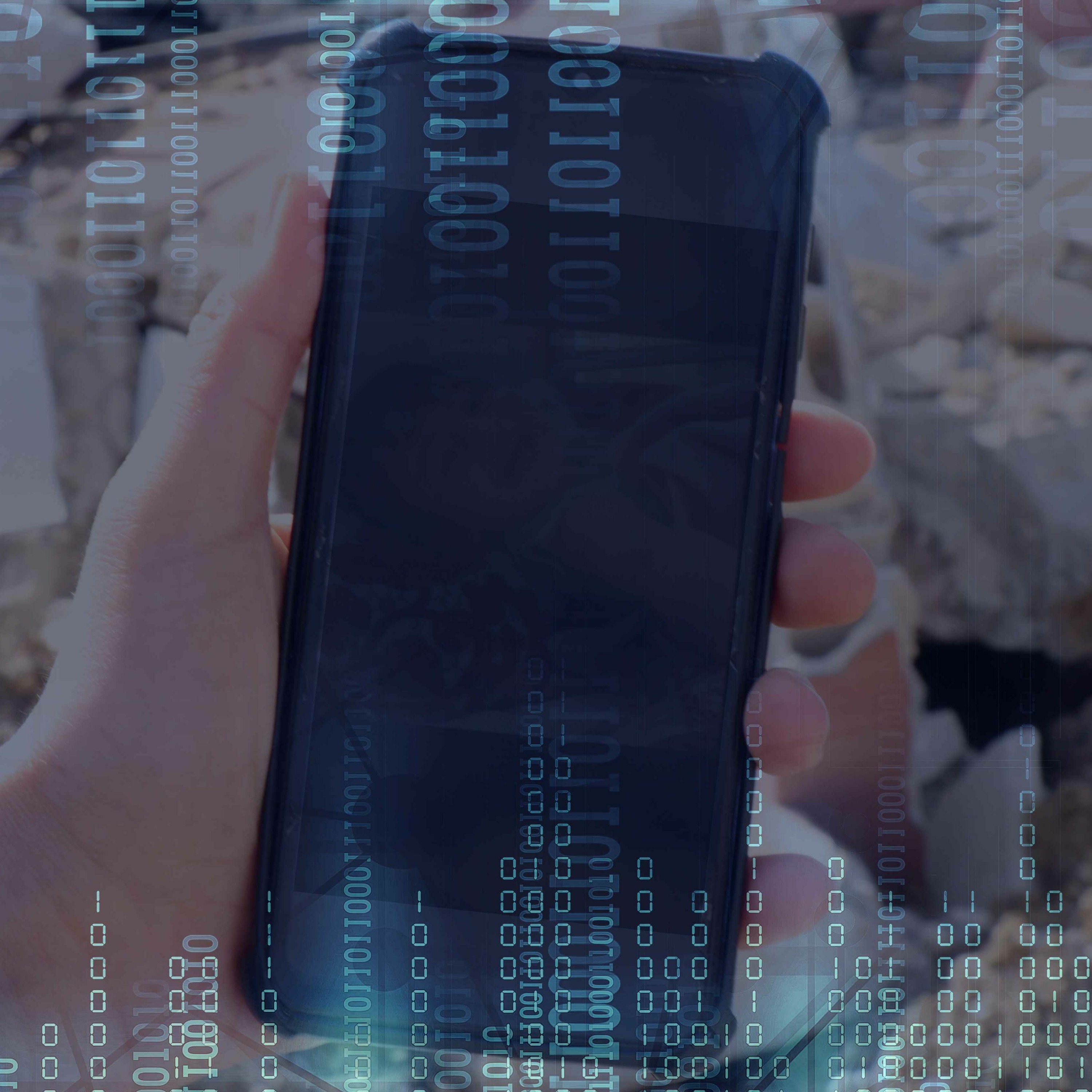 ICRC Humanitarian Law and Policy BlogProtecting civilians against digital threats: 4 worrying trends and recommendations to address themIn situations of armed conflict, access to digital technology can save lives. But the use of cyber, information, and other digital operations by belligerents during armed conflict also brings new threats and risks for civilians. Think about cyber operations disrupting civilian infrastructure and services, information operations inciting violence against civilian populations, and digital operations undermining humanitarian relief efforts. In ever-more interdependent digital and physical environments, civilians and civilian infrastructure are increasingly drawn upon to support military operations and, as a result, face real risks of being targeted. As digital technologies permeate our lives and societies, cyber and information operations are...2023-10-1814 min
ICRC Humanitarian Law and Policy BlogProtecting civilians against digital threats: 4 worrying trends and recommendations to address themIn situations of armed conflict, access to digital technology can save lives. But the use of cyber, information, and other digital operations by belligerents during armed conflict also brings new threats and risks for civilians. Think about cyber operations disrupting civilian infrastructure and services, information operations inciting violence against civilian populations, and digital operations undermining humanitarian relief efforts. In ever-more interdependent digital and physical environments, civilians and civilian infrastructure are increasingly drawn upon to support military operations and, as a result, face real risks of being targeted. As digital technologies permeate our lives and societies, cyber and information operations are...2023-10-1814 min ICRC Humanitarian Law and Policy BlogFoghorns of war: IHL and information operations during armed conflict“In war, truth is the first casualty” is perhaps one of the best known aphorisms about armed conflict. Information operations have long been conducted to influence or mislead military adversaries or civilian populations during war. However, the instantaneous transmission of information from any distance – through social media platforms and messaging apps – has changed the scale, speed, and reach of information operations. Today, generative artificial intelligence provides seemingly infinite possibilities to create misleading or dangerous content. In light of these developments, states (para. 33 and 57), humanitarians and human rights advocates have voiced concern that spreading harmful information risks inciting violence, causing distress, increasi...2023-10-1114 min
ICRC Humanitarian Law and Policy BlogFoghorns of war: IHL and information operations during armed conflict“In war, truth is the first casualty” is perhaps one of the best known aphorisms about armed conflict. Information operations have long been conducted to influence or mislead military adversaries or civilian populations during war. However, the instantaneous transmission of information from any distance – through social media platforms and messaging apps – has changed the scale, speed, and reach of information operations. Today, generative artificial intelligence provides seemingly infinite possibilities to create misleading or dangerous content. In light of these developments, states (para. 33 and 57), humanitarians and human rights advocates have voiced concern that spreading harmful information risks inciting violence, causing distress, increasi...2023-10-1114 min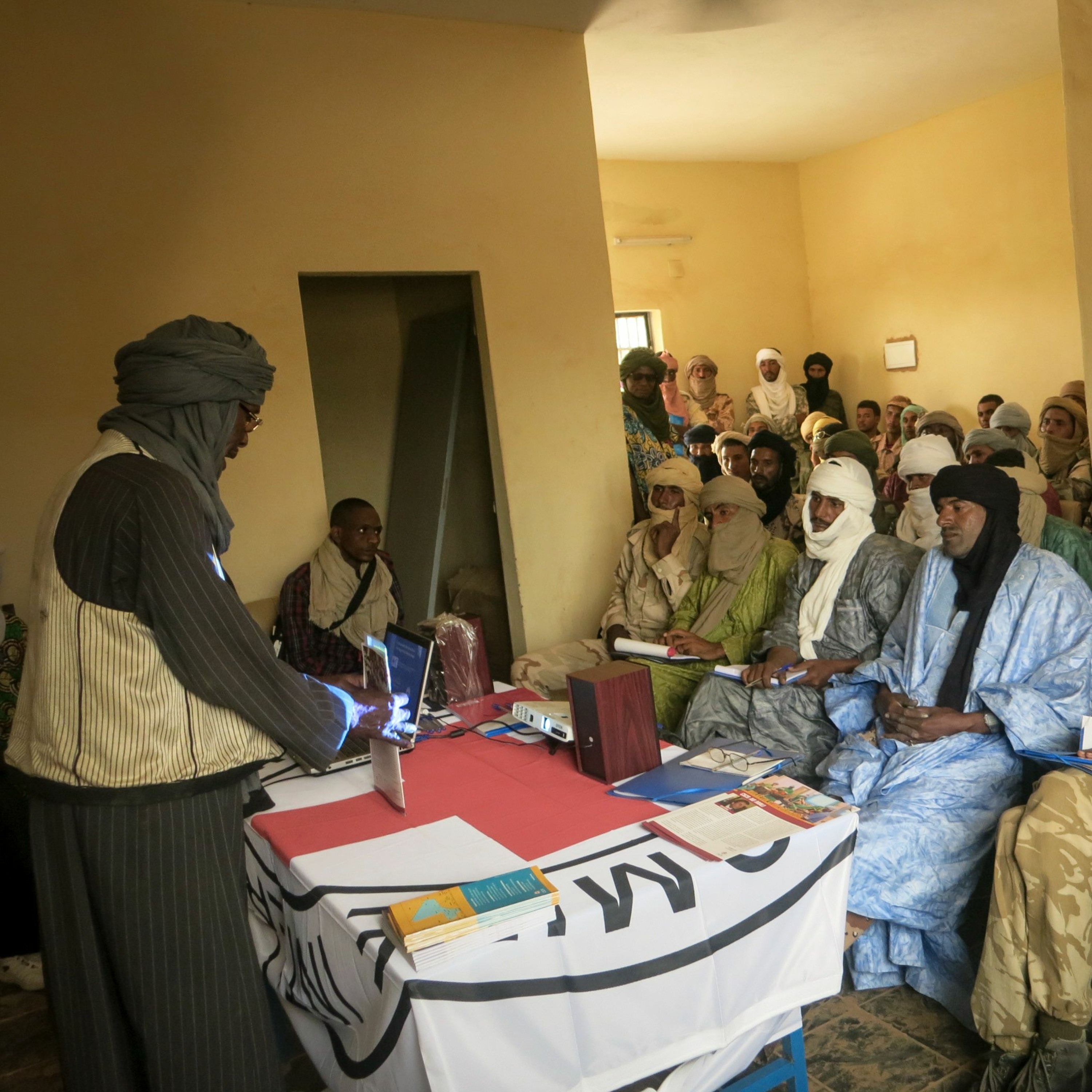 ICRC Humanitarian Law and Policy BlogICRC engagement with armed groups in 2023In line with its mandate, the ICRC engages with all parties to an armed conflict, including non-state armed groups. The ICRC has a long history of confidential humanitarian engagement with armed groups to alleviate and prevent the suffering of persons living in areas controlled by these groups. However, this engagement has become increasingly complex. Accordingly, the ICRC undertakes an annual internal exercise to evaluate the status of its relationships with armed groups and to identify developments to strengthen its future engagement worldwide. In this post, ICRC Adviser Matthew Bamber-Zryd discusses some of the key findings from this exercise.
In 2023, the...2023-10-0915 min
ICRC Humanitarian Law and Policy BlogICRC engagement with armed groups in 2023In line with its mandate, the ICRC engages with all parties to an armed conflict, including non-state armed groups. The ICRC has a long history of confidential humanitarian engagement with armed groups to alleviate and prevent the suffering of persons living in areas controlled by these groups. However, this engagement has become increasingly complex. Accordingly, the ICRC undertakes an annual internal exercise to evaluate the status of its relationships with armed groups and to identify developments to strengthen its future engagement worldwide. In this post, ICRC Adviser Matthew Bamber-Zryd discusses some of the key findings from this exercise.
In 2023, the...2023-10-0915 min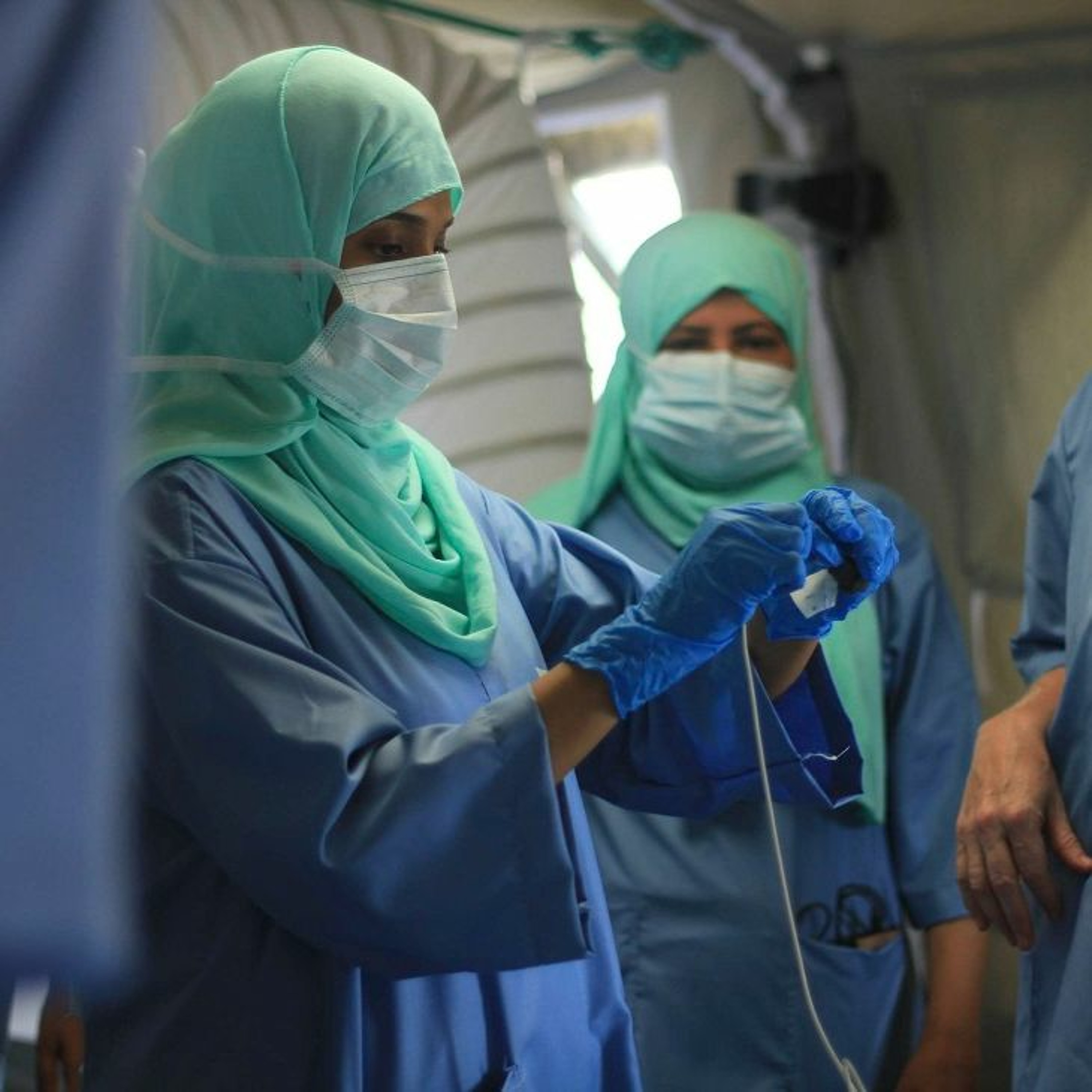 ICRC Humanitarian Law and Policy BlogArmed conflict and the pandemic accord: what states should do next for conflict-affected populationsArmed conflict and other humanitarian emergencies disrupt health systems in many ways: making healthcare less accessible to people in need; reducing the capacities of the health workforce; weakening health infrastructure and causing the degradation or collapse of other essential services on which health systems depend. Sometimes during conflict, health structures are themselves targeted, increasing the vulnerability of health systems. All this makes addressing pandemic prevention, preparedness and response (PPPR) in such settings extremely difficult, and means that, in reality, responses to the needs of people in these settings continuously fall short. As COVID-19 recedes in memory, it’s vital that th...2023-09-0511 min
ICRC Humanitarian Law and Policy BlogArmed conflict and the pandemic accord: what states should do next for conflict-affected populationsArmed conflict and other humanitarian emergencies disrupt health systems in many ways: making healthcare less accessible to people in need; reducing the capacities of the health workforce; weakening health infrastructure and causing the degradation or collapse of other essential services on which health systems depend. Sometimes during conflict, health structures are themselves targeted, increasing the vulnerability of health systems. All this makes addressing pandemic prevention, preparedness and response (PPPR) in such settings extremely difficult, and means that, in reality, responses to the needs of people in these settings continuously fall short. As COVID-19 recedes in memory, it’s vital that th...2023-09-0511 min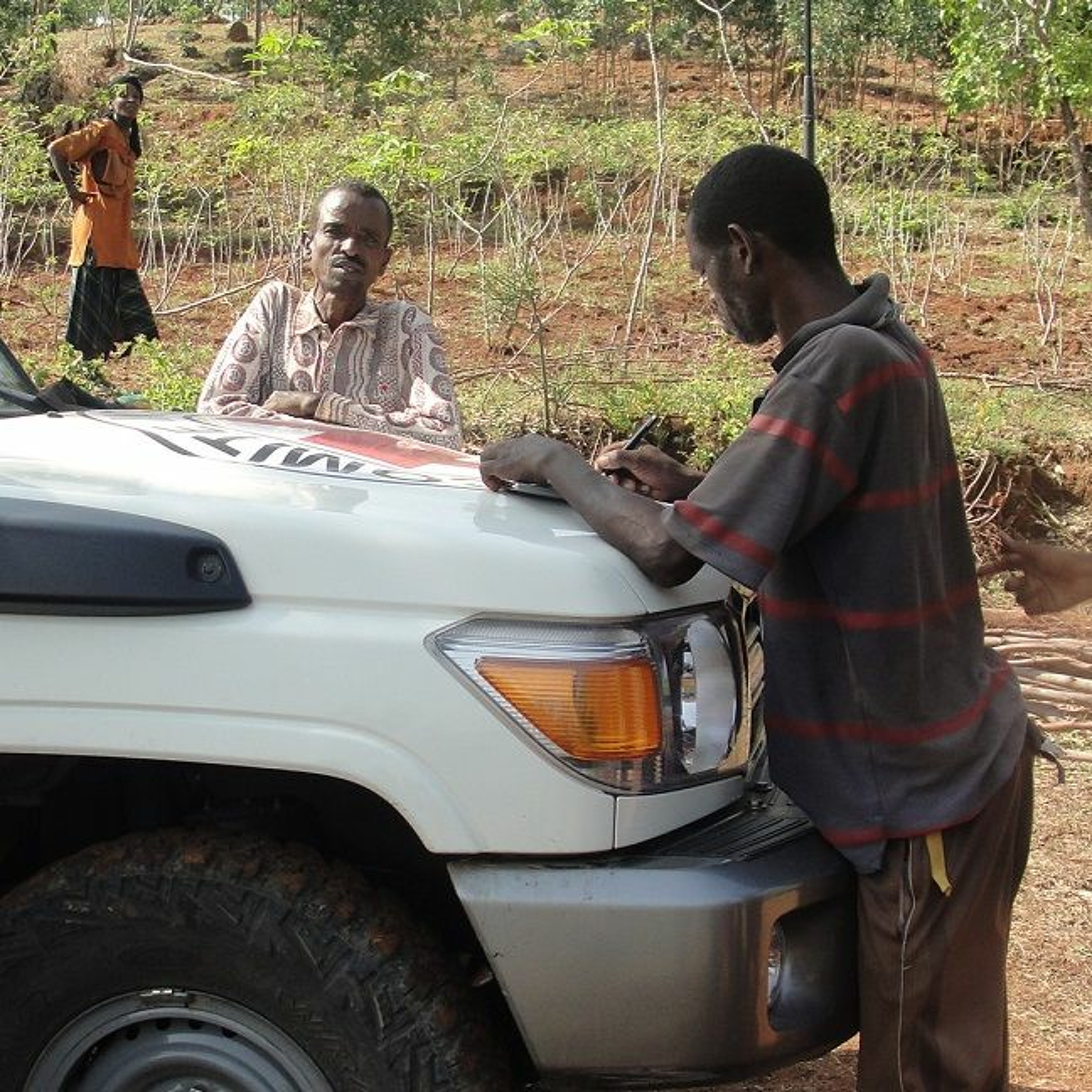 ICRC Humanitarian Law and Policy BlogNavigating dilemmas in people-centric humanitarian actionThere is now a general consensus that being accountable to people affected by conflict and their inclusion in programming is both a moral and ethical imperative for humanitarian actors and that it enhances the impact and relevance of the response. Humanitarian practitioners successfully approach the practice of accountability to affected people through the logic of a program cycle: involving communities in the assessment phase and respecting their wishes in the implementation phase leads to people-centric programming. Such approaches, however, as important as they are, hide many tensions and dilemmas inherent in humanitarian response, especially in conflict settings and protection interventions.
...2023-08-3120 min
ICRC Humanitarian Law and Policy BlogNavigating dilemmas in people-centric humanitarian actionThere is now a general consensus that being accountable to people affected by conflict and their inclusion in programming is both a moral and ethical imperative for humanitarian actors and that it enhances the impact and relevance of the response. Humanitarian practitioners successfully approach the practice of accountability to affected people through the logic of a program cycle: involving communities in the assessment phase and respecting their wishes in the implementation phase leads to people-centric programming. Such approaches, however, as important as they are, hide many tensions and dilemmas inherent in humanitarian response, especially in conflict settings and protection interventions.
...2023-08-3120 min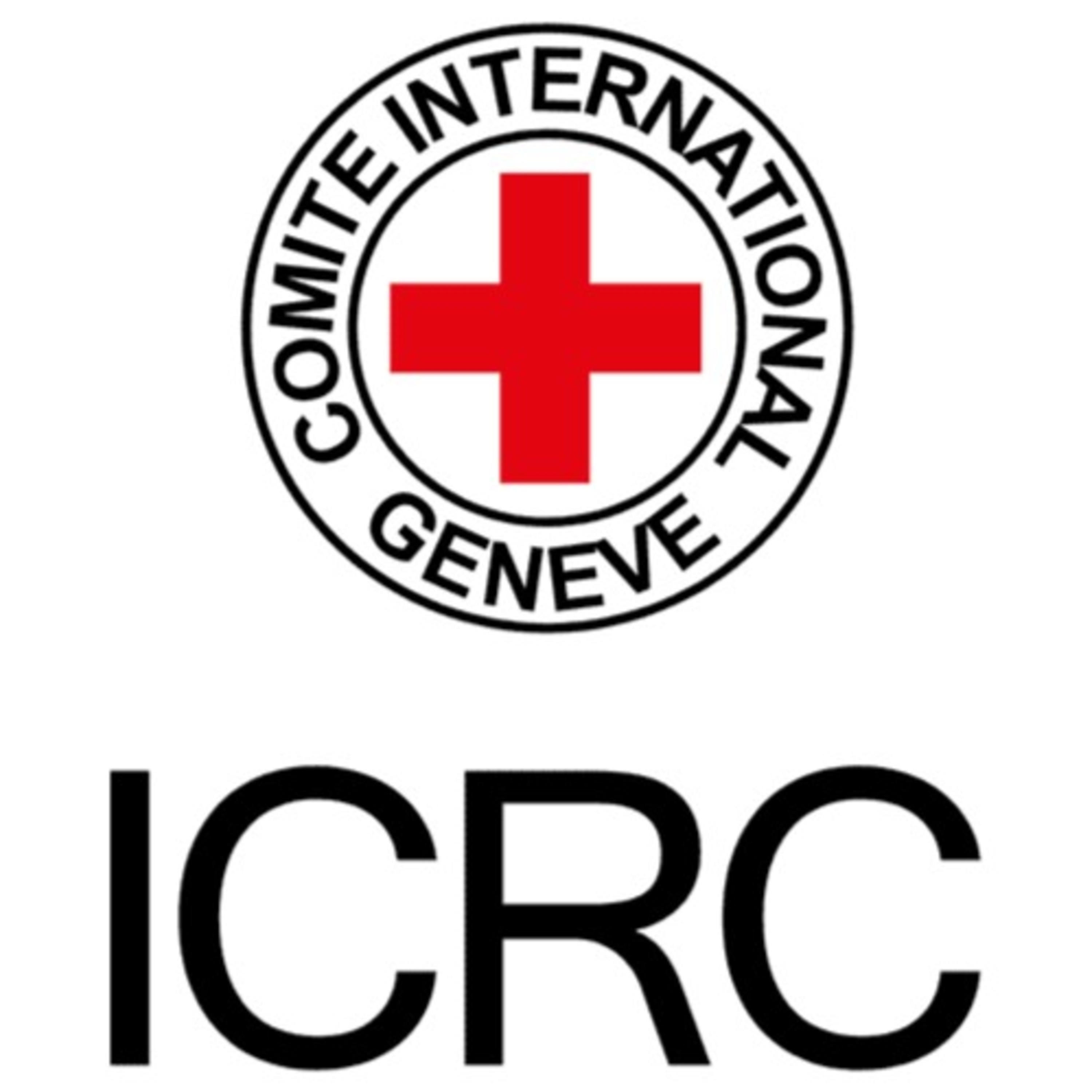 اللجنة الدولية للصليب الأحمرعن المفقودين في العراقملف المفقودين في العراق يعد أحد أكبر ملفات المفقودين في المنطقة والعالم، إذ يتجاوز عدد المفقودين في العراق مئات الآلاف. في هذه الحلقة وبمناسبة اليوم العالمي للمفقودين، دعونا نتحدّث عن المفقودين في العراق.لمزيد من المعلومات عن اللجنة الدولية زوروا موقعنا https://www.icrc.org/ar/وتابعونا علي فيس بوك https://www.facebook.com/ICRCarabic/وتويتر https://twitter.com/ICRC_ar2023-08-3116 min
اللجنة الدولية للصليب الأحمرعن المفقودين في العراقملف المفقودين في العراق يعد أحد أكبر ملفات المفقودين في المنطقة والعالم، إذ يتجاوز عدد المفقودين في العراق مئات الآلاف. في هذه الحلقة وبمناسبة اليوم العالمي للمفقودين، دعونا نتحدّث عن المفقودين في العراق.لمزيد من المعلومات عن اللجنة الدولية زوروا موقعنا https://www.icrc.org/ar/وتابعونا علي فيس بوك https://www.facebook.com/ICRCarabic/وتويتر https://twitter.com/ICRC_ar2023-08-3116 min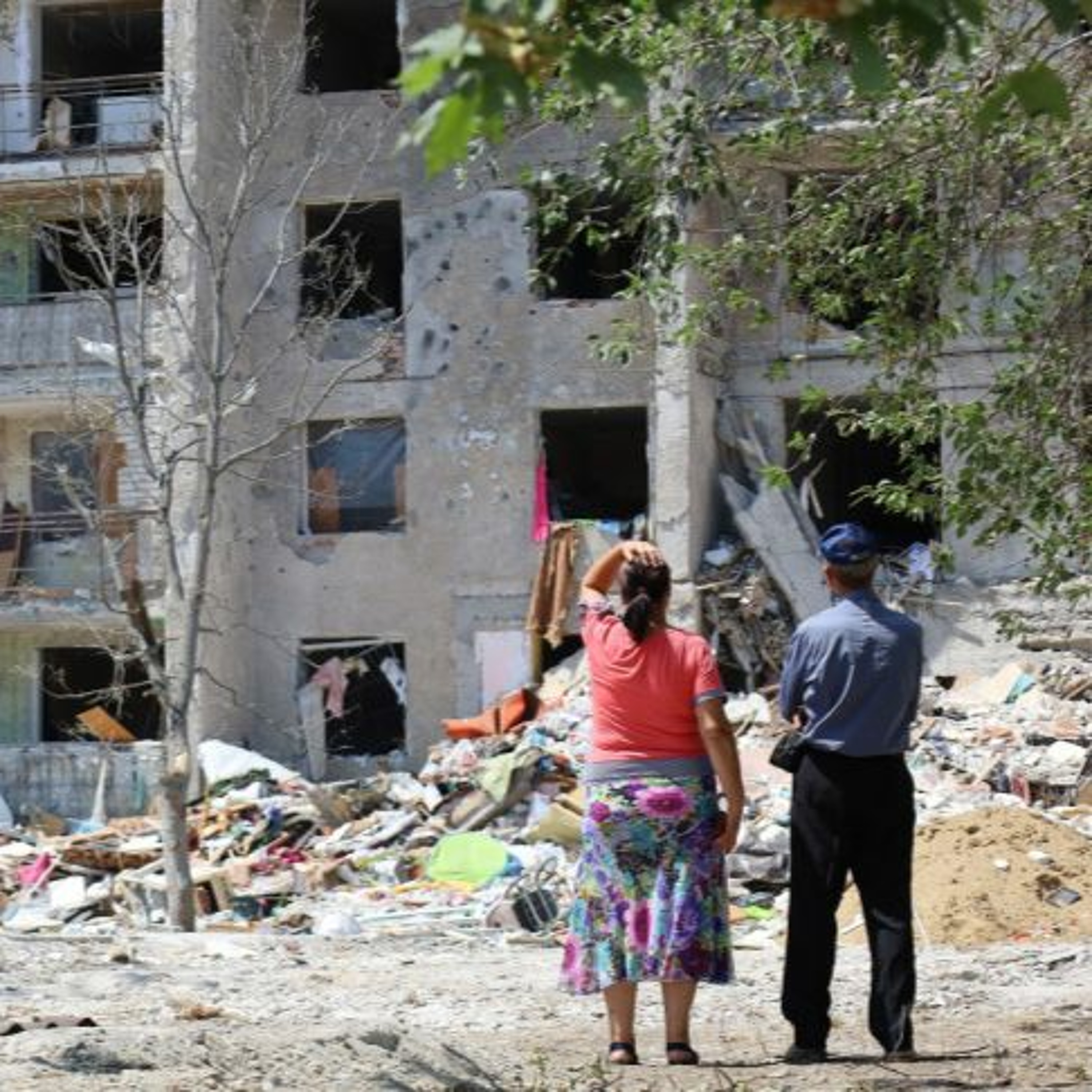 ICRC Humanitarian Law and Policy BlogPeople, principles, and processes: accountability in humanitarian actionIn an ever-evolving global landscape, the dynamics of humanitarian work are constantly challenged and shaped by new realities. From acknowledging power imbalances and unconscious biases to embracing the essence of empathy and trust, humanitarians seek to navigate the delicate balance between procedural efficiency and the profound simplicity of human connection.
In this post, David Loquercio, ICRC’s Head of Accountability to Affected People, and Martin Schüepp, ICRC’s Director of Operations, examine the pivotal role of relationships and mindsets in the humanitarian sector, with a focused lens on the ICRC’s people-centric approach. Highlighting the importance of adaptability, multi-level account...2023-08-2920 min
ICRC Humanitarian Law and Policy BlogPeople, principles, and processes: accountability in humanitarian actionIn an ever-evolving global landscape, the dynamics of humanitarian work are constantly challenged and shaped by new realities. From acknowledging power imbalances and unconscious biases to embracing the essence of empathy and trust, humanitarians seek to navigate the delicate balance between procedural efficiency and the profound simplicity of human connection.
In this post, David Loquercio, ICRC’s Head of Accountability to Affected People, and Martin Schüepp, ICRC’s Director of Operations, examine the pivotal role of relationships and mindsets in the humanitarian sector, with a focused lens on the ICRC’s people-centric approach. Highlighting the importance of adaptability, multi-level account...2023-08-2920 min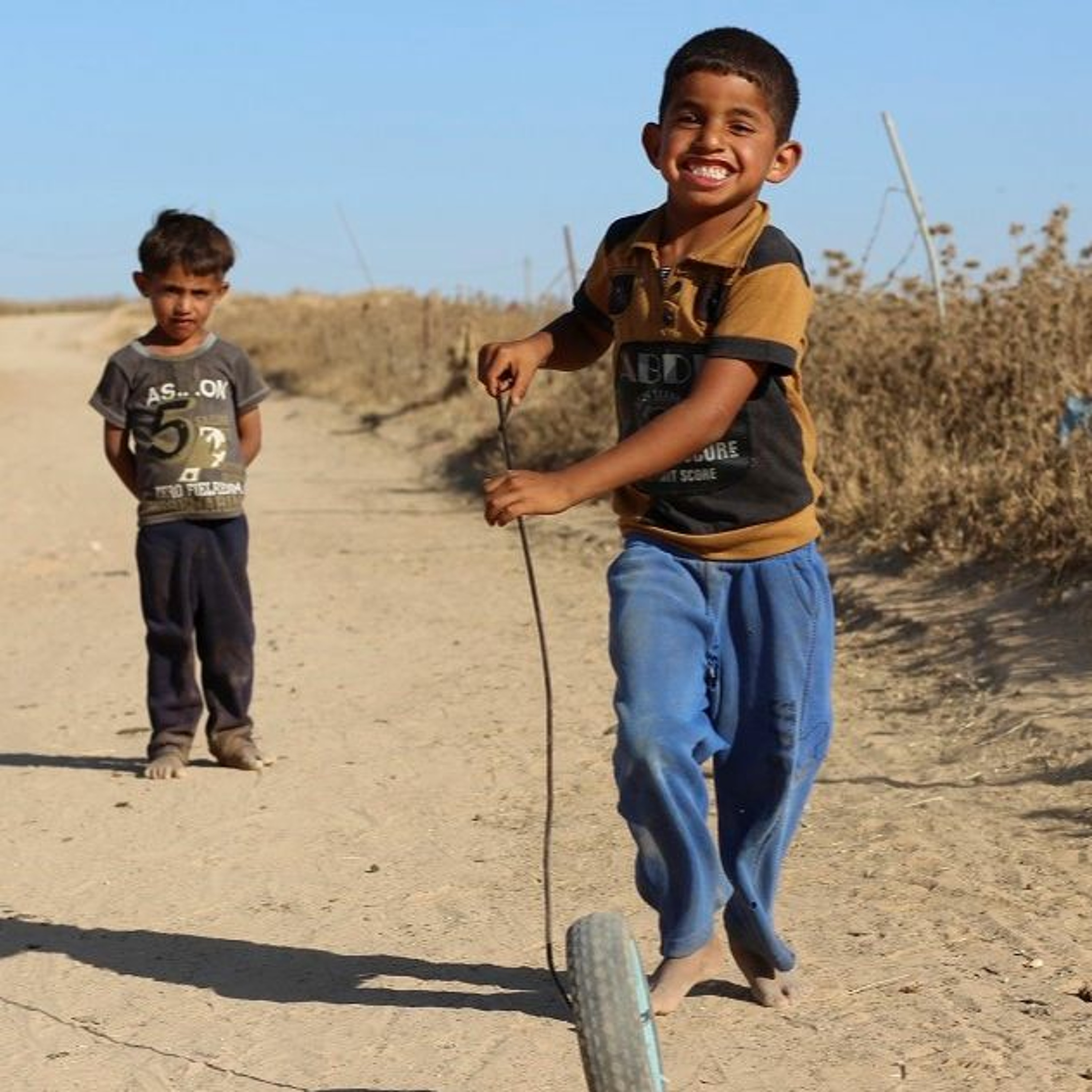 ICRC Humanitarian Law and Policy BlogTowards a disability-inclusive IHL: ICRC views and recommendationsAs a 2022 global report by the World Health Organization estimates, about 1.3 billion people – or 16% of the world’s population, more than one in six people – have a disability. In armed-conflict affected areas, the number could be even higher, upwards of 18-30%. Beyond every figure, there are personal experiences and potentially lethal risks.
In this post, ICRC Senior Legal Adviser Alexander Breitegger outlines some of the barriers and risks persons with disabilities face during armed conflicts, the rules pertaining to their protection, and recommendations to pave the way towards a more disability-inclusive interpretation of international humanitarian law (IHL).2023-07-0613 min
ICRC Humanitarian Law and Policy BlogTowards a disability-inclusive IHL: ICRC views and recommendationsAs a 2022 global report by the World Health Organization estimates, about 1.3 billion people – or 16% of the world’s population, more than one in six people – have a disability. In armed-conflict affected areas, the number could be even higher, upwards of 18-30%. Beyond every figure, there are personal experiences and potentially lethal risks.
In this post, ICRC Senior Legal Adviser Alexander Breitegger outlines some of the barriers and risks persons with disabilities face during armed conflicts, the rules pertaining to their protection, and recommendations to pave the way towards a more disability-inclusive interpretation of international humanitarian law (IHL).2023-07-0613 min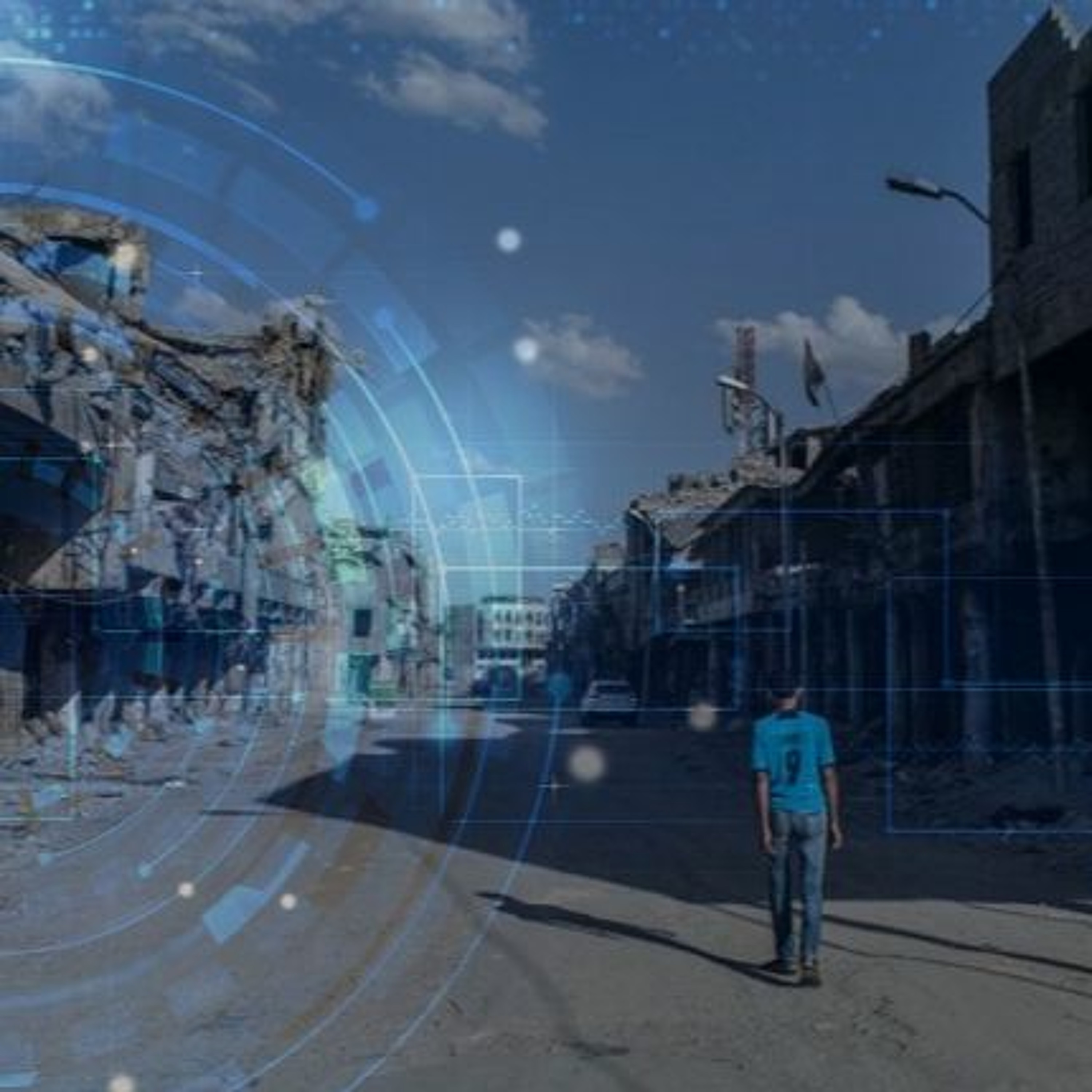 ICRC Humanitarian Law and Policy BlogHarnessing the power of Artificial Intelligence to uncover patterns of violenceThis month saw the successful conclusion to a year-long collaboration between the ICRC and the Swiss Data Science Centre – a joint venture between Switzerland’s two federal institutes of technology, EPFL[1] and ETHZ[2] – on a research project to track patterns of violence.[3] The collaboration produced an algorithm, developed to reclassify open-source data according to international legal norms and trained by machine learning, that will permit the ICRC to have deeper insights into patterns of violence by armed forces and armed groups. The project’s findings were launched during an event on the 9th of May at the ICRC Humanitarium.
In this pos...2023-05-2510 min
ICRC Humanitarian Law and Policy BlogHarnessing the power of Artificial Intelligence to uncover patterns of violenceThis month saw the successful conclusion to a year-long collaboration between the ICRC and the Swiss Data Science Centre – a joint venture between Switzerland’s two federal institutes of technology, EPFL[1] and ETHZ[2] – on a research project to track patterns of violence.[3] The collaboration produced an algorithm, developed to reclassify open-source data according to international legal norms and trained by machine learning, that will permit the ICRC to have deeper insights into patterns of violence by armed forces and armed groups. The project’s findings were launched during an event on the 9th of May at the ICRC Humanitarium.
In this pos...2023-05-2510 min ICRC Humanitarian Law and Policy BlogA safety net for prisoners of war: five key principles of the Third Geneva ConventionAfter the Second World War, countries came together to improve the legal protection available to certain categories of persons – including prisoners of war – many of whom had suffered greatly during the conflict. The provisions relating to the protection of prisoners of war are contained in the Third Geneva Convention that was adopted in 1949. The vast majority of the 143 articles of that Convention relate to the material conditions for the internment of prisoners of war.
In this post, former ICRC Legal Adviser Yvette Issar discusses some of the key principles that run through the Third Convention, underpinning the rules that serve to p...2023-04-2712 min
ICRC Humanitarian Law and Policy BlogA safety net for prisoners of war: five key principles of the Third Geneva ConventionAfter the Second World War, countries came together to improve the legal protection available to certain categories of persons – including prisoners of war – many of whom had suffered greatly during the conflict. The provisions relating to the protection of prisoners of war are contained in the Third Geneva Convention that was adopted in 1949. The vast majority of the 143 articles of that Convention relate to the material conditions for the internment of prisoners of war.
In this post, former ICRC Legal Adviser Yvette Issar discusses some of the key principles that run through the Third Convention, underpinning the rules that serve to p...2023-04-2712 min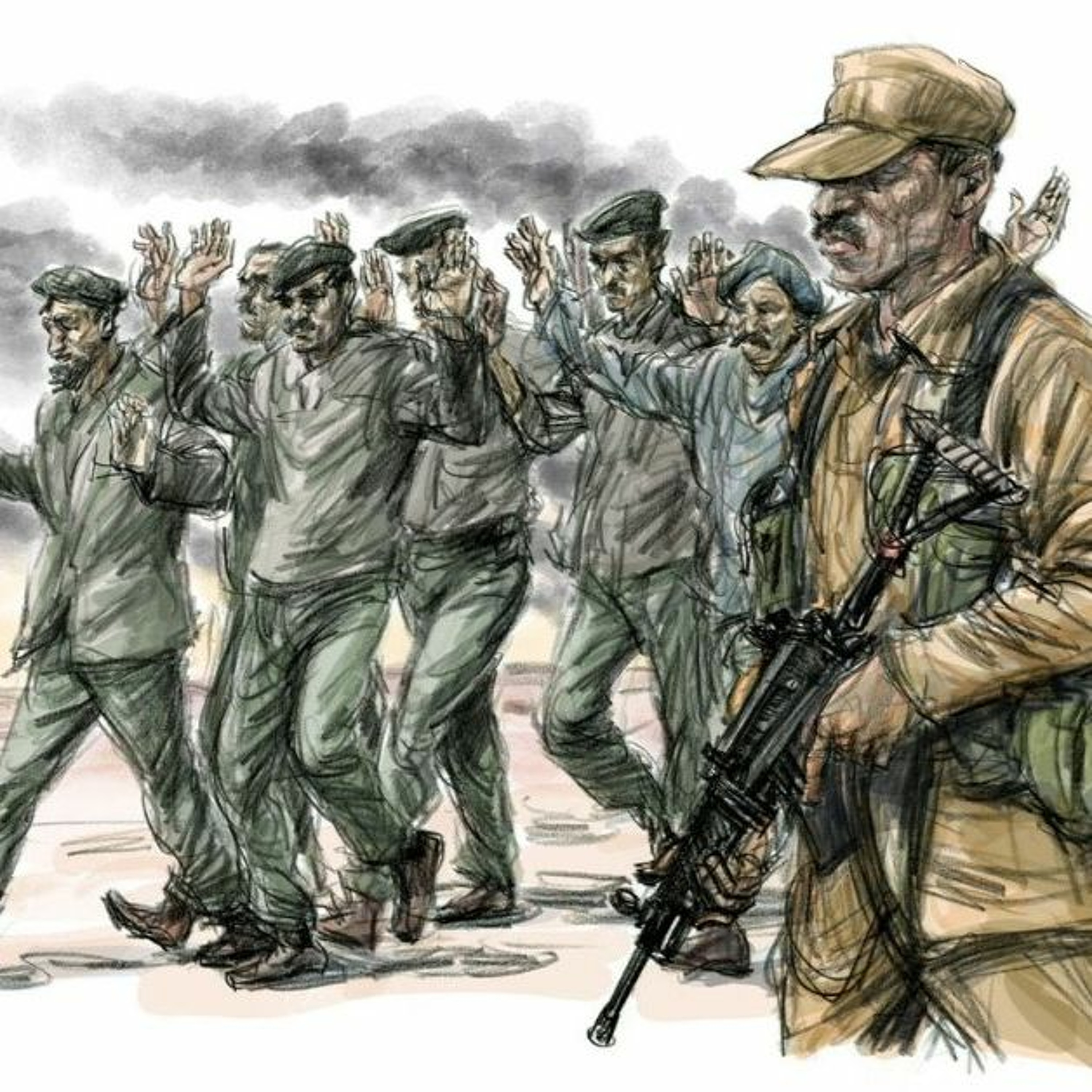 ICRC Humanitarian Law and Policy BlogDetention by non-State armed groups: translating law to practiceFrom the east of the Democratic Republic of the Congo to the north of Syria, from remote areas of Colombia to the Tigray region of Ethiopia: over the past decade, tens of thousands of people have found themselves detained by non-State armed groups. As part of its mandate, the ICRC works in all parts of the world to protect detainees by State and non-State parties to armed conflicts. Conscious of the unique insight this work provides, the ICRC is now publishing examples from over 80 non-State armed groups on how they have aimed to implement their international humanitarian law (IHL) obligations...2023-03-3113 min
ICRC Humanitarian Law and Policy BlogDetention by non-State armed groups: translating law to practiceFrom the east of the Democratic Republic of the Congo to the north of Syria, from remote areas of Colombia to the Tigray region of Ethiopia: over the past decade, tens of thousands of people have found themselves detained by non-State armed groups. As part of its mandate, the ICRC works in all parts of the world to protect detainees by State and non-State parties to armed conflicts. Conscious of the unique insight this work provides, the ICRC is now publishing examples from over 80 non-State armed groups on how they have aimed to implement their international humanitarian law (IHL) obligations...2023-03-3113 min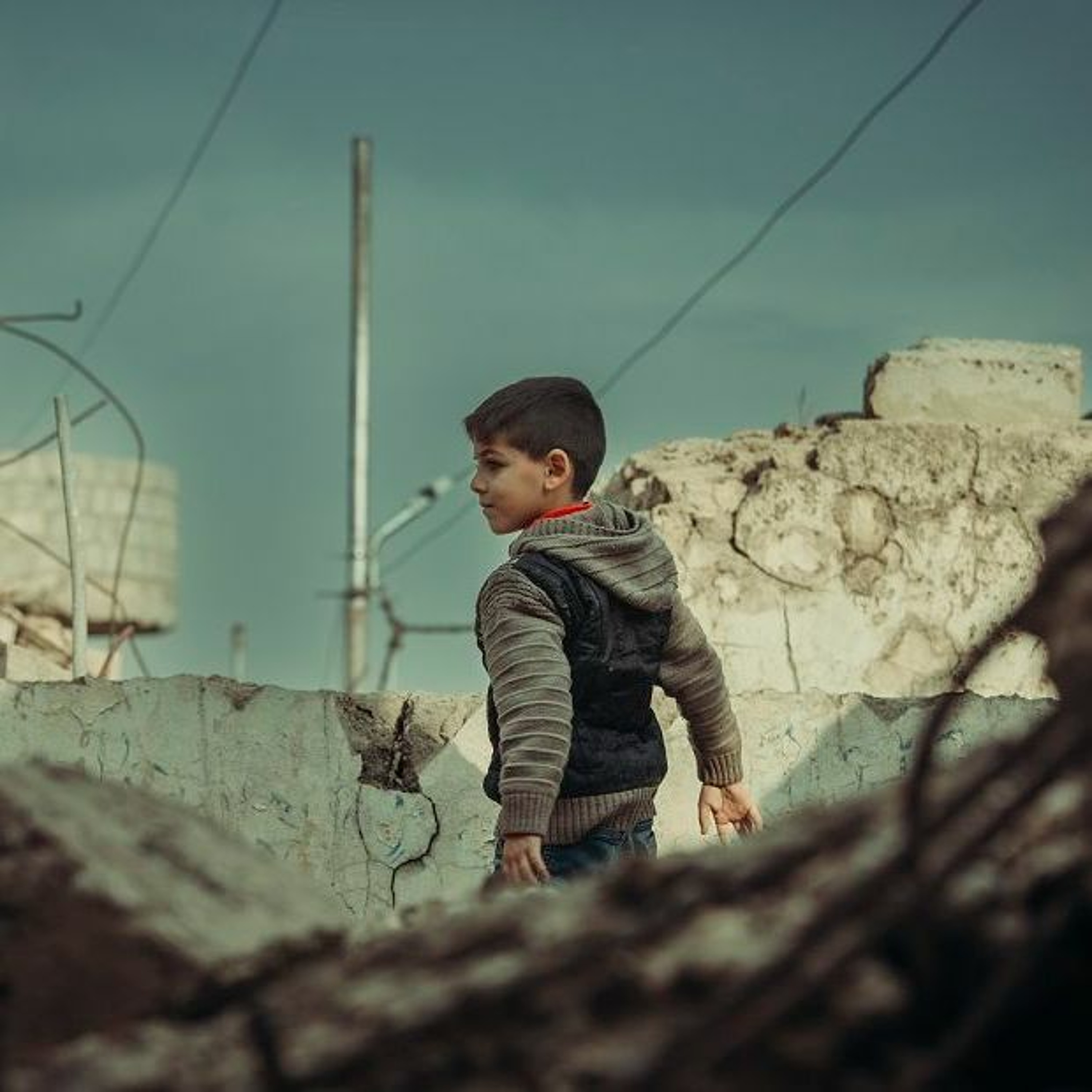 ICRC Humanitarian Law and Policy BlogThe NSAG handbook: helping non-State armed groups reduce civilian harm during urban warfareToday, more than half of the world’s population lives in urban areas. As the number of people living in cities increases, so does the prevalence of urban warfare, which inevitably entails devastating humanitarian consequences for civilians.
In this post, ICRC Adviser Ruben Stewart and ICRC Associate Celia Edeline share some of the key findings of a new report they will launch on the 4th of April 2023, ‘Reducing Civilian Harm in Urban Warfare: A Handbook for Armed Groups’, as part of the organization’s broader efforts to reduce the civilian suffering caused by hostilities occurring in urban environments.2023-03-3010 min
ICRC Humanitarian Law and Policy BlogThe NSAG handbook: helping non-State armed groups reduce civilian harm during urban warfareToday, more than half of the world’s population lives in urban areas. As the number of people living in cities increases, so does the prevalence of urban warfare, which inevitably entails devastating humanitarian consequences for civilians.
In this post, ICRC Adviser Ruben Stewart and ICRC Associate Celia Edeline share some of the key findings of a new report they will launch on the 4th of April 2023, ‘Reducing Civilian Harm in Urban Warfare: A Handbook for Armed Groups’, as part of the organization’s broader efforts to reduce the civilian suffering caused by hostilities occurring in urban environments.2023-03-3010 min ICRC Humanitarian Law and Policy BlogTowards common understandings: the application of established IHL principles to cyber operationsCyber operations have become a reality of today’s armed conflicts, and their use is likely to continue to grow in the future. In light of this trend, the ICRC has long maintained that international humanitarian law (IHL) governs – and limits – any use of cyber operations during armed conflicts. But what does that really mean in practice?
In this post, ICRC legal advisers Kubo Mačák and Tilman Rodenhäuser provide concise explanations of when and how IHL – and especially its principles of humanity, necessity, distinction, and proportionality – apply to the use of information and communications technologies (ICTs) by States. With this pos...2023-03-0711 min
ICRC Humanitarian Law and Policy BlogTowards common understandings: the application of established IHL principles to cyber operationsCyber operations have become a reality of today’s armed conflicts, and their use is likely to continue to grow in the future. In light of this trend, the ICRC has long maintained that international humanitarian law (IHL) governs – and limits – any use of cyber operations during armed conflicts. But what does that really mean in practice?
In this post, ICRC legal advisers Kubo Mačák and Tilman Rodenhäuser provide concise explanations of when and how IHL – and especially its principles of humanity, necessity, distinction, and proportionality – apply to the use of information and communications technologies (ICTs) by States. With this pos...2023-03-0711 min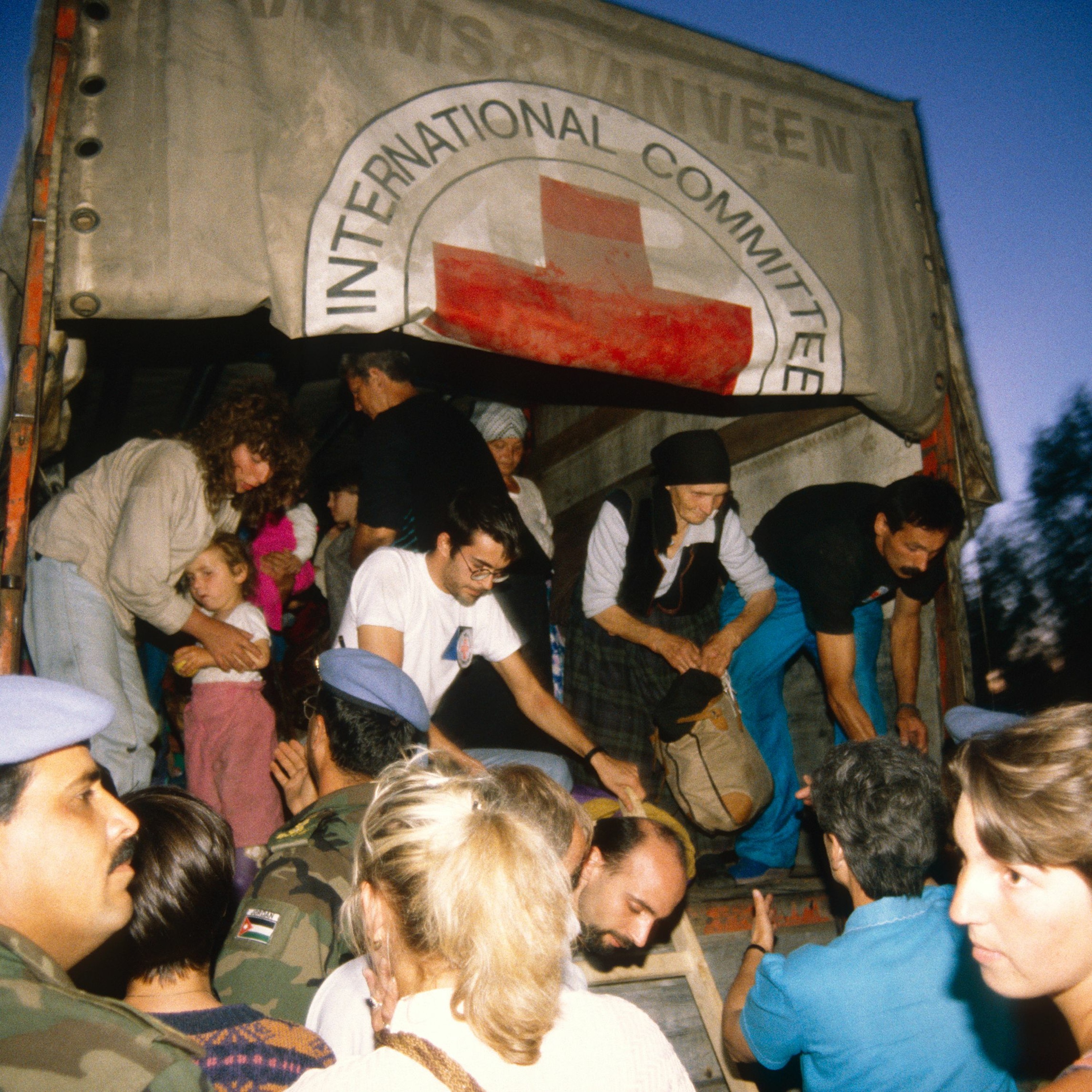 ICRC Humanitarian Law and Policy BlogWar, law and humanity: the role of the ICRC in international armed conflictsThe international armed conflict between Russia and Ukraine has seen the involvement of several humanitarian organizations on the ground – including the International Committee of the Red Cross (ICRC) - working hard to alleviate the suffering of those caught up in hostilities.
In this post, ICRC Legal Adviser Melina Fidelis takes a closer look at the role of the ICRC during times of international armed conflict, explaining the organization’s mandate, and the activities it can carry out.
Read the full blog piece here: https://blogs.icrc.org/law-and-policy/2023/02/16/war-law-humanity-icrc-international-armed-conflicts/2023-02-1715 min
ICRC Humanitarian Law and Policy BlogWar, law and humanity: the role of the ICRC in international armed conflictsThe international armed conflict between Russia and Ukraine has seen the involvement of several humanitarian organizations on the ground – including the International Committee of the Red Cross (ICRC) - working hard to alleviate the suffering of those caught up in hostilities.
In this post, ICRC Legal Adviser Melina Fidelis takes a closer look at the role of the ICRC during times of international armed conflict, explaining the organization’s mandate, and the activities it can carry out.
Read the full blog piece here: https://blogs.icrc.org/law-and-policy/2023/02/16/war-law-humanity-icrc-international-armed-conflicts/2023-02-1715 min ICRC Humanitarian Law and Policy BlogWar, Law and Humanity: The Role of the ICRC in International Armed ConflictsThe international armed conflict between Russia and Ukraine has seen the involvement of several humanitarian organizations on the ground – including the International Committee of the Red Cross (ICRC) - working hard to alleviate the suffering of those caught up in hostilities.
In this post, ICRC Legal Adviser Melina Fidelis takes a closer look at the role of the ICRC during times of international armed conflict, explaining the organization’s mandate, and the activities it can carry out.
Read the full blog piece here: https://blogs.icrc.org/law-and-policy/2023/02/16/war-law-humanity-icrc-international-armed-conflicts/2023-02-1615 min
ICRC Humanitarian Law and Policy BlogWar, Law and Humanity: The Role of the ICRC in International Armed ConflictsThe international armed conflict between Russia and Ukraine has seen the involvement of several humanitarian organizations on the ground – including the International Committee of the Red Cross (ICRC) - working hard to alleviate the suffering of those caught up in hostilities.
In this post, ICRC Legal Adviser Melina Fidelis takes a closer look at the role of the ICRC during times of international armed conflict, explaining the organization’s mandate, and the activities it can carry out.
Read the full blog piece here: https://blogs.icrc.org/law-and-policy/2023/02/16/war-law-humanity-icrc-international-armed-conflicts/2023-02-1615 min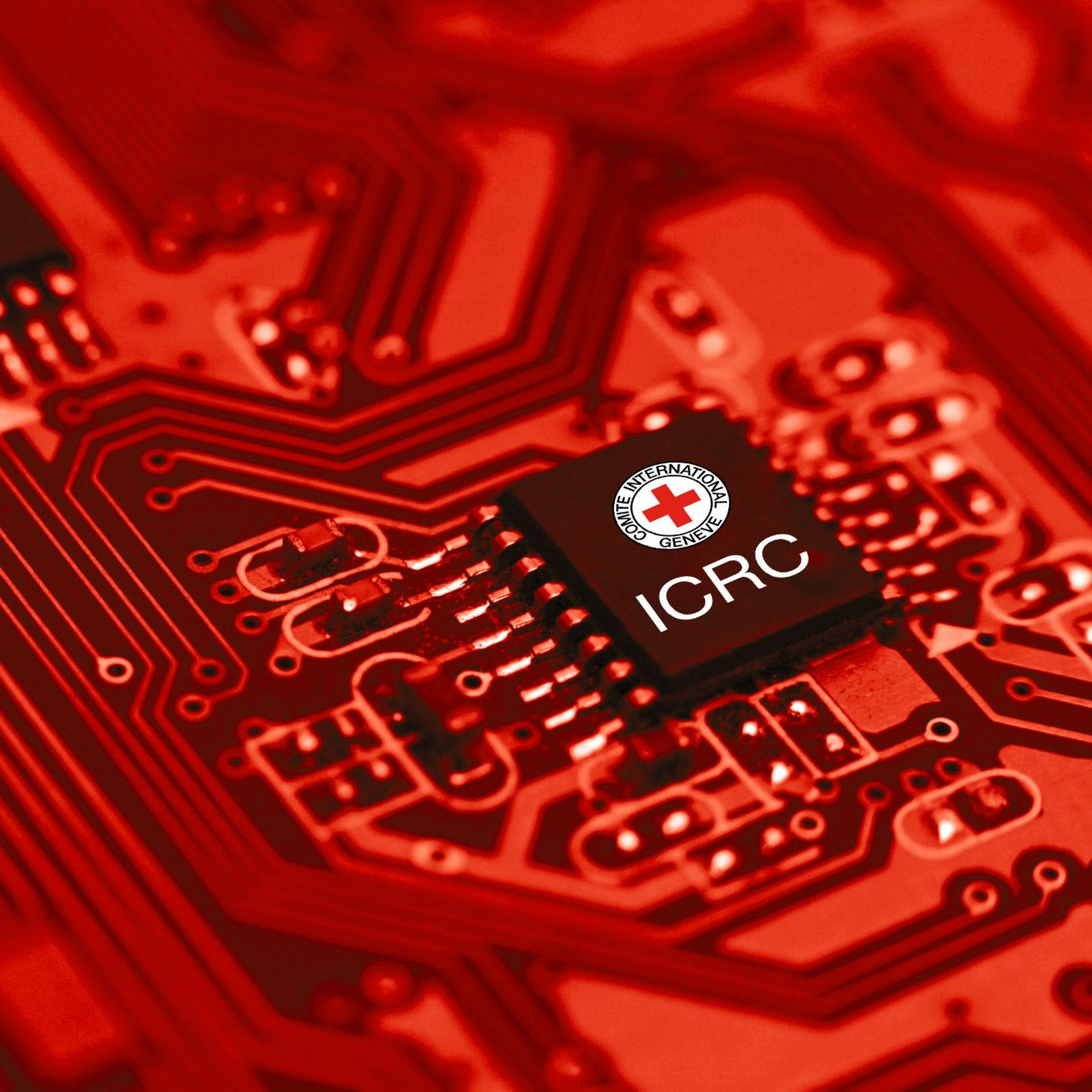 ICRC Humanitarian Law and Policy Blog‘Back to basics’ with a digital twist: humanitarian principles and dilemmas in the digital ageThe digital transformation has been a key vector of progress for the humanitarian sector. It is also a source of additional pressure on principled humanitarian action, triggering dilemmas and risks that tend to be understated or overlooked.
In this post, ICRC Senior Policy Adviser Pierrick Devidal reflects on some of the challenges and opportunities that digitalization creates for humanitarian organizations’ ability to operate in line with the fundamental principles of humanity, impartiality, neutrality and independence.
Read the full blog piece here: https://blogs.icrc.org/law-and-policy/2023/02/02/back-to-basics-digital-twist-humanitarian-principles/2023-02-0219 min
ICRC Humanitarian Law and Policy Blog‘Back to basics’ with a digital twist: humanitarian principles and dilemmas in the digital ageThe digital transformation has been a key vector of progress for the humanitarian sector. It is also a source of additional pressure on principled humanitarian action, triggering dilemmas and risks that tend to be understated or overlooked.
In this post, ICRC Senior Policy Adviser Pierrick Devidal reflects on some of the challenges and opportunities that digitalization creates for humanitarian organizations’ ability to operate in line with the fundamental principles of humanity, impartiality, neutrality and independence.
Read the full blog piece here: https://blogs.icrc.org/law-and-policy/2023/02/02/back-to-basics-digital-twist-humanitarian-principles/2023-02-0219 min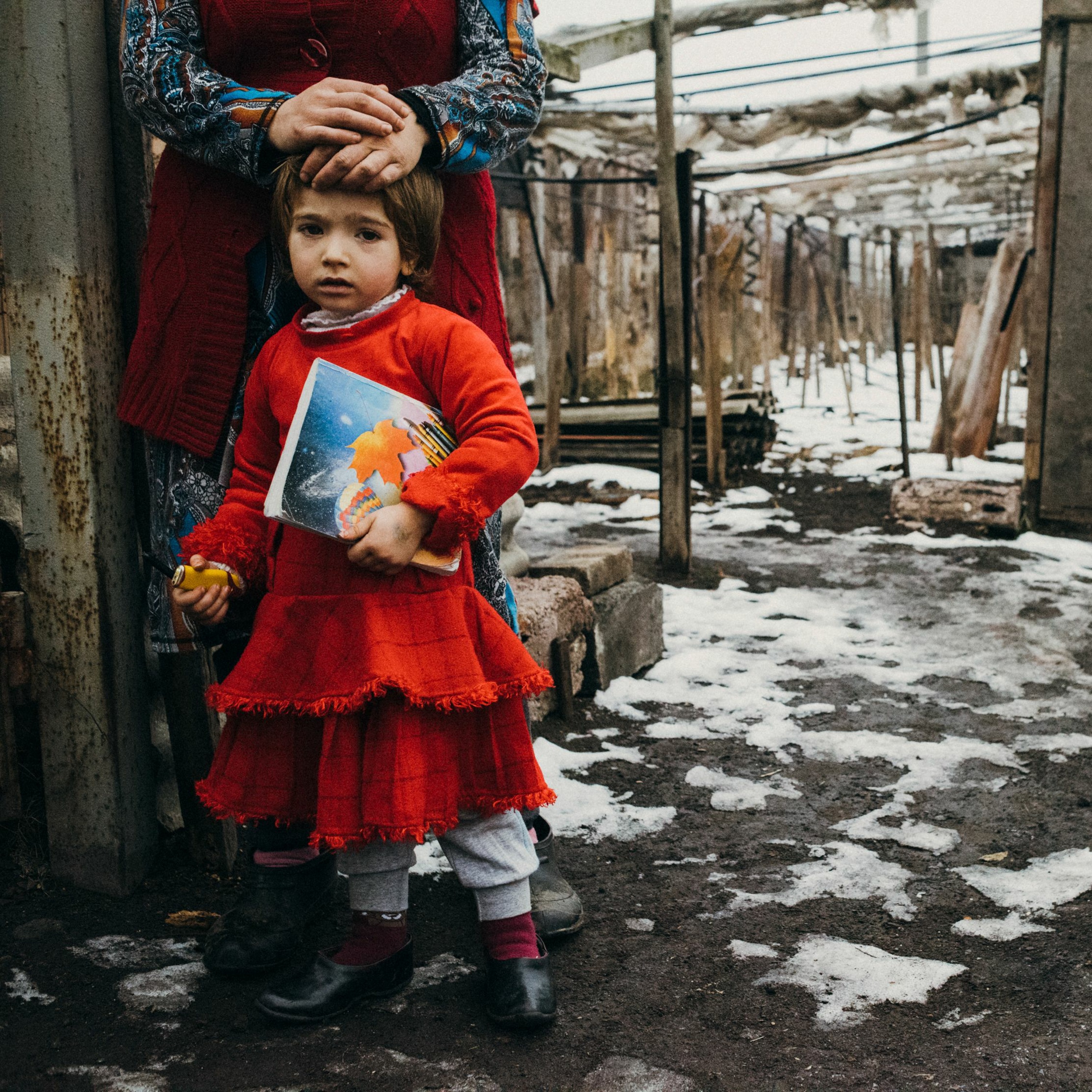 ICRC Humanitarian Law and Policy BlogPresent and engaged: how the ICRC responds to armed conflict and violence in citiesHow can humanitarian actors better respond to the devastating impact of urban warfare and urban violence? The higher humanitarian stakes in cities – the cumulative impact on large numbers of people and the interconnected systems on which they depend – heighten both the challenges and the importance of putting into practice key hallmarks of effective humanitarian action.
In this post, ICRC Policy Advisers Charles Deutscher and Chandni Dhingra overview a new policy paper which takes stock of the ICRC’s experience responding to the impact of war and violence in cities.
Rea the full blog post here: https://blogs.icrc.org/law-and-policy/2023/01/19/presen...2023-01-1915 min
ICRC Humanitarian Law and Policy BlogPresent and engaged: how the ICRC responds to armed conflict and violence in citiesHow can humanitarian actors better respond to the devastating impact of urban warfare and urban violence? The higher humanitarian stakes in cities – the cumulative impact on large numbers of people and the interconnected systems on which they depend – heighten both the challenges and the importance of putting into practice key hallmarks of effective humanitarian action.
In this post, ICRC Policy Advisers Charles Deutscher and Chandni Dhingra overview a new policy paper which takes stock of the ICRC’s experience responding to the impact of war and violence in cities.
Rea the full blog post here: https://blogs.icrc.org/law-and-policy/2023/01/19/presen...2023-01-1915 min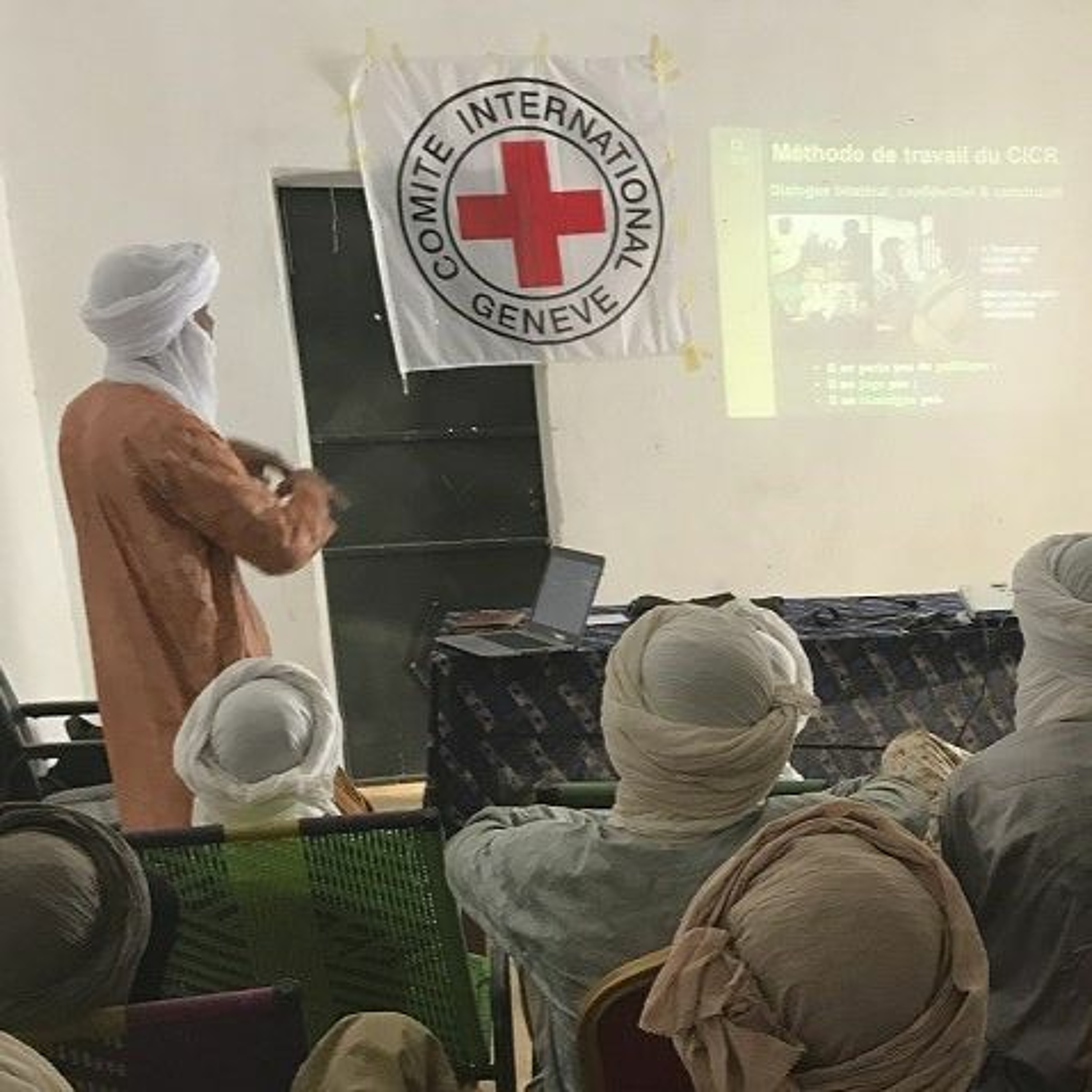 ICRC Humanitarian Law and Policy BlogICRC engagement with armed groups in 2022In line with its mandate, the ICRC engages with all parties to an armed conflict, including non-State armed groups. The ICRC has a long history of confidential dialogue with armed groups that has achieved tangible results. However, engagement has become increasingly complex. Accordingly, the ICRC undertakes an annual exercise to assess its current relationships with armed groups in order to both improve its engagement strategies and to determine trends that can impact future engagement.
In this post, ICRC Adviser Matthew Bamber-Zryd discusses some of the findings from this year’s exercise, during which time the ICRC had contact with two-thirds of...2023-01-1212 min
ICRC Humanitarian Law and Policy BlogICRC engagement with armed groups in 2022In line with its mandate, the ICRC engages with all parties to an armed conflict, including non-State armed groups. The ICRC has a long history of confidential dialogue with armed groups that has achieved tangible results. However, engagement has become increasingly complex. Accordingly, the ICRC undertakes an annual exercise to assess its current relationships with armed groups in order to both improve its engagement strategies and to determine trends that can impact future engagement.
In this post, ICRC Adviser Matthew Bamber-Zryd discusses some of the findings from this year’s exercise, during which time the ICRC had contact with two-thirds of...2023-01-1212 min اللجنة الدولية للصليب الأحمرحلقة نقاشية: النزاع في اليمن وزيارة المحتجزينالبيان الصحفي المذكورhttps://www.icrc.org/ar/document/%D8%A7%D9%84%D9%8A%D9%85%D9%86-%D8%A7%D9%84%D9%84%D8%AC%D9%86%D8%A9-%D8%A7%D9%84%D8%AF%D9%88%D9%84%D9%8A%D8%A9-%D8%AA%D8%B2%D9%88%D8%B1-%D8%A3%D9%83%D8%AB%D8%B1-%D9%85%D9%86-3400-%D9%85%D8%AD%D8%AA%D8%AC%D8%B2%D8%A7لمزيد من المعلومات عن اللجنة الدولية زوروا موقعنا https://www.icrc.org/ar/وتابعونا علي فيس بوك https://www.facebook.com/ICRCarabic/وتويتر https://twitter.com/ICRC_arShow less2022-12-2222 min
اللجنة الدولية للصليب الأحمرحلقة نقاشية: النزاع في اليمن وزيارة المحتجزينالبيان الصحفي المذكورhttps://www.icrc.org/ar/document/%D8%A7%D9%84%D9%8A%D9%85%D9%86-%D8%A7%D9%84%D9%84%D8%AC%D9%86%D8%A9-%D8%A7%D9%84%D8%AF%D9%88%D9%84%D9%8A%D8%A9-%D8%AA%D8%B2%D9%88%D8%B1-%D8%A3%D9%83%D8%AB%D8%B1-%D9%85%D9%86-3400-%D9%85%D8%AD%D8%AA%D8%AC%D8%B2%D8%A7لمزيد من المعلومات عن اللجنة الدولية زوروا موقعنا https://www.icrc.org/ar/وتابعونا علي فيس بوك https://www.facebook.com/ICRCarabic/وتويتر https://twitter.com/ICRC_arShow less2022-12-2222 min اللجنة الدولية للصليب الأحمرحلقة نقاشية: المهاجرون إلى أوروبا: كيف نساعد عائلات المفقودين؟الموقع الخاص بخدمة "ابحث عن هذا الوجه"، لمساعدة من فقدوا أحبائهم على إعادة التواصل معهم. https://familylinks.icrc.org/ar/ttf-europeلمزيد من المعلومات عن اللجنة الدولية زوروا موقعنا https://www.icrc.org/ar/وتابعونا علي فيس بوك https://www.facebook.com/ICRCarabic/وتويتر https://twitter.com/ICRC_ar2022-12-2124 min
اللجنة الدولية للصليب الأحمرحلقة نقاشية: المهاجرون إلى أوروبا: كيف نساعد عائلات المفقودين؟الموقع الخاص بخدمة "ابحث عن هذا الوجه"، لمساعدة من فقدوا أحبائهم على إعادة التواصل معهم. https://familylinks.icrc.org/ar/ttf-europeلمزيد من المعلومات عن اللجنة الدولية زوروا موقعنا https://www.icrc.org/ar/وتابعونا علي فيس بوك https://www.facebook.com/ICRCarabic/وتويتر https://twitter.com/ICRC_ar2022-12-2124 min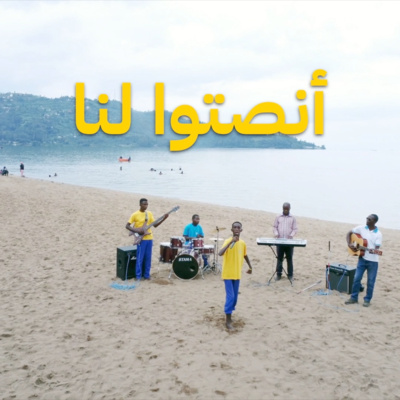 اللجنة الدولية للصليب الأحمر" أنصتوا لنا" .. كيف أسمع ذوي الإعاقة في رواندا صوتهم للعالم؟لمشاهدة اغنية "أنصتوا لنا " كاملة الرجاء زيارة https://www.youtube.com/watch?v=fB37M9OQxiEلمزيد من المعلومات عن اللجنة الدولية زوروا موقعنا https://www.icrc.org/ar/وتابعونا علي فيس بوك https://www.facebook.com/ICRCarabic/وتويتر https://twitter.com/ICRC_ar2022-12-0307 min
اللجنة الدولية للصليب الأحمر" أنصتوا لنا" .. كيف أسمع ذوي الإعاقة في رواندا صوتهم للعالم؟لمشاهدة اغنية "أنصتوا لنا " كاملة الرجاء زيارة https://www.youtube.com/watch?v=fB37M9OQxiEلمزيد من المعلومات عن اللجنة الدولية زوروا موقعنا https://www.icrc.org/ar/وتابعونا علي فيس بوك https://www.facebook.com/ICRCarabic/وتويتر https://twitter.com/ICRC_ar2022-12-0307 min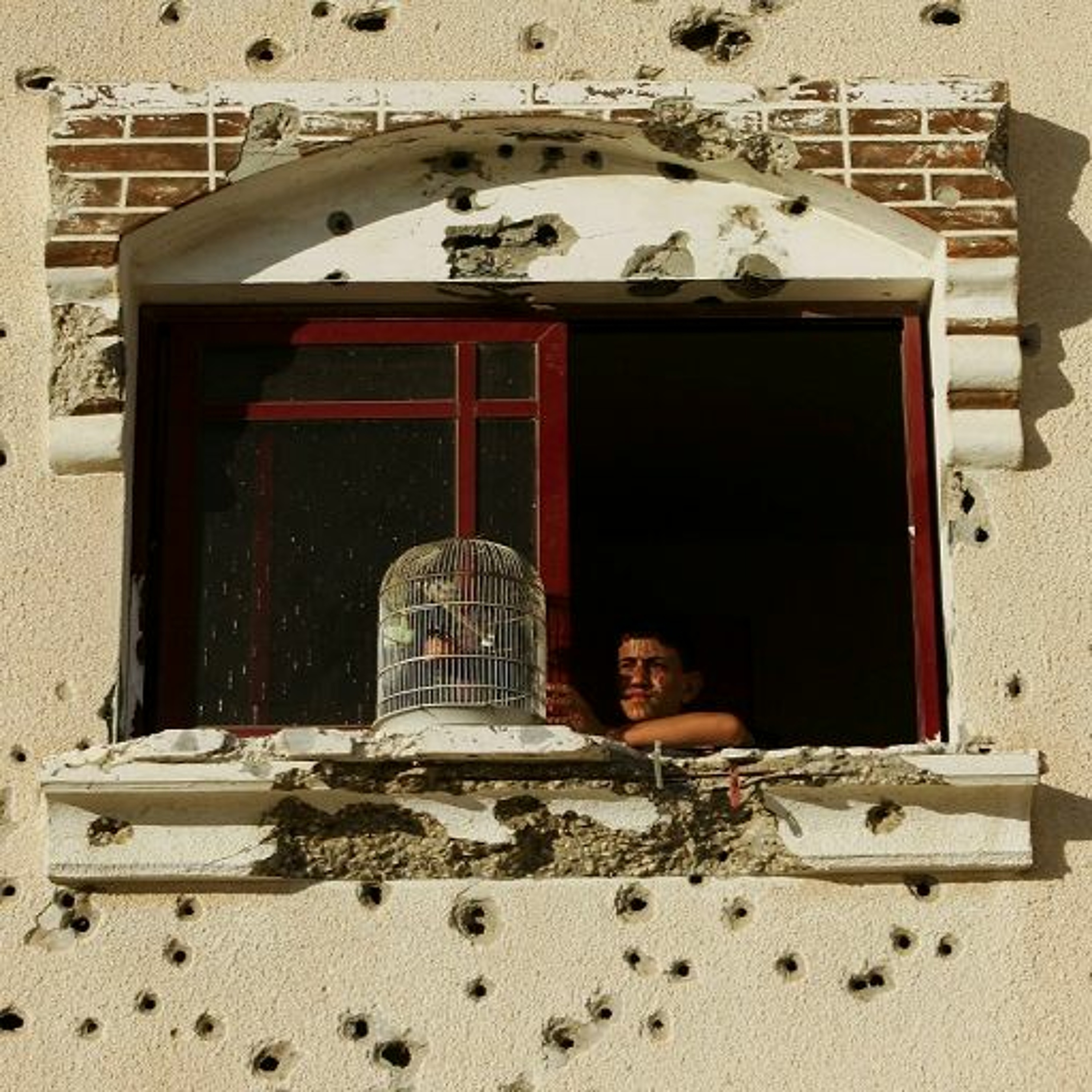 ICRC Humanitarian Law and Policy BlogWhen hostilities end but suffering remains: the necessary continuation of humanitarian activitiesArmed conflicts have long-lasting repercussions on the population affected, even after the conflict has ended. Humanitarian organizations operating in these settings can alleviate the suffering and contribute to the enjoyment of human rights. To do this, their activities must be facilitated, and their personnel protected at all times.
In this post, part of our series ‘IHL in the aftermath’, ICRC Legal Associate Émilie Charpentier outlines the legal framework that applies to humanitarian activities during and after armed conflict and proposes legal solutions to the challenges humanitarian organizations face when trying to fulfill their mandate.
Read the full blog post here: https...2022-11-2414 min
ICRC Humanitarian Law and Policy BlogWhen hostilities end but suffering remains: the necessary continuation of humanitarian activitiesArmed conflicts have long-lasting repercussions on the population affected, even after the conflict has ended. Humanitarian organizations operating in these settings can alleviate the suffering and contribute to the enjoyment of human rights. To do this, their activities must be facilitated, and their personnel protected at all times.
In this post, part of our series ‘IHL in the aftermath’, ICRC Legal Associate Émilie Charpentier outlines the legal framework that applies to humanitarian activities during and after armed conflict and proposes legal solutions to the challenges humanitarian organizations face when trying to fulfill their mandate.
Read the full blog post here: https...2022-11-2414 min ICRC Humanitarian Law and Policy Blog‘Nothing about us without us’: including civilians with disabilities in the aftermathAs the smoke clears, a range of challenges reveal themselves in the wake of battles and conflict. These issues impact civilians in different ways, according to their particular circumstances.
In this post, part of our IHL in the aftermath series and in support of the forthcoming edition of the International Review of the Red Cross, ICRC Legal Associate Victoria Riello looks at some of the specific challenges faced by persons with disabilities in armed conflict.
Read the full blog post here: https://blogs.icrc.org/law-and-policy/2022/11/15/civilians-disabilities-aftermath/2022-11-1513 min
ICRC Humanitarian Law and Policy Blog‘Nothing about us without us’: including civilians with disabilities in the aftermathAs the smoke clears, a range of challenges reveal themselves in the wake of battles and conflict. These issues impact civilians in different ways, according to their particular circumstances.
In this post, part of our IHL in the aftermath series and in support of the forthcoming edition of the International Review of the Red Cross, ICRC Legal Associate Victoria Riello looks at some of the specific challenges faced by persons with disabilities in armed conflict.
Read the full blog post here: https://blogs.icrc.org/law-and-policy/2022/11/15/civilians-disabilities-aftermath/2022-11-1513 min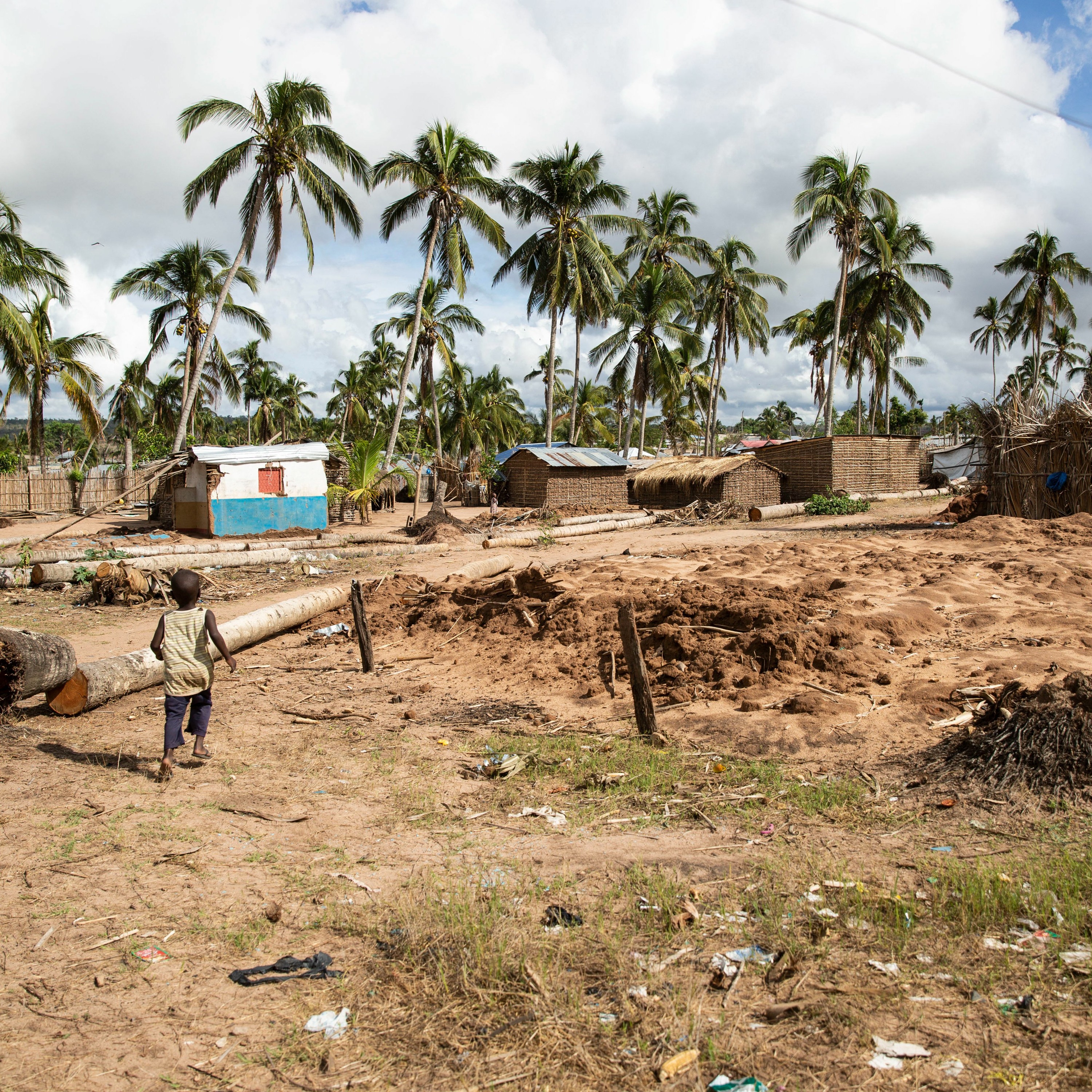 ICRC Humanitarian Law and Policy BlogWho gets what: how to get climate finance working for the people who need it mostGlobal attention is squarely focused on COP27 of the UN Framework Convention of Climate Change (UNFCCC) now underway in Sharm El Sheikh. Parties to the convention are focusing on defining and operationalizing a Global Goal on Adaptation, the financing of loss and damage, and a new collective quantified goal on climate finance. Attention to people and situations affected by conflict is largely absent in the negotiating space at UNFCCC processes. However, there is increasing awareness in the periphery of climate discussions – notably by humanitarians, peacebuilders and donors whose funded operations cover both traditional humanitarian and climate concerns – of the huge blin...2022-11-1015 min
ICRC Humanitarian Law and Policy BlogWho gets what: how to get climate finance working for the people who need it mostGlobal attention is squarely focused on COP27 of the UN Framework Convention of Climate Change (UNFCCC) now underway in Sharm El Sheikh. Parties to the convention are focusing on defining and operationalizing a Global Goal on Adaptation, the financing of loss and damage, and a new collective quantified goal on climate finance. Attention to people and situations affected by conflict is largely absent in the negotiating space at UNFCCC processes. However, there is increasing awareness in the periphery of climate discussions – notably by humanitarians, peacebuilders and donors whose funded operations cover both traditional humanitarian and climate concerns – of the huge blin...2022-11-1015 min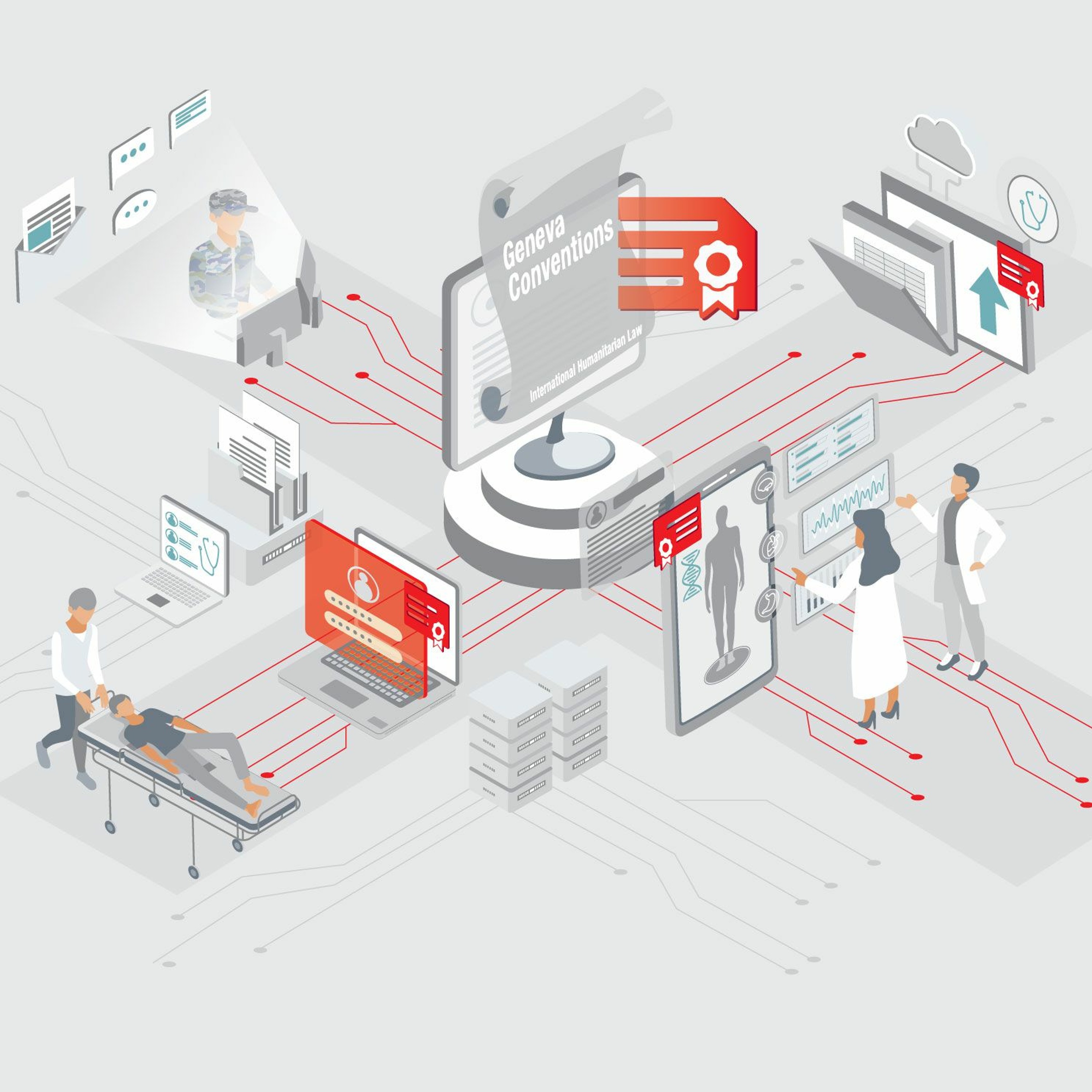 ICRC Humanitarian Law and Policy BlogTowards a ‘digital emblem’? Five questions on law, tech, and policyDoctors who provide care for the war wounded and ICRC delegates who work in areas affected by armed conflict rely on a unique and universally recognized symbol of protection: the distinctive red cross or red crescent emblems. For over 150 years, these have conveyed a simple message: facilities, vehicles, or people displaying the emblem must not be attacked.
Today, medical facilities and humanitarian operations use digital technologies to respond to peoples’ needs more efficiently and effectively. This digitalization, however, exposes them to new threats. As armed conflicts digitalize, can digital technology be leveraged to strengthen the protection of medical facilities? Can we...2022-11-0312 min
ICRC Humanitarian Law and Policy BlogTowards a ‘digital emblem’? Five questions on law, tech, and policyDoctors who provide care for the war wounded and ICRC delegates who work in areas affected by armed conflict rely on a unique and universally recognized symbol of protection: the distinctive red cross or red crescent emblems. For over 150 years, these have conveyed a simple message: facilities, vehicles, or people displaying the emblem must not be attacked.
Today, medical facilities and humanitarian operations use digital technologies to respond to peoples’ needs more efficiently and effectively. This digitalization, however, exposes them to new threats. As armed conflicts digitalize, can digital technology be leveraged to strengthen the protection of medical facilities? Can we...2022-11-0312 min ICRC Humanitarian Law and Policy BlogDangerous forces: the protection of nuclear power plants in armed conflictAs the international armed conflict between Russia and Ukraine drags on, the international community continues to sound the alarm about the significant risks of a nuclear reactor accident as a result of protracted fighting around the Zaporizhzhia Nuclear Power Plant – the largest nuclear power plant in Europe and among the ten largest in the world.
In this post, ICRC Legal Advisers Abby Zeith and Eirini Giorgou take a closer look at the limits imposed by international humanitarian law (IHL) to protect works and installations containing dangerous forces – such as nuclear electrical generating stations – against the danger of hostilities, and what is at...2022-10-1831 min
ICRC Humanitarian Law and Policy BlogDangerous forces: the protection of nuclear power plants in armed conflictAs the international armed conflict between Russia and Ukraine drags on, the international community continues to sound the alarm about the significant risks of a nuclear reactor accident as a result of protracted fighting around the Zaporizhzhia Nuclear Power Plant – the largest nuclear power plant in Europe and among the ten largest in the world.
In this post, ICRC Legal Advisers Abby Zeith and Eirini Giorgou take a closer look at the limits imposed by international humanitarian law (IHL) to protect works and installations containing dangerous forces – such as nuclear electrical generating stations – against the danger of hostilities, and what is at...2022-10-1831 min اللجنة الدولية للصليب الأحمرطبيعة مشاركة اللجنة الدولية للصليب الأحمر في مؤتمر المناخ COP 27تشارك اللجنة الدولية للصليب الأحمر في مؤتمر المناخ COP 27 والمقرر عقده في مدينة شرم الشيخ شهر نوفمبر القادم.في هذه الحلقة من بودكاست اللجنة الدولية للصليب الأحمر نتعرف من نسمة نوار المتحدثة باسم اللجنة الدولية بالقاهرة عن طبيعة مشاركة اللجنة الدولية في المؤتمر وموقف اللجنة الدولية بشكل عام من قضايا التغير المناخي.لمزيد من المعلومات عن اللجنة الدولية زوروا موقعنا https://www.icrc.org/ar/وتابعونا علي فيس بوك https://www.facebook.com/ICRCarabic/وتويتر https://twitter.com/ICRC_arويوتيوبhttps://www.youtube.com/channel/UC9_UQnFS-Z9IRKPvdP28aGw2022-10-1314 min
اللجنة الدولية للصليب الأحمرطبيعة مشاركة اللجنة الدولية للصليب الأحمر في مؤتمر المناخ COP 27تشارك اللجنة الدولية للصليب الأحمر في مؤتمر المناخ COP 27 والمقرر عقده في مدينة شرم الشيخ شهر نوفمبر القادم.في هذه الحلقة من بودكاست اللجنة الدولية للصليب الأحمر نتعرف من نسمة نوار المتحدثة باسم اللجنة الدولية بالقاهرة عن طبيعة مشاركة اللجنة الدولية في المؤتمر وموقف اللجنة الدولية بشكل عام من قضايا التغير المناخي.لمزيد من المعلومات عن اللجنة الدولية زوروا موقعنا https://www.icrc.org/ar/وتابعونا علي فيس بوك https://www.facebook.com/ICRCarabic/وتويتر https://twitter.com/ICRC_arويوتيوبhttps://www.youtube.com/channel/UC9_UQnFS-Z9IRKPvdP28aGw2022-10-1314 min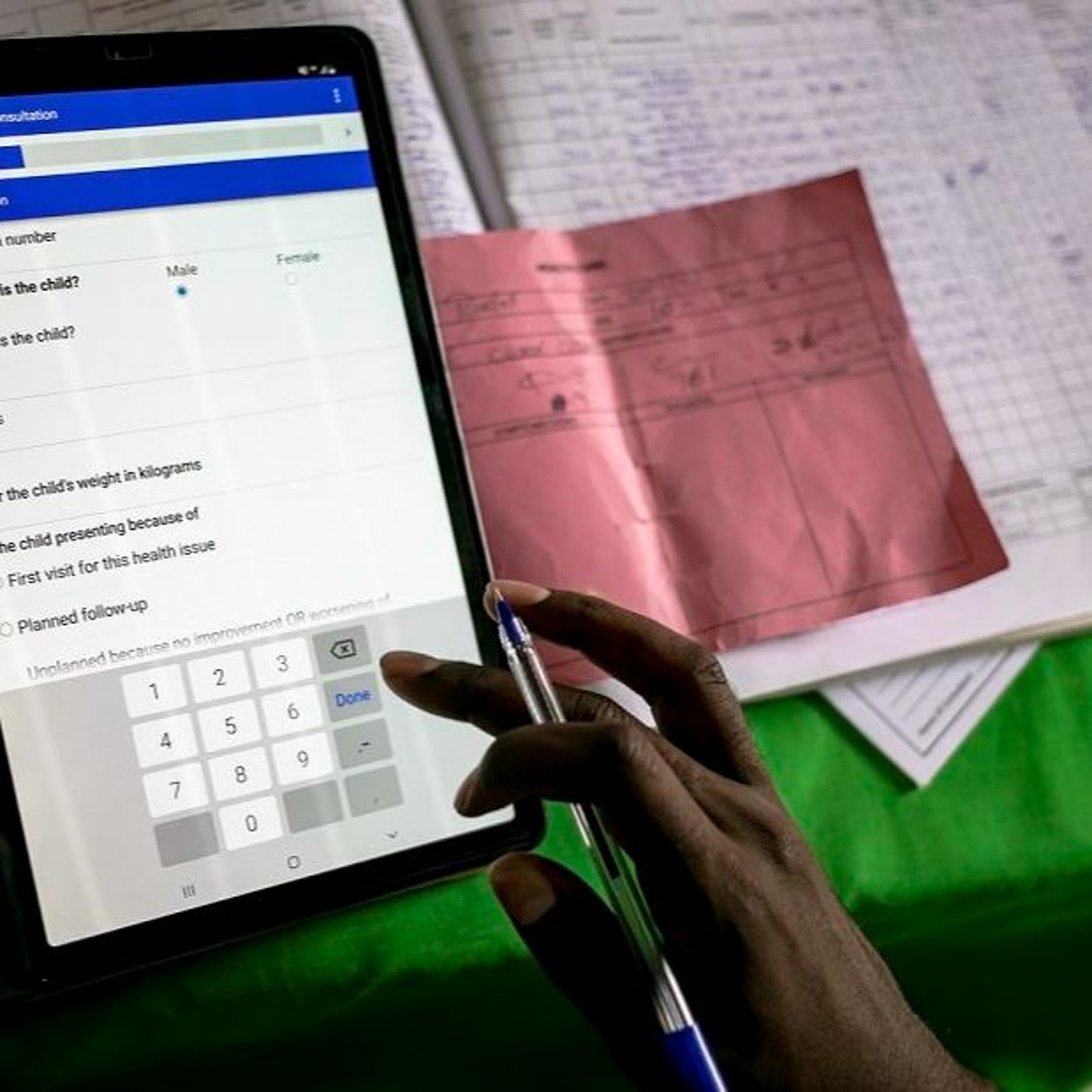 ICRC Humanitarian Law and Policy BlogSafeguarding humanitarian organizations from digital threatsFor decades, there has been consensus in the international community that in times of armed conflict, impartial humanitarian operations and the humanitarian personnel involved therein must not be targeted. In other words, you do not shoot at the truck that delivers food and medicine to civilians. This consensus must be respected online as well as offline, as recently affirmed in a resolution entitled ‘Safeguarding Humanitarian Data’ adopted by the International Red Cross and Red Crescent Movement. The backbone of this consensus is enshrined in international humanitarian law (IHL).
In this post, the ICRC’s Tilman Rodenhäuser, Balthasar Staehelin, and Massimo...2022-10-1312 min
ICRC Humanitarian Law and Policy BlogSafeguarding humanitarian organizations from digital threatsFor decades, there has been consensus in the international community that in times of armed conflict, impartial humanitarian operations and the humanitarian personnel involved therein must not be targeted. In other words, you do not shoot at the truck that delivers food and medicine to civilians. This consensus must be respected online as well as offline, as recently affirmed in a resolution entitled ‘Safeguarding Humanitarian Data’ adopted by the International Red Cross and Red Crescent Movement. The backbone of this consensus is enshrined in international humanitarian law (IHL).
In this post, the ICRC’s Tilman Rodenhäuser, Balthasar Staehelin, and Massimo...2022-10-1312 min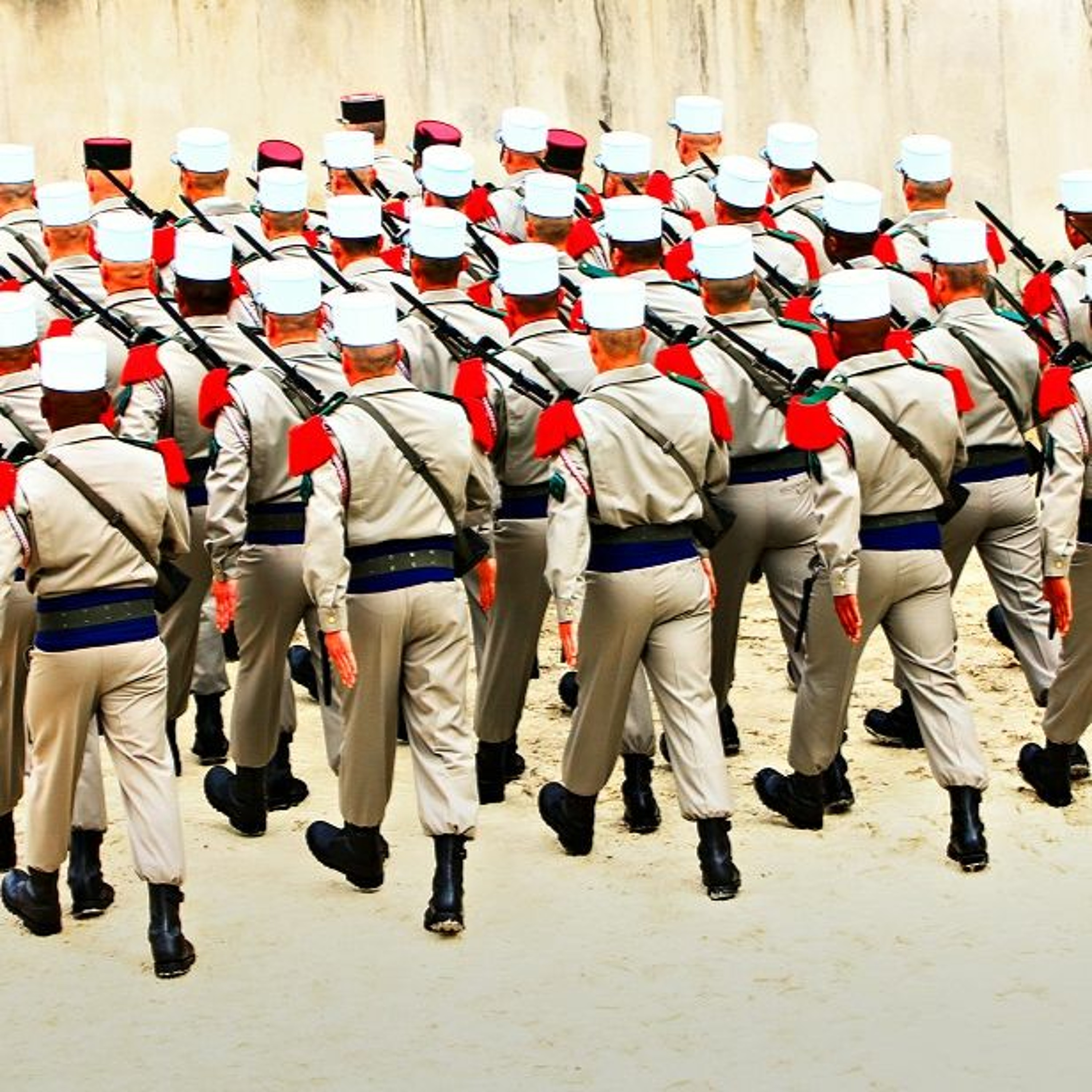 ICRC Humanitarian Law and Policy BlogThe status and protection of third-country nationals in international armed conflictIn international armed conflict, citizens of non-belligerent States can (and do) find their way onto the battlefield. Whether they arrive as volunteers, security company employees, or mercenaries, so-called third-country nationals test the common assumption that States fight wars with armies of their own loyal citizens. But foreign fighters are nothing new. They are a regular feature of war, and the law of armed conflict reaches and protects them like anyone else.
In this post, ICRC Senior Legal Adviser Ramin Mahnad explains what the Geneva Conventions and other sources of the law of armed conflict – international humanitarian law (IHL) – say about figh...2022-10-0610 min
ICRC Humanitarian Law and Policy BlogThe status and protection of third-country nationals in international armed conflictIn international armed conflict, citizens of non-belligerent States can (and do) find their way onto the battlefield. Whether they arrive as volunteers, security company employees, or mercenaries, so-called third-country nationals test the common assumption that States fight wars with armies of their own loyal citizens. But foreign fighters are nothing new. They are a regular feature of war, and the law of armed conflict reaches and protects them like anyone else.
In this post, ICRC Senior Legal Adviser Ramin Mahnad explains what the Geneva Conventions and other sources of the law of armed conflict – international humanitarian law (IHL) – say about figh...2022-10-0610 min اللجنة الدولية للصليب الأحمرحلقة نقاشية: مفهوم الحياد في عمل اللجنة الدولية للصليب الأحمر تسجيل لحلقة نقاشية علي مساحات تويتر حول مفهوم الحياد في عمل اللجنة الدولية للصليب الأحمر حيث أوضح الدكتور عمر مكي أهمية مبدأ الحياد لعمل الللجنة الدولية وكيفية تنفيذه علي أرض الواقع.حاور الدكتور عمر صفاء مجدي المسؤول الإقليمي للإعلام الرقمي باللجنة الدولية.لمزيد من المعلومات عن اللجنة الدولية زوروا موقعنا https://www.icrc.org/ar/وتابعونا علي فيس بوك https://www.facebook.com/ICRCarabic/وتويتر https://twitter.com/ICRC_ar2022-10-0551 min
اللجنة الدولية للصليب الأحمرحلقة نقاشية: مفهوم الحياد في عمل اللجنة الدولية للصليب الأحمر تسجيل لحلقة نقاشية علي مساحات تويتر حول مفهوم الحياد في عمل اللجنة الدولية للصليب الأحمر حيث أوضح الدكتور عمر مكي أهمية مبدأ الحياد لعمل الللجنة الدولية وكيفية تنفيذه علي أرض الواقع.حاور الدكتور عمر صفاء مجدي المسؤول الإقليمي للإعلام الرقمي باللجنة الدولية.لمزيد من المعلومات عن اللجنة الدولية زوروا موقعنا https://www.icrc.org/ar/وتابعونا علي فيس بوك https://www.facebook.com/ICRCarabic/وتويتر https://twitter.com/ICRC_ar2022-10-0551 min ICRC Humanitarian Law and Policy BlogGender inequality, armed conflict & climate change: why militaries can & should map compounded riskIn areas marked by gender inequality, women and girls are particularly at risk of the compounding effects of armed conflict and climate change. Militaries should track these risks to ensure they develop a fuller picture of the human security situation in their areas of operations. To do this effectively, militaries require a different sort of staff tool than is currently produced using ordinary operational analysis methodologies.
In this post, part of our ongoing series on Gender and Conflict co-hosted by the ICRC and Just Security, a team of recent graduates from the University of Vermont’s Rubenstein School of Environment an...2022-09-2919 min
ICRC Humanitarian Law and Policy BlogGender inequality, armed conflict & climate change: why militaries can & should map compounded riskIn areas marked by gender inequality, women and girls are particularly at risk of the compounding effects of armed conflict and climate change. Militaries should track these risks to ensure they develop a fuller picture of the human security situation in their areas of operations. To do this effectively, militaries require a different sort of staff tool than is currently produced using ordinary operational analysis methodologies.
In this post, part of our ongoing series on Gender and Conflict co-hosted by the ICRC and Just Security, a team of recent graduates from the University of Vermont’s Rubenstein School of Environment an...2022-09-2919 min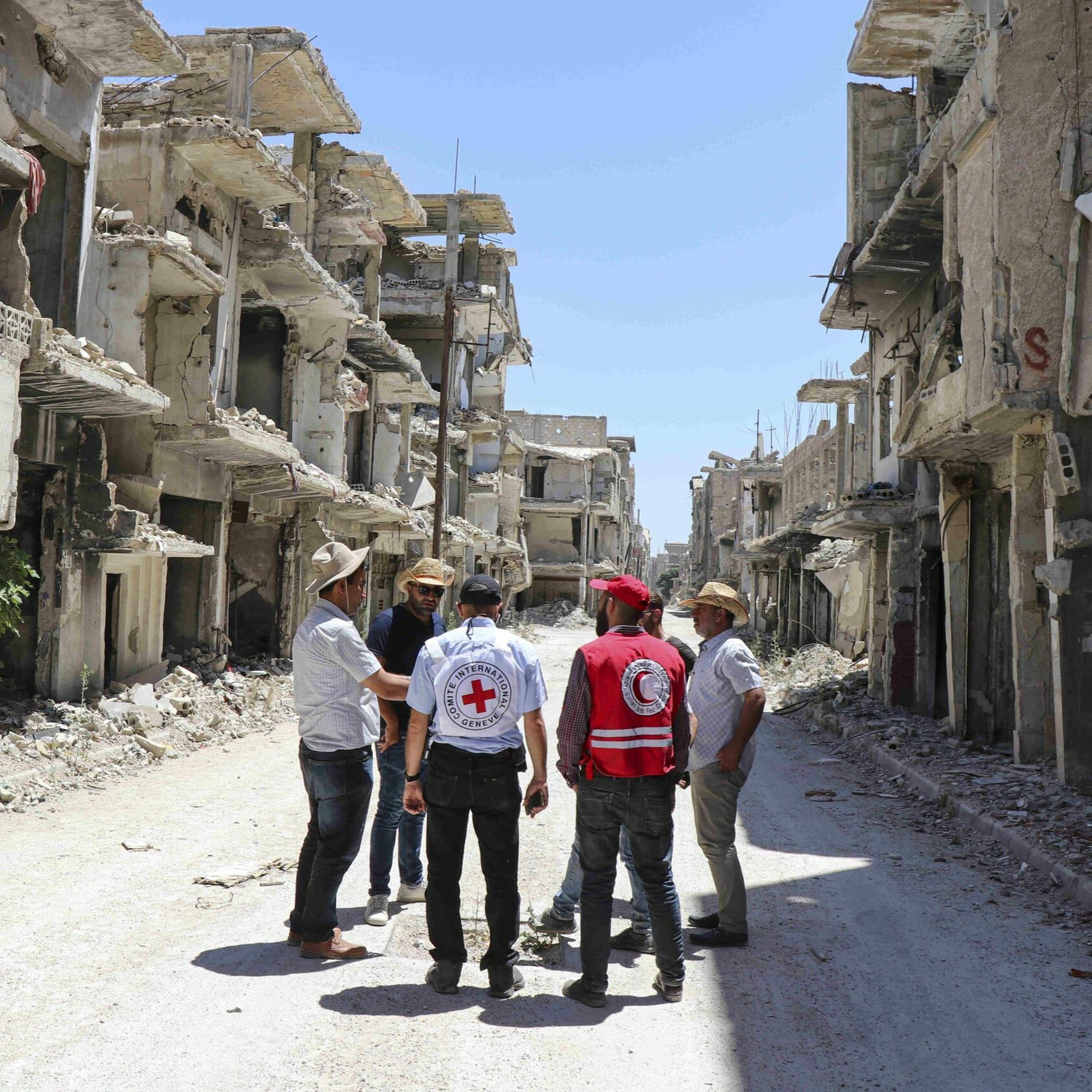 ICRC Humanitarian Law and Policy BlogAftermath of battles and conflict: from challenges to solutionsThe end of intense combat during armed conflict – whether permanent or temporary –does not automatically correlate with an end to human suffering. The last four posts in our series ‘IHL in the aftermath’ aimed to paint a scene of the human suffering in the aftermath of conflict, but also proposed some solutions.
In this fifth instalment, ICRC Chief Protection Officer Christian Cardon de Lichtbuer, ICRC Head of Operational Law Unit Thomas de Saint Maurice, and ICRC Senior Legal Adviser Kelisiana Thynne propose some concrete recommendations as to what can be done before, during and after conflict to reduce human suffering.
Read the...2022-09-1311 min
ICRC Humanitarian Law and Policy BlogAftermath of battles and conflict: from challenges to solutionsThe end of intense combat during armed conflict – whether permanent or temporary –does not automatically correlate with an end to human suffering. The last four posts in our series ‘IHL in the aftermath’ aimed to paint a scene of the human suffering in the aftermath of conflict, but also proposed some solutions.
In this fifth instalment, ICRC Chief Protection Officer Christian Cardon de Lichtbuer, ICRC Head of Operational Law Unit Thomas de Saint Maurice, and ICRC Senior Legal Adviser Kelisiana Thynne propose some concrete recommendations as to what can be done before, during and after conflict to reduce human suffering.
Read the...2022-09-1311 min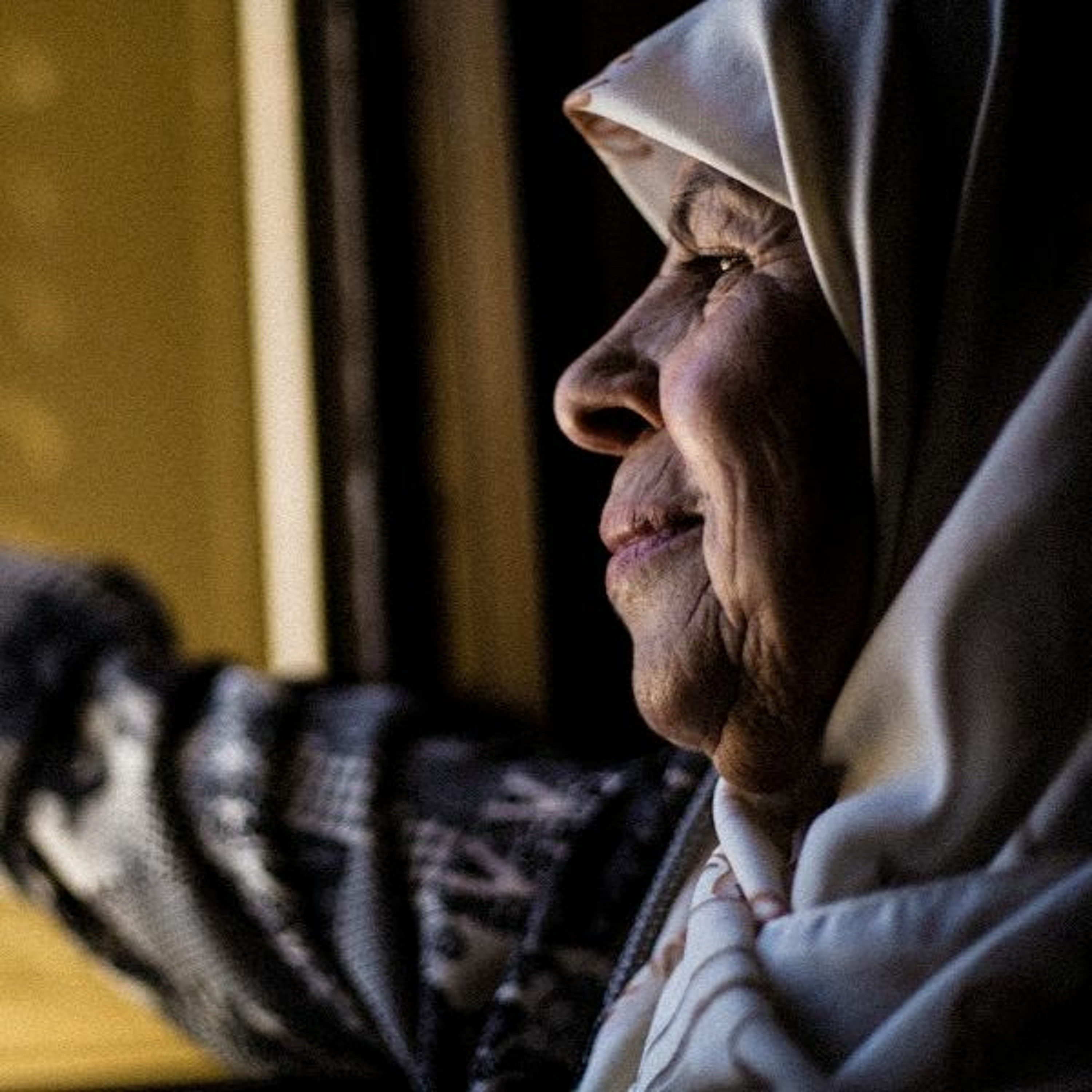 ICRC Humanitarian Law and Policy BlogWhen will it be over? A fictional civilian’s story in the aftermath of conflict‘What I know is that for me, for many, the war will not be over until more is done to restore us and our town to normality’. Conflict is not just about international humanitarian law (IHL) and how it is applied. During conflict and in its aftermath, the voice of the civilians affected should be considered.
In this post, the fourth in our ‘IHL in the aftermath’ series, ICRC Senior Legal Adviser Kelisiana Thynne addresses post-conflict challenges for individuals and their families through the fictional lens of someone living in the aftermath with her family.
Read the full blog post here: ht...2022-09-0711 min
ICRC Humanitarian Law and Policy BlogWhen will it be over? A fictional civilian’s story in the aftermath of conflict‘What I know is that for me, for many, the war will not be over until more is done to restore us and our town to normality’. Conflict is not just about international humanitarian law (IHL) and how it is applied. During conflict and in its aftermath, the voice of the civilians affected should be considered.
In this post, the fourth in our ‘IHL in the aftermath’ series, ICRC Senior Legal Adviser Kelisiana Thynne addresses post-conflict challenges for individuals and their families through the fictional lens of someone living in the aftermath with her family.
Read the full blog post here: ht...2022-09-0711 min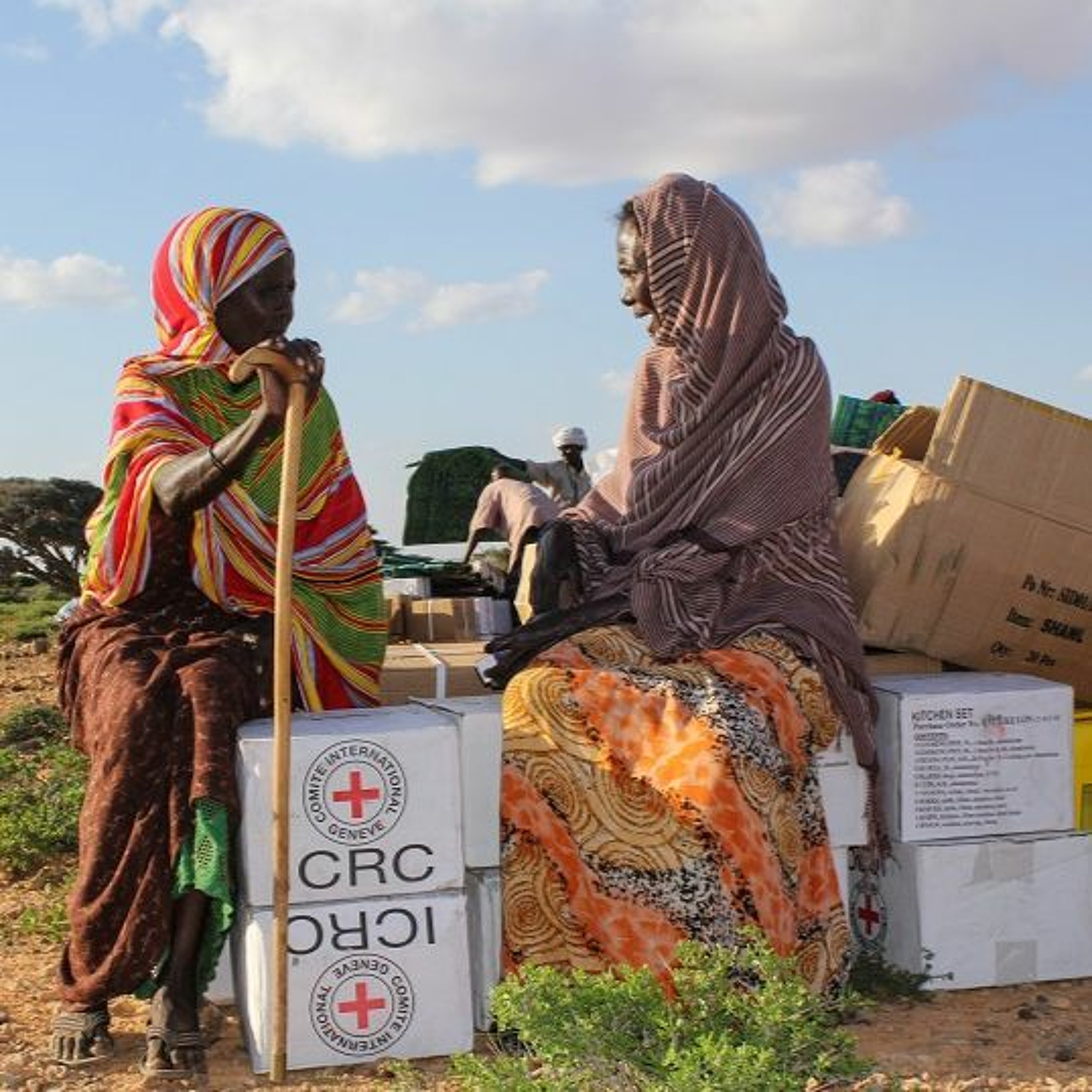 ICRC Humanitarian Law and Policy BlogWhat does ‘back to basics’ mean for gender and the fundamental principles?The recently-launched ICRC blog series ‘Back to basics: humanitarian principles in contemporary armed conflict’ aims to inspire discussion and debate about the relevance of, and challenges to, the humanitarian principles in current times. For some, that phrasing might imply a worrying move back to a time when humanitarian action was conceptualized in its most simplistic form, and the complex interplay between such action and social dynamics like gender, diversity, race and structural discrimination was seen as beyond the responsibility of humanitarian actors.
In this post, ICRC Policy Adviser Ariana Lopes Morey reflects on what ‘back to basics’ means when it comes to...2022-09-0116 min
ICRC Humanitarian Law and Policy BlogWhat does ‘back to basics’ mean for gender and the fundamental principles?The recently-launched ICRC blog series ‘Back to basics: humanitarian principles in contemporary armed conflict’ aims to inspire discussion and debate about the relevance of, and challenges to, the humanitarian principles in current times. For some, that phrasing might imply a worrying move back to a time when humanitarian action was conceptualized in its most simplistic form, and the complex interplay between such action and social dynamics like gender, diversity, race and structural discrimination was seen as beyond the responsibility of humanitarian actors.
In this post, ICRC Policy Adviser Ariana Lopes Morey reflects on what ‘back to basics’ means when it comes to...2022-09-0116 min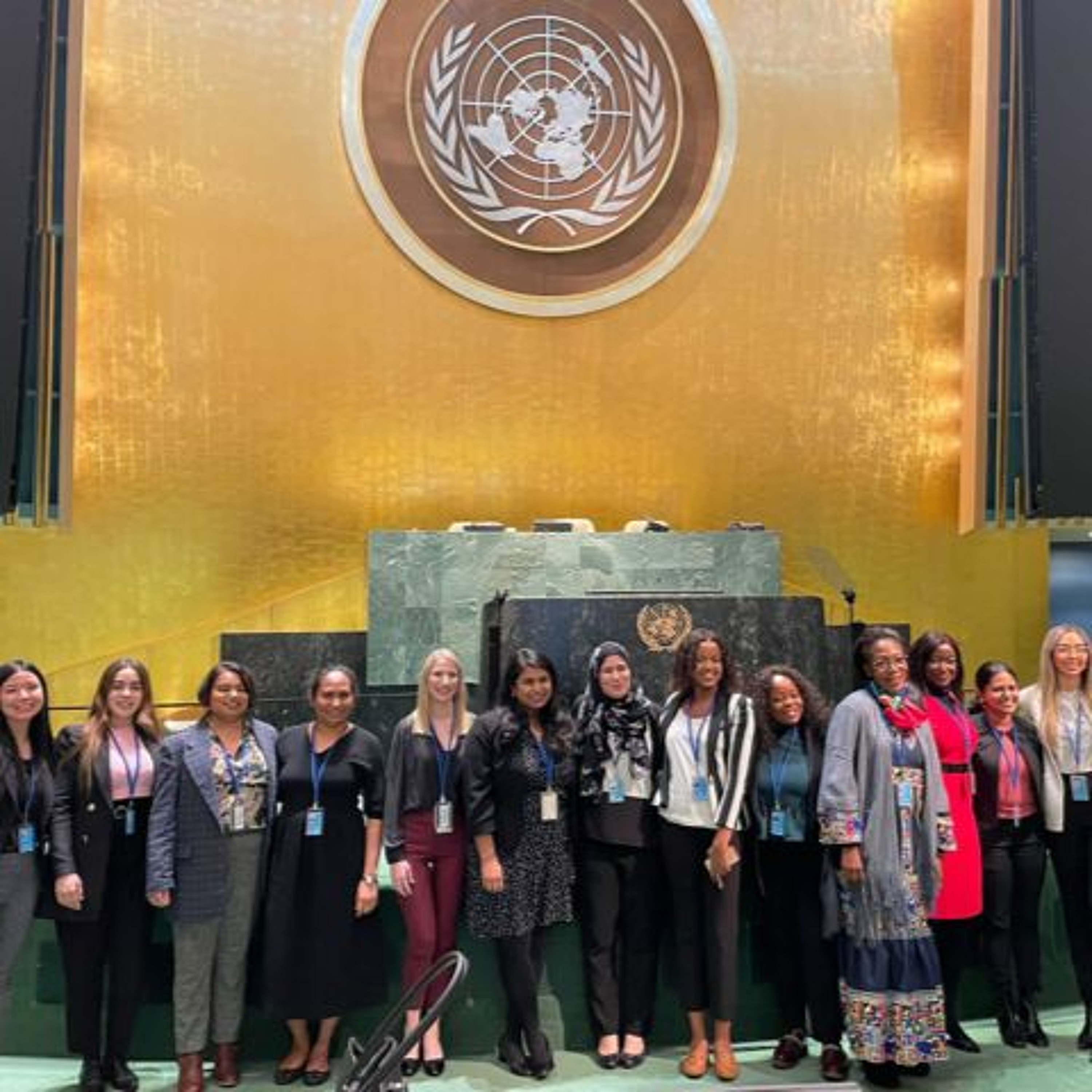 ICRC Humanitarian Law and Policy Blog‘Catching up with the curve’: the participation of women in disarmament diplomacyThough it cannot be up to women alone to capture gendered impacts in treaty texts and outcome documents, their perspective has often helped to pave the way. Research shows that women’s participation in a negotiation process is more likely to lead to the inclusion of gender provisions.
In this post, part of a series on Gender and Conflict co-hosted by the ICRC and Just Security, ICRC Senior Arms Adviser Véronique Christory shares a personal reflection on how the involvement of women in disarmament negotiations has grown over the last 20 years, the tools that have helped spur this advancement, and...2022-08-2514 min
ICRC Humanitarian Law and Policy Blog‘Catching up with the curve’: the participation of women in disarmament diplomacyThough it cannot be up to women alone to capture gendered impacts in treaty texts and outcome documents, their perspective has often helped to pave the way. Research shows that women’s participation in a negotiation process is more likely to lead to the inclusion of gender provisions.
In this post, part of a series on Gender and Conflict co-hosted by the ICRC and Just Security, ICRC Senior Arms Adviser Véronique Christory shares a personal reflection on how the involvement of women in disarmament negotiations has grown over the last 20 years, the tools that have helped spur this advancement, and...2022-08-2514 min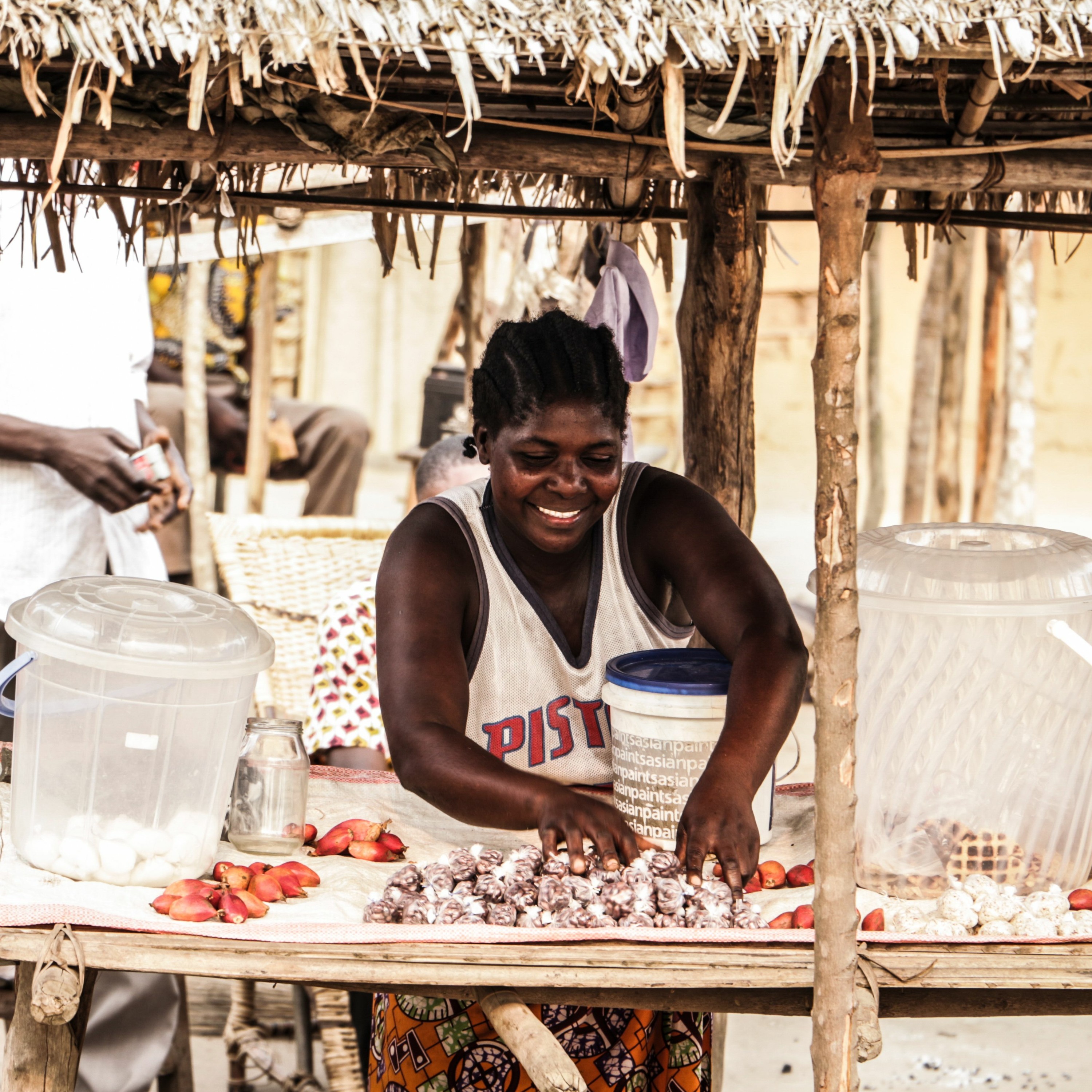 ICRC Humanitarian Law and Policy Blog‘It was the best of times;it was the worst of times’:a tale of 2 cities in the aftermath of conflictIn seemingly a moment, a city can go from being prosperous and peaceful to completely ravaged by war. Depending on how a conflict plays out and how the parties fulfil their IHL obligations before, during or after battle, inhabitants of a city can experience the aftermath of war in very different ways.
In this post, part of the ‘IHL in the Aftermath’ series, ICRC Senior Legal Adviser, Kelisiana Thynne, paints this is cautionary tale, setting the scene for further discussion about the aftermath of conflict and the continuing IHL and other obligations States and parties to a conflict have.
Read the...2022-08-1813 min
ICRC Humanitarian Law and Policy Blog‘It was the best of times;it was the worst of times’:a tale of 2 cities in the aftermath of conflictIn seemingly a moment, a city can go from being prosperous and peaceful to completely ravaged by war. Depending on how a conflict plays out and how the parties fulfil their IHL obligations before, during or after battle, inhabitants of a city can experience the aftermath of war in very different ways.
In this post, part of the ‘IHL in the Aftermath’ series, ICRC Senior Legal Adviser, Kelisiana Thynne, paints this is cautionary tale, setting the scene for further discussion about the aftermath of conflict and the continuing IHL and other obligations States and parties to a conflict have.
Read the...2022-08-1813 min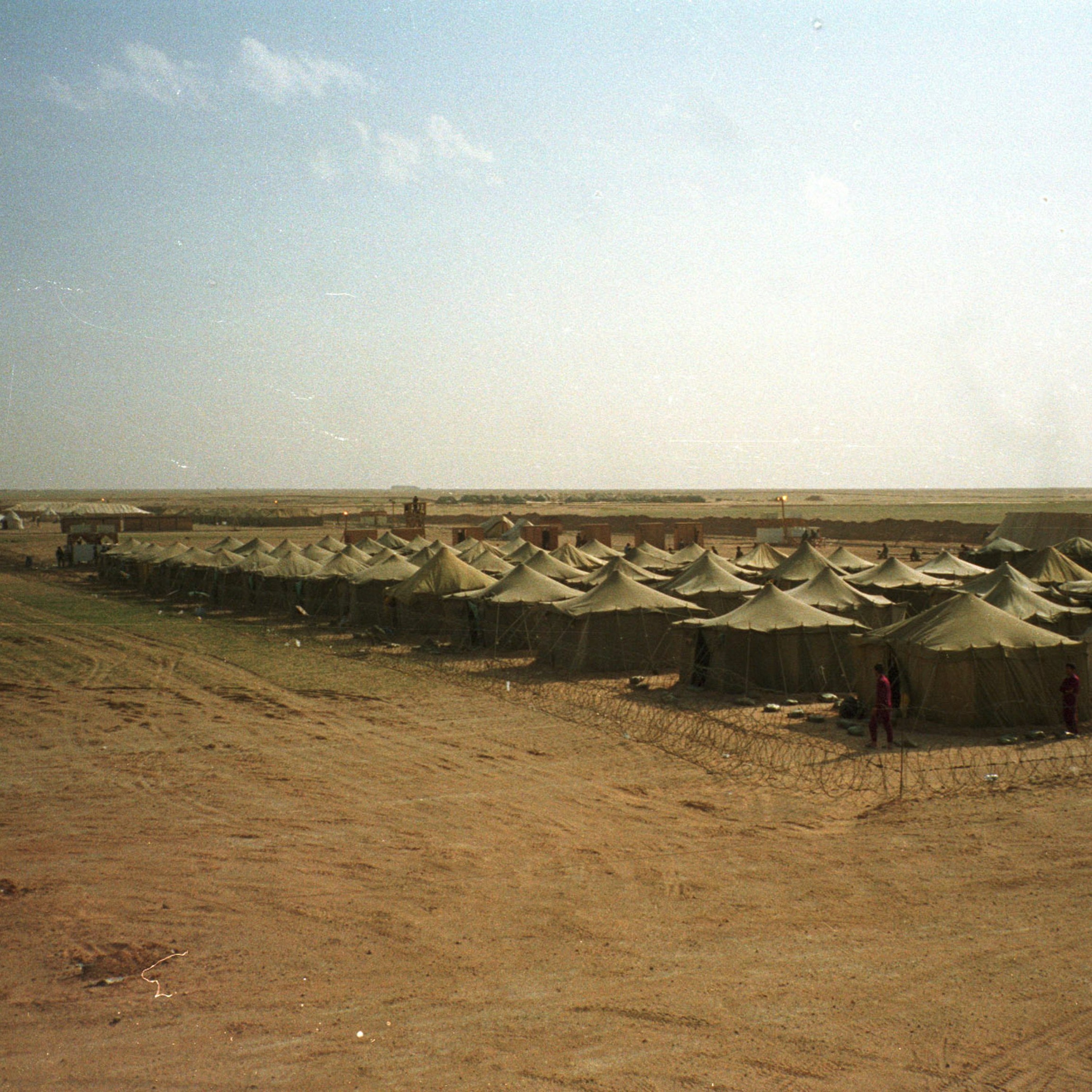 ICRC Humanitarian Law and Policy BlogPrisoners of war in contemporary armed conflict: Interpreting GClll 70+ years after its negotiationToo often the term “prisoner of war” (PoW) conjures up black-and-white images of soldiers detained in the Second World War. Recent events have brought PoWs back into the fore of the public consciousness, in particular how they must be treated and what rights they are entitled to in contemporary conflicts. For example, what is the role of social media in respecting their dignity? What is the role of the ICRC’s Central Tracing Agency and States’ National Information Bureaux today? Given developments in international human rights law and international and domestic criminal law, may PoWs be tried for their conduct during h...2022-08-1123 min
ICRC Humanitarian Law and Policy BlogPrisoners of war in contemporary armed conflict: Interpreting GClll 70+ years after its negotiationToo often the term “prisoner of war” (PoW) conjures up black-and-white images of soldiers detained in the Second World War. Recent events have brought PoWs back into the fore of the public consciousness, in particular how they must be treated and what rights they are entitled to in contemporary conflicts. For example, what is the role of social media in respecting their dignity? What is the role of the ICRC’s Central Tracing Agency and States’ National Information Bureaux today? Given developments in international human rights law and international and domestic criminal law, may PoWs be tried for their conduct during h...2022-08-1123 min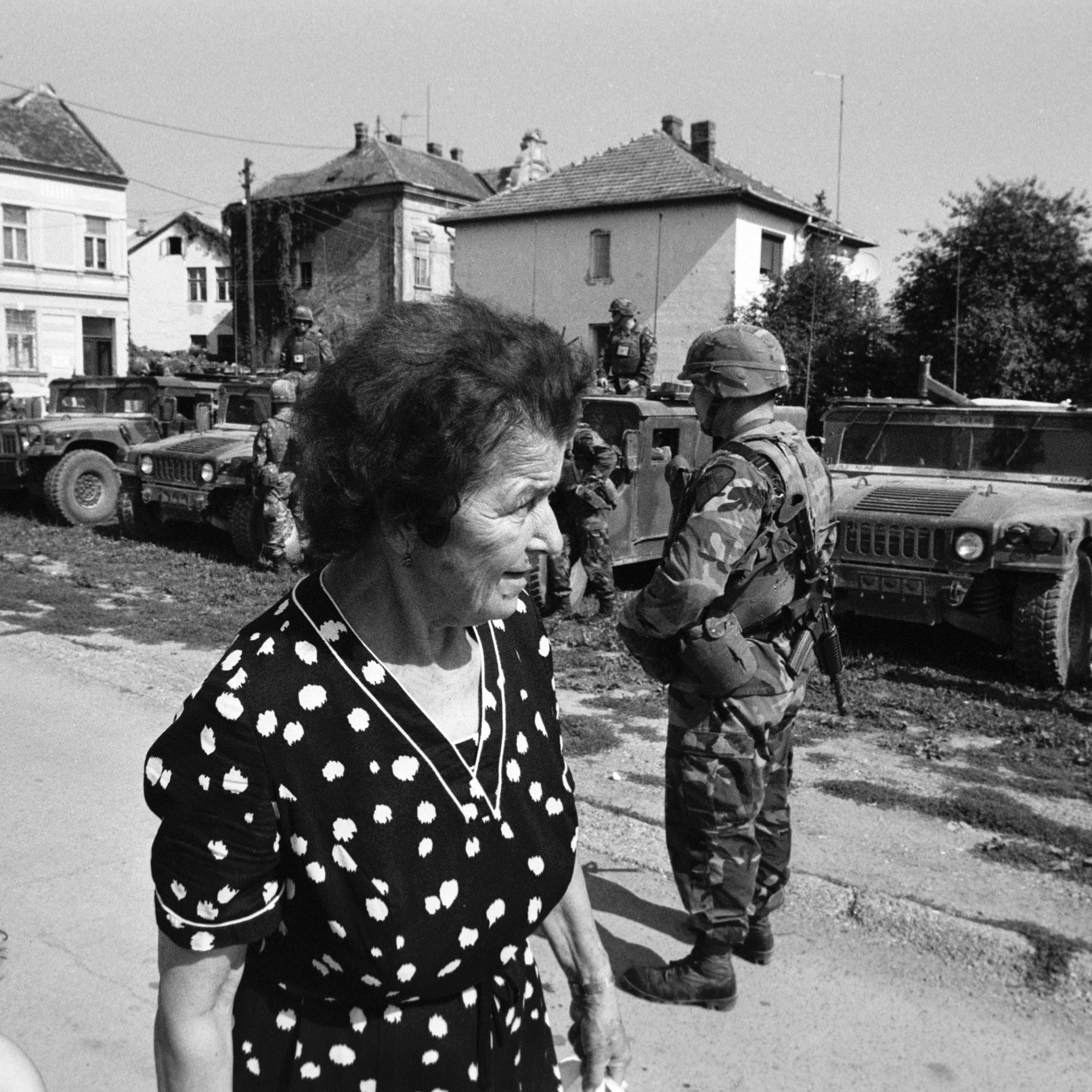 ICRC Humanitarian Law and Policy BlogIHL and occupied territoryAs the armed conflict in Ukraine persists, rapidly unfolding events have entailed grave implications for civilians trapped in the crisis, such as death, injury and displacement from their homes and normal lives, to name but a few. In some areas in Ukraine, those who have remained in their homes have woken up to find that the areas in which they live are no longer under the control of the Ukrainian government but under the control of Russian forces.
In this post, ICRC Legal Adviser Mikhail Orkin and ICRC Senior Legal Adviser Tristan Ferraro take a closer look at how IHL...2022-07-2617 min
ICRC Humanitarian Law and Policy BlogIHL and occupied territoryAs the armed conflict in Ukraine persists, rapidly unfolding events have entailed grave implications for civilians trapped in the crisis, such as death, injury and displacement from their homes and normal lives, to name but a few. In some areas in Ukraine, those who have remained in their homes have woken up to find that the areas in which they live are no longer under the control of the Ukrainian government but under the control of Russian forces.
In this post, ICRC Legal Adviser Mikhail Orkin and ICRC Senior Legal Adviser Tristan Ferraro take a closer look at how IHL...2022-07-2617 min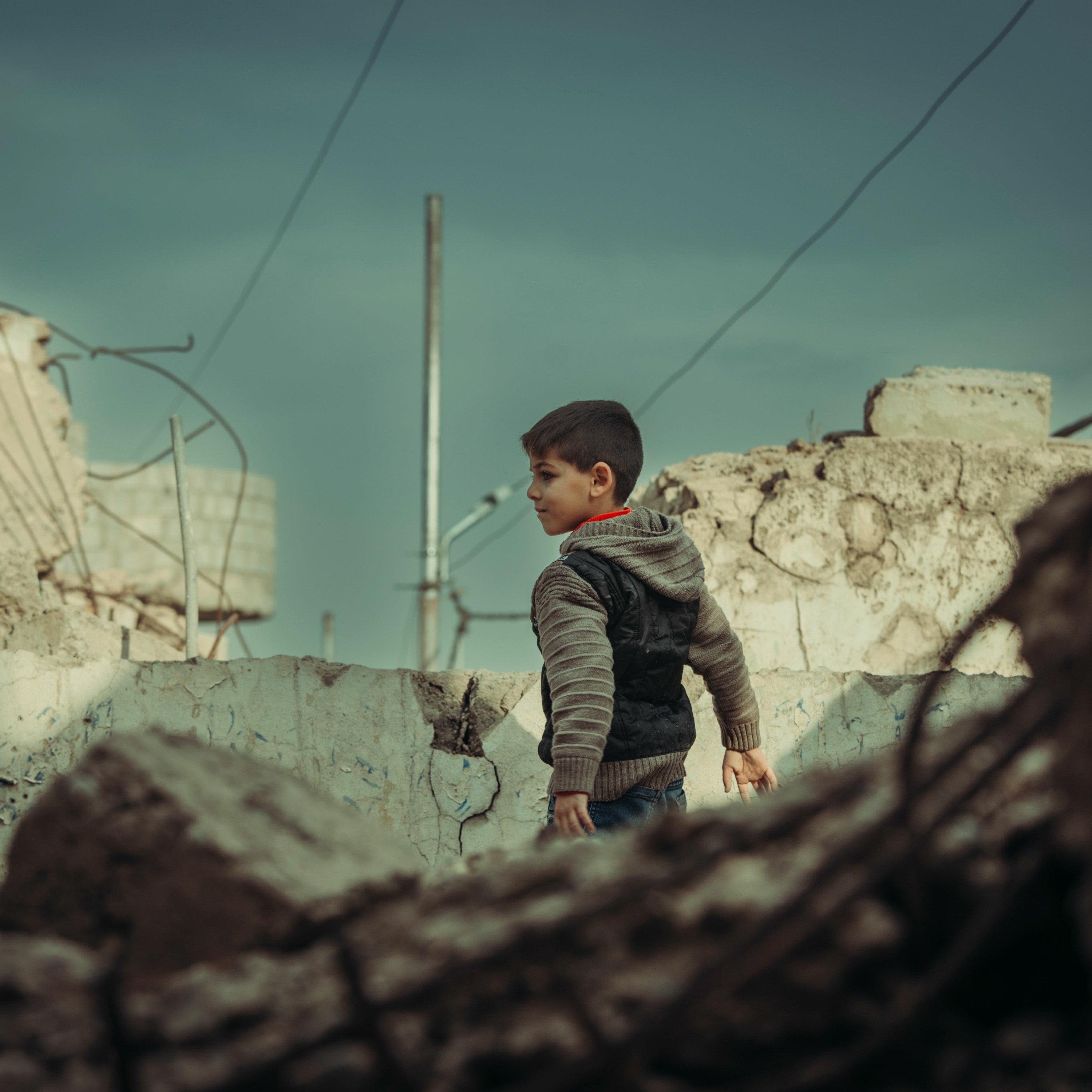 ICRC Humanitarian Law and Policy BlogSilenced guns do not mend lives: what does the law say about human suffering at the end of conflict?Silenced guns do not mend the lives of those who have survived the violence. Declarations of victory and the laying down of arms do not by themselves restore electricity and clean water; nor do they reconnect families with their missing or detained relatives; nor do they diffuse unexploded bombs; nor do they offer protection from the violent retribution of the victors.
In this post, part of our series ‘IHL in the aftermath’, ICRC Senior Legal Advisers Ramin Mahnad and Kelisiana Thynne outline the reality that many people remain vulnerable to harm long after the fighting has temporarily or permanently ended, and...2022-07-2113 min
ICRC Humanitarian Law and Policy BlogSilenced guns do not mend lives: what does the law say about human suffering at the end of conflict?Silenced guns do not mend the lives of those who have survived the violence. Declarations of victory and the laying down of arms do not by themselves restore electricity and clean water; nor do they reconnect families with their missing or detained relatives; nor do they diffuse unexploded bombs; nor do they offer protection from the violent retribution of the victors.
In this post, part of our series ‘IHL in the aftermath’, ICRC Senior Legal Advisers Ramin Mahnad and Kelisiana Thynne outline the reality that many people remain vulnerable to harm long after the fighting has temporarily or permanently ended, and...2022-07-2113 min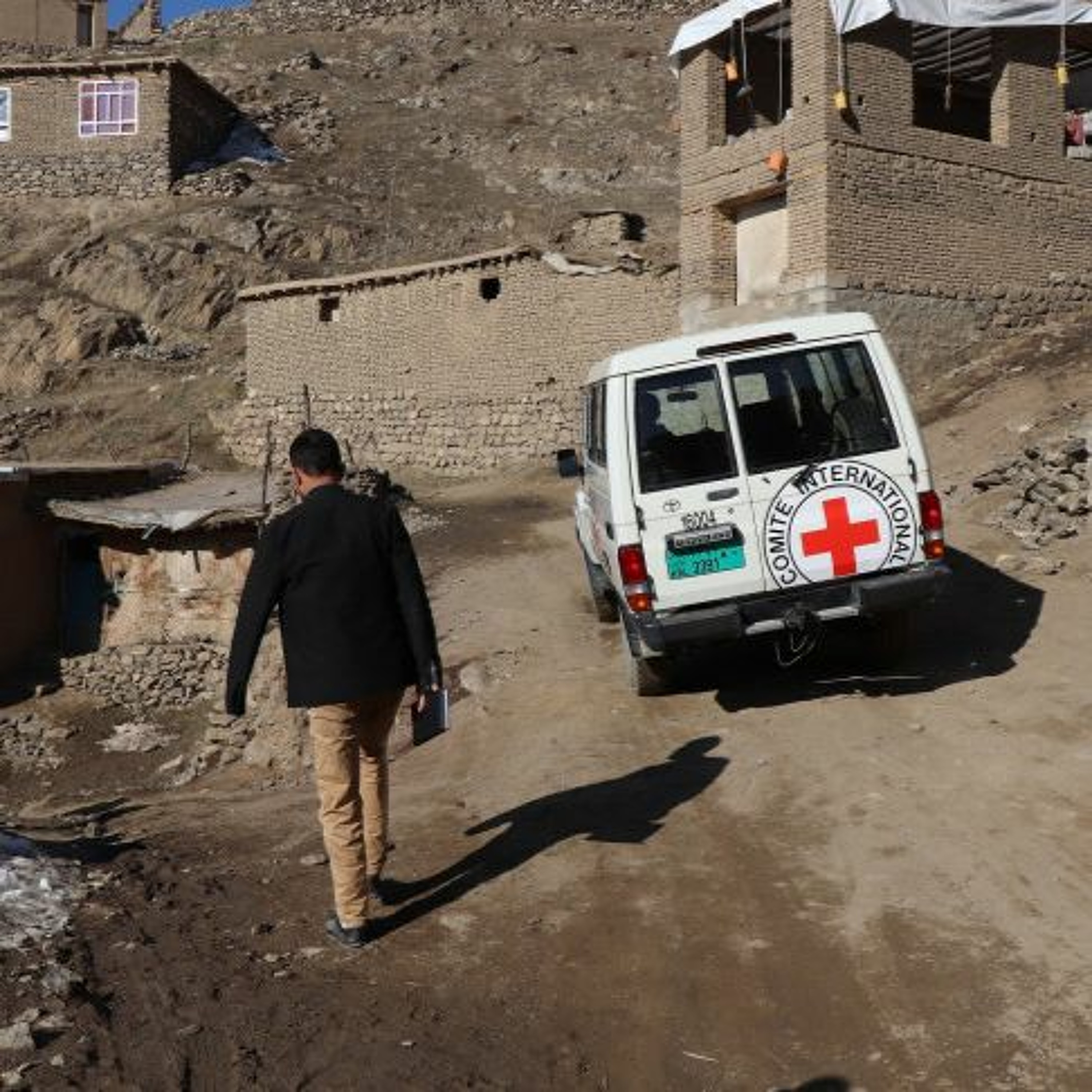 ICRC Humanitarian Law and Policy BlogIHL in the aftermath of battles and conflicts: what do we want to achieve?We have all seen the despair, dismay, and disaster of war. But what happens when the armed conflict appears to be over? It may be a time for peace, but there will often be pockets of hostilities, rogue forces, continuing damage, unexploded weapons that have not been removed, and lives that cannot go back to so-called normality.
In this post, ICRC Senior Legal Adviser Kelisiana Thynne and ICRC’s Head of Legal Advisers to Operations Thomas de Saint Maurice launch a new series, ‘IHL in the aftermath of conflict’ to raise the profile of relevant IHL obligations in post-conflict scenarios and hi...2022-07-1406 min
ICRC Humanitarian Law and Policy BlogIHL in the aftermath of battles and conflicts: what do we want to achieve?We have all seen the despair, dismay, and disaster of war. But what happens when the armed conflict appears to be over? It may be a time for peace, but there will often be pockets of hostilities, rogue forces, continuing damage, unexploded weapons that have not been removed, and lives that cannot go back to so-called normality.
In this post, ICRC Senior Legal Adviser Kelisiana Thynne and ICRC’s Head of Legal Advisers to Operations Thomas de Saint Maurice launch a new series, ‘IHL in the aftermath of conflict’ to raise the profile of relevant IHL obligations in post-conflict scenarios and hi...2022-07-1406 min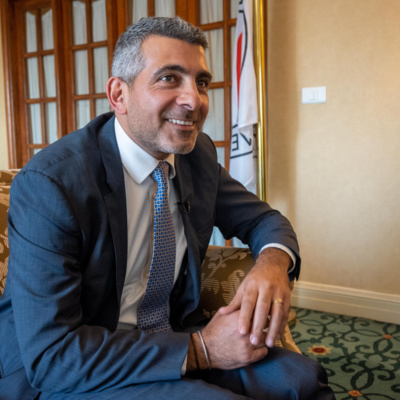 اللجنة الدولية للصليب الأحمرحوار مع باتريك يوسف مدير إدارة إفريقيا باللجنة الدولية حول الوضع الإنساني في القارةبارتيك يوسف مدير إدارة إفريقيا باللجنة الدولية للصليب الاحمر في حوار له مع مجلة الإنساني يتحدث عن الوضع الإنساني في القارة
لمزيد من المعلومات عن اللجنة الدولية زوروا موقعنا
https://www.icrc.org/ar/
وتابعونا علي فيس بوك
https://www.facebook.com/ICRCarabic/
وتويتر
https://twitter.com/ICRC_ar2022-07-0723 min
اللجنة الدولية للصليب الأحمرحوار مع باتريك يوسف مدير إدارة إفريقيا باللجنة الدولية حول الوضع الإنساني في القارةبارتيك يوسف مدير إدارة إفريقيا باللجنة الدولية للصليب الاحمر في حوار له مع مجلة الإنساني يتحدث عن الوضع الإنساني في القارة
لمزيد من المعلومات عن اللجنة الدولية زوروا موقعنا
https://www.icrc.org/ar/
وتابعونا علي فيس بوك
https://www.facebook.com/ICRCarabic/
وتويتر
https://twitter.com/ICRC_ar2022-07-0723 min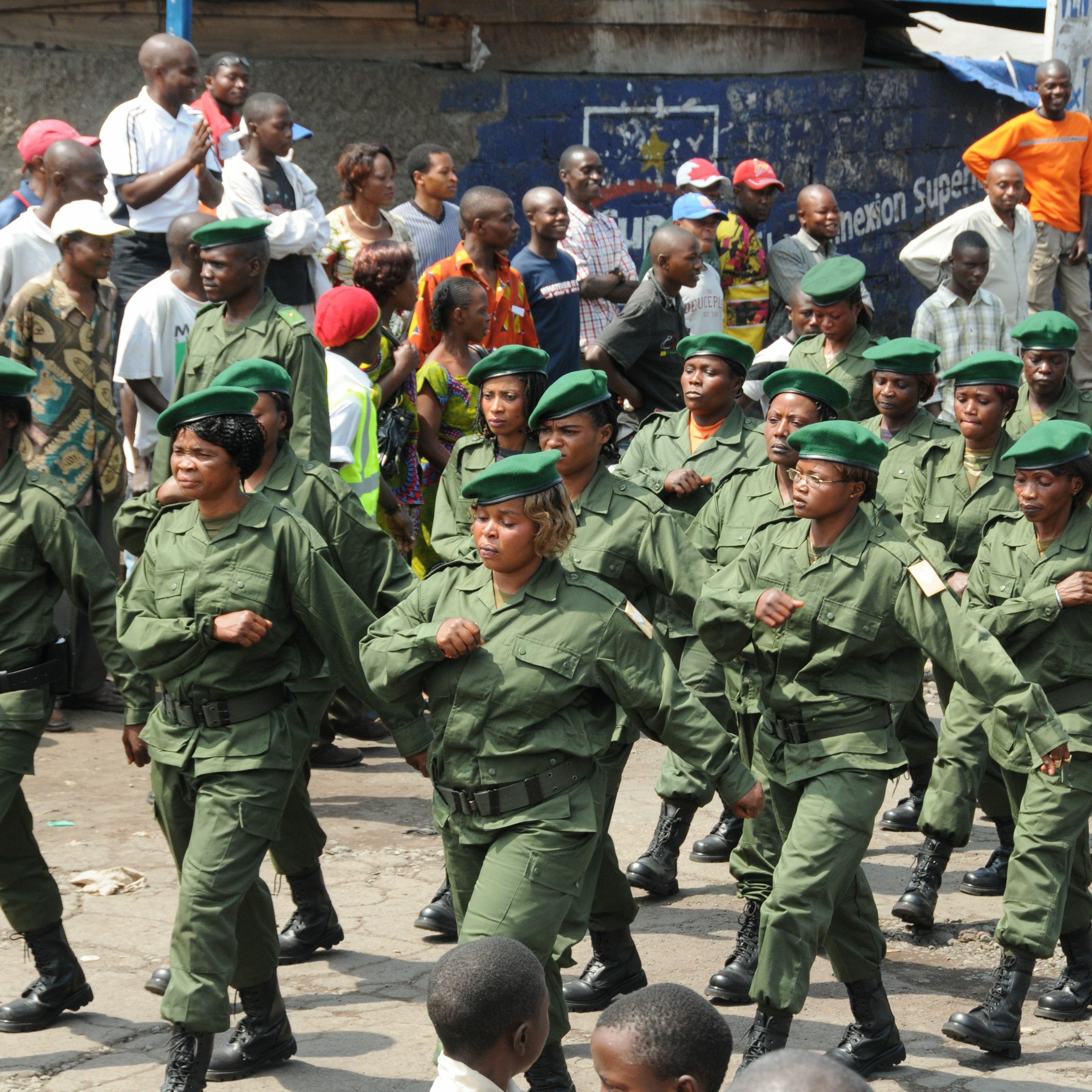 ICRC Humanitarian Law and Policy BlogWhy militaries need a theory of gender's operational relevanceThe uptake of gender considerations into military missions across the world has largely been uneven and incremental. This is likely due in part to the lack of an overarching theory of how gender is relevant to operations; a theory we could use to interrogate data sets and analysis to provide actionable intelligence. Operational risk is a promising candidate.
In this post, part of a series on Gender and Conflict co-hosted by the ICRC and Just Security, Jody M. Prescott, a lecturer at the University of Vermont, sets out the need to take a different approach to incorporating gender considerations in...2022-07-0712 min
ICRC Humanitarian Law and Policy BlogWhy militaries need a theory of gender's operational relevanceThe uptake of gender considerations into military missions across the world has largely been uneven and incremental. This is likely due in part to the lack of an overarching theory of how gender is relevant to operations; a theory we could use to interrogate data sets and analysis to provide actionable intelligence. Operational risk is a promising candidate.
In this post, part of a series on Gender and Conflict co-hosted by the ICRC and Just Security, Jody M. Prescott, a lecturer at the University of Vermont, sets out the need to take a different approach to incorporating gender considerations in...2022-07-0712 min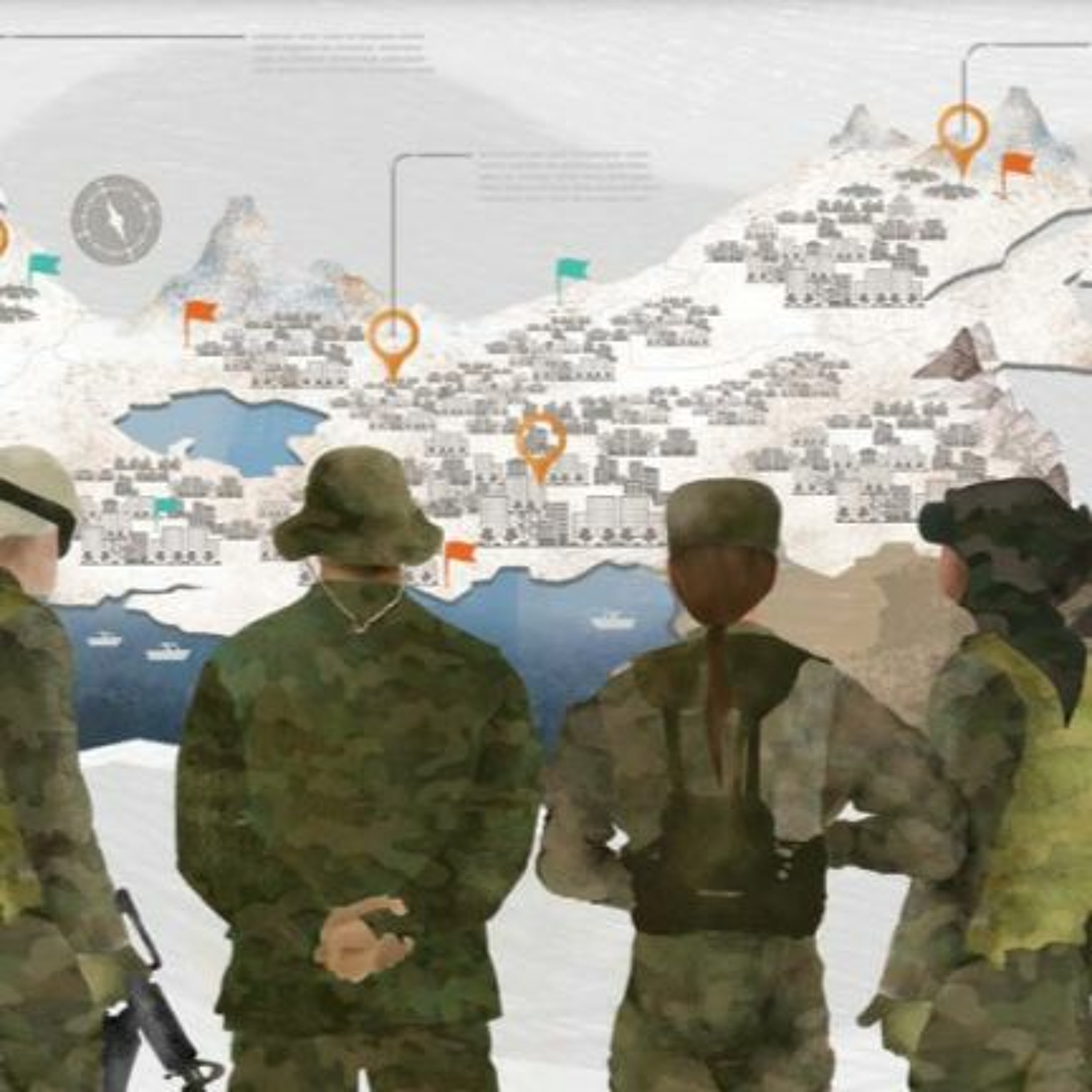 ICRC Humanitarian Law and Policy BlogGendered impacts of armed conflict and implications for the application of IHLGender shapes an individual’s experience of armed conflict in complex ways, but trends can be predictable. In particular, women and girls contend with structural gender inequality, including in conflict contexts. Women and girls generally have fewer financial resources, less access to essential services and less representation in decision-making bodies. Military operations do not therefore take place on an ‘equal playing field’ for women and girls, and with this in mind, a gender perspective is a relevant tool for practitioners of international humanitarian law (IHL) as they seek to understand and reduce civilian harm.
In this post, Helen Durham, Cordula Droege...2022-06-3017 min
ICRC Humanitarian Law and Policy BlogGendered impacts of armed conflict and implications for the application of IHLGender shapes an individual’s experience of armed conflict in complex ways, but trends can be predictable. In particular, women and girls contend with structural gender inequality, including in conflict contexts. Women and girls generally have fewer financial resources, less access to essential services and less representation in decision-making bodies. Military operations do not therefore take place on an ‘equal playing field’ for women and girls, and with this in mind, a gender perspective is a relevant tool for practitioners of international humanitarian law (IHL) as they seek to understand and reduce civilian harm.
In this post, Helen Durham, Cordula Droege...2022-06-3017 min ICRC Humanitarian Law and Policy BlogShielding prisoners of war from public curiosityRecent media reports on prisoners of war (POWs) and deceased combatants have raised questions among journalists and the general public about how the Geneva Conventions regulate images and information related to military personnel in armed conflict.
In this post, ICRC senior legal adviser Ramin Mahnad offers a brief explanation of the basic tenets of the Third Geneva Convention of 1949 and its prohibition against exposing POWs to ‘public curiosity’. The ICRC calls on media outlets – in fulfilling their essential public service – to apply appropriate professional practices and exercise restraint to help ensure that captured and killed combatants benefit from the protections owed to...2022-06-2811 min
ICRC Humanitarian Law and Policy BlogShielding prisoners of war from public curiosityRecent media reports on prisoners of war (POWs) and deceased combatants have raised questions among journalists and the general public about how the Geneva Conventions regulate images and information related to military personnel in armed conflict.
In this post, ICRC senior legal adviser Ramin Mahnad offers a brief explanation of the basic tenets of the Third Geneva Convention of 1949 and its prohibition against exposing POWs to ‘public curiosity’. The ICRC calls on media outlets – in fulfilling their essential public service – to apply appropriate professional practices and exercise restraint to help ensure that captured and killed combatants benefit from the protections owed to...2022-06-2811 min ICRC Humanitarian Law and Policy BlogOn trial: the Third Geneva Convention and judicial guarantees for prisoners of warThe first prisoners of war (POWs) in the international armed conflict in Ukraine have been prosecuted and sentenced. These trials will herald hundreds, if not thousands more, as the sides to the conflict have stated their intention to hold POWs in their hands accountable for serious crimes: Russia has reportedly opened investigations into over 1,000 Ukrainian POWs, while the office of Ukraine’s chief prosecutor claims to have registered over 15,000 allegations of war crimes and to have initiated at least 80 proceedings against alleged perpetrators. At the same time, the International Criminal Court is pursuing its own investigations into the situation in Uk...2022-06-2316 min
ICRC Humanitarian Law and Policy BlogOn trial: the Third Geneva Convention and judicial guarantees for prisoners of warThe first prisoners of war (POWs) in the international armed conflict in Ukraine have been prosecuted and sentenced. These trials will herald hundreds, if not thousands more, as the sides to the conflict have stated their intention to hold POWs in their hands accountable for serious crimes: Russia has reportedly opened investigations into over 1,000 Ukrainian POWs, while the office of Ukraine’s chief prosecutor claims to have registered over 15,000 allegations of war crimes and to have initiated at least 80 proceedings against alleged perpetrators. At the same time, the International Criminal Court is pursuing its own investigations into the situation in Uk...2022-06-2316 min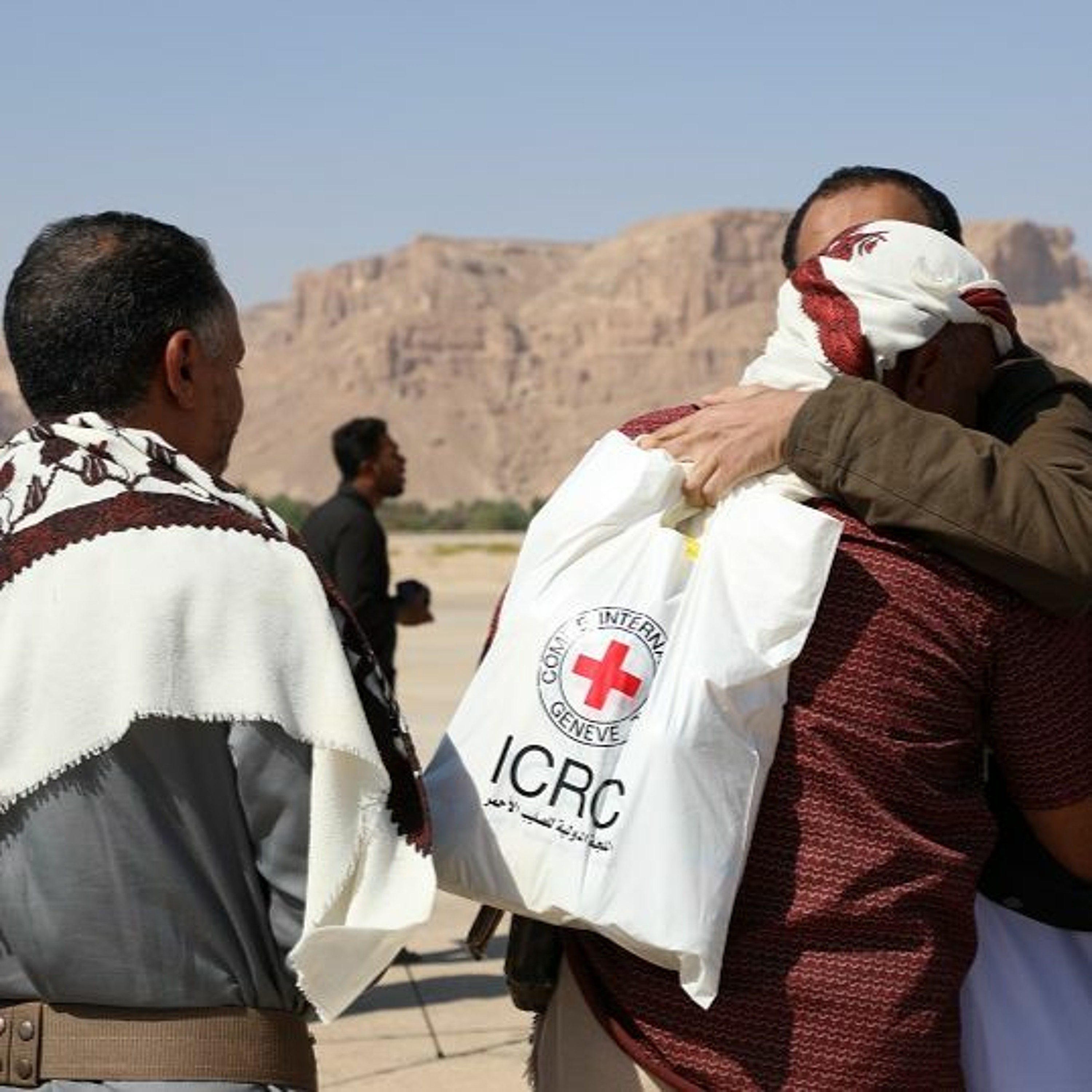 ICRC Humanitarian Law and Policy BlogTaking action, not sides: the benefits of humanitarian neutrality in warIn this post – part of our new series ‘Back to basics: humanitarian principles in contemporary armed conflict’ and released in tandem with Just Security – Fiona Terry, head of the ICRC’s Centre for Operational Research and Experience (CORE) explains her conversion from a neutrality sceptic to a genuine believer in the purpose and utility of retaining a neutral stance in war, based on first-hand experience.
Read the full blog here: https://blogs.icrc.org/law-and-policy/2022/06/21/taking-action-no…arian-neutrality/2022-06-2109 min
ICRC Humanitarian Law and Policy BlogTaking action, not sides: the benefits of humanitarian neutrality in warIn this post – part of our new series ‘Back to basics: humanitarian principles in contemporary armed conflict’ and released in tandem with Just Security – Fiona Terry, head of the ICRC’s Centre for Operational Research and Experience (CORE) explains her conversion from a neutrality sceptic to a genuine believer in the purpose and utility of retaining a neutral stance in war, based on first-hand experience.
Read the full blog here: https://blogs.icrc.org/law-and-policy/2022/06/21/taking-action-no…arian-neutrality/2022-06-2109 min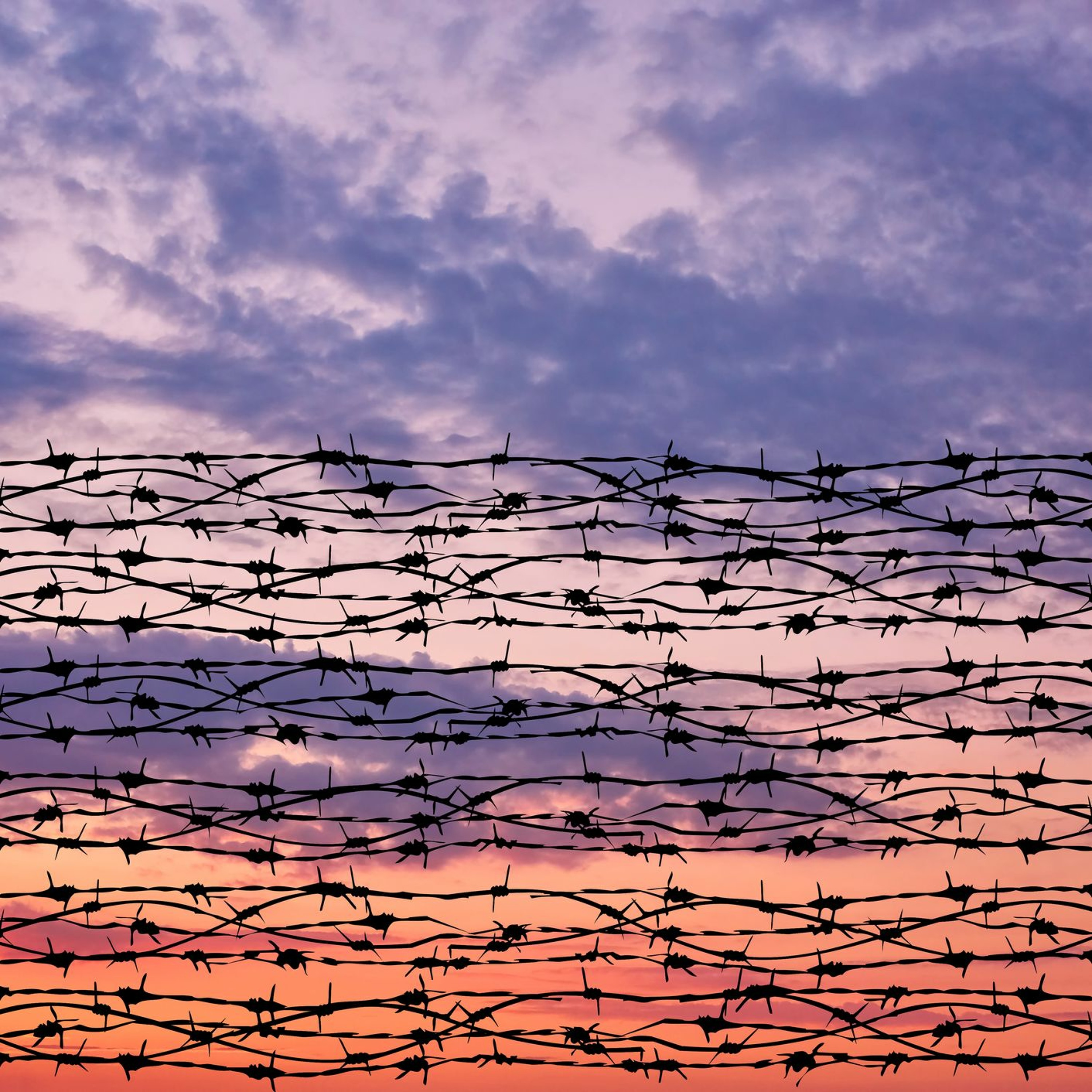 ICRC Humanitarian Law and Policy BlogIn the hands of belligerents: status and protection under the Geneva ConventionsWhen international armed conflict breaks out and people find themselves in the power of belligerent States, the four Geneva Conventions of 1949 activate with full force. By requiring humane treatment and criminalizing abuse, the Conventions serve as a bulwark against cruelty and reaffirm the notion that, even in war, there are limits. But the focus on these universal prohibitions can obscure another central feature of how the Geneva Conventions operate: they manage to reach and protect all those in the power of the belligerents, not by treating everyone identically, but by explicitly taking their different situations into account.
In this post...2022-05-1913 min
ICRC Humanitarian Law and Policy BlogIn the hands of belligerents: status and protection under the Geneva ConventionsWhen international armed conflict breaks out and people find themselves in the power of belligerent States, the four Geneva Conventions of 1949 activate with full force. By requiring humane treatment and criminalizing abuse, the Conventions serve as a bulwark against cruelty and reaffirm the notion that, even in war, there are limits. But the focus on these universal prohibitions can obscure another central feature of how the Geneva Conventions operate: they manage to reach and protect all those in the power of the belligerents, not by treating everyone identically, but by explicitly taking their different situations into account.
In this post...2022-05-1913 min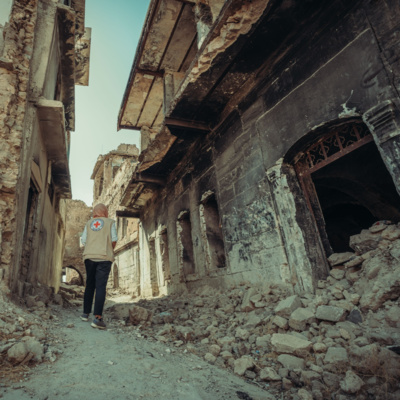 اللجنة الدولية للصليب الأحمرمن العراق: الموصل بعد ألف ليلة وليلةبعد عودتها من زيارة إلى الموصل في العراق تحدثنا إيمان الطرابلسي الناطقة الرسمية باسم اللجنة الدولية للصليب الأحمر عن الموصل التي عرفتها من كتب ألف ليلة وليلة والموصل التي لازالت تعاني حتى بعد انتهاء المعارك منذ 4 سنوات.لمزيد من المعلومات عن اللجنة الدولية زوروا موقعنا https://www.icrc.org/ar/وتابعونا علي فيس بوك https://www.facebook.com/ICRCarabic/وتويتر https://twitter.com/ICRC_ar2022-05-1710 min
اللجنة الدولية للصليب الأحمرمن العراق: الموصل بعد ألف ليلة وليلةبعد عودتها من زيارة إلى الموصل في العراق تحدثنا إيمان الطرابلسي الناطقة الرسمية باسم اللجنة الدولية للصليب الأحمر عن الموصل التي عرفتها من كتب ألف ليلة وليلة والموصل التي لازالت تعاني حتى بعد انتهاء المعارك منذ 4 سنوات.لمزيد من المعلومات عن اللجنة الدولية زوروا موقعنا https://www.icrc.org/ar/وتابعونا علي فيس بوك https://www.facebook.com/ICRCarabic/وتويتر https://twitter.com/ICRC_ar2022-05-1710 min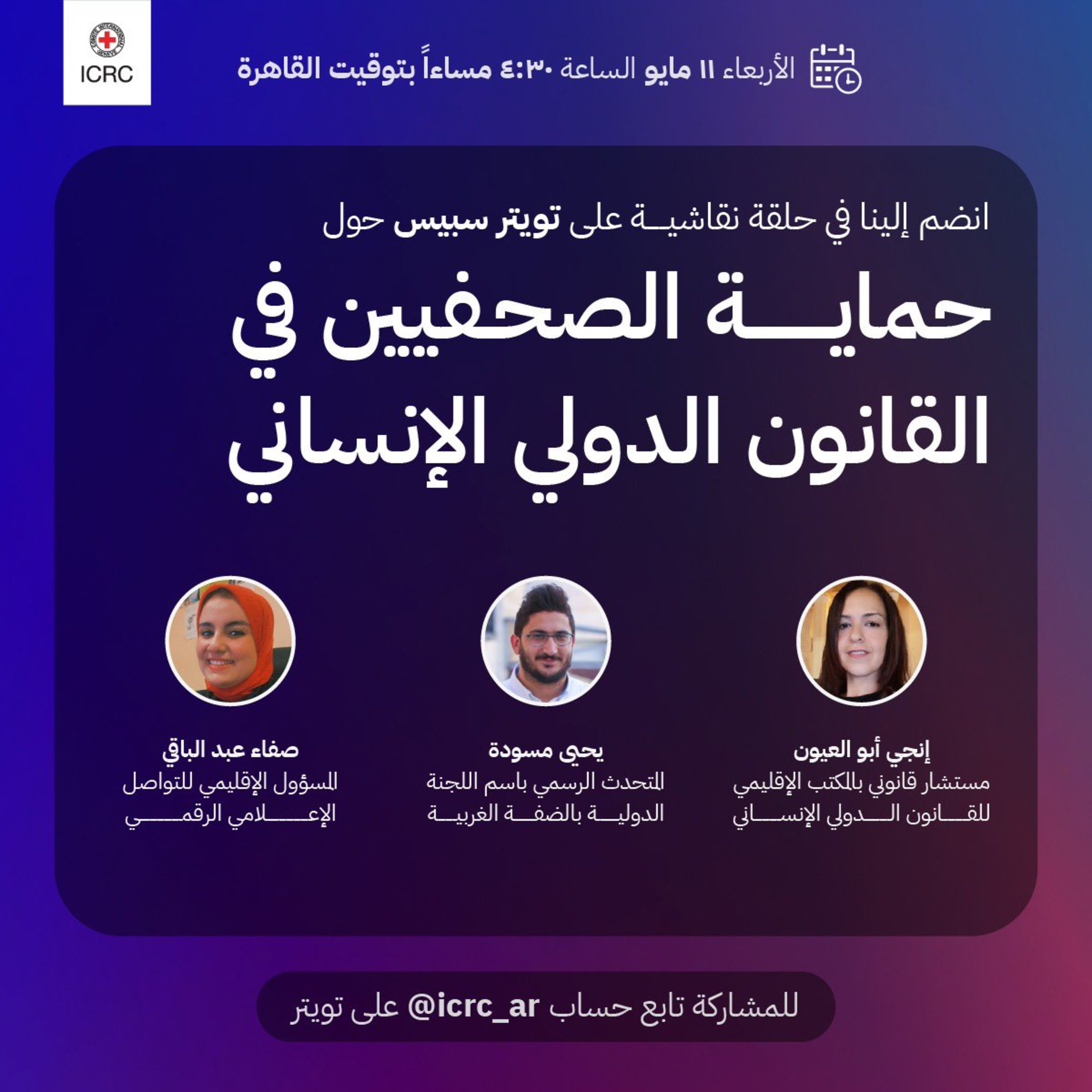 اللجنة الدولية للصليب الأحمرحلقة نقاشية: حماية الصحفيين في القانون الدولي الإنسانيتسجيل للقاء مباشر على تويتر حول حماية الصحفيين في #القانون_الدولي_الإنساني.أدار الحوار صفاء مجدي المسؤول الإقليمي للتواصل الرقمي وتحدث كل من إنجي أبو العيون المستشار القانوني بالمكتب الإقليمي للقانون الدولي الإنساني اللجنة الدولية ويحيى مسودة المتحدث الرسمي باسم اللجنة الدولية في قطاع الضفة الغربية لمزيد من المعلومات عن اللجنة الدولية زوروا موقعنا https://www.icrc.org/ar/وتابعونا علي فيس بوك https://www.facebook.com/ICRCarabic/وتويتر https://twitter.com/ICRC_ar2022-05-1628 min
اللجنة الدولية للصليب الأحمرحلقة نقاشية: حماية الصحفيين في القانون الدولي الإنسانيتسجيل للقاء مباشر على تويتر حول حماية الصحفيين في #القانون_الدولي_الإنساني.أدار الحوار صفاء مجدي المسؤول الإقليمي للتواصل الرقمي وتحدث كل من إنجي أبو العيون المستشار القانوني بالمكتب الإقليمي للقانون الدولي الإنساني اللجنة الدولية ويحيى مسودة المتحدث الرسمي باسم اللجنة الدولية في قطاع الضفة الغربية لمزيد من المعلومات عن اللجنة الدولية زوروا موقعنا https://www.icrc.org/ar/وتابعونا علي فيس بوك https://www.facebook.com/ICRCarabic/وتويتر https://twitter.com/ICRC_ar2022-05-1628 min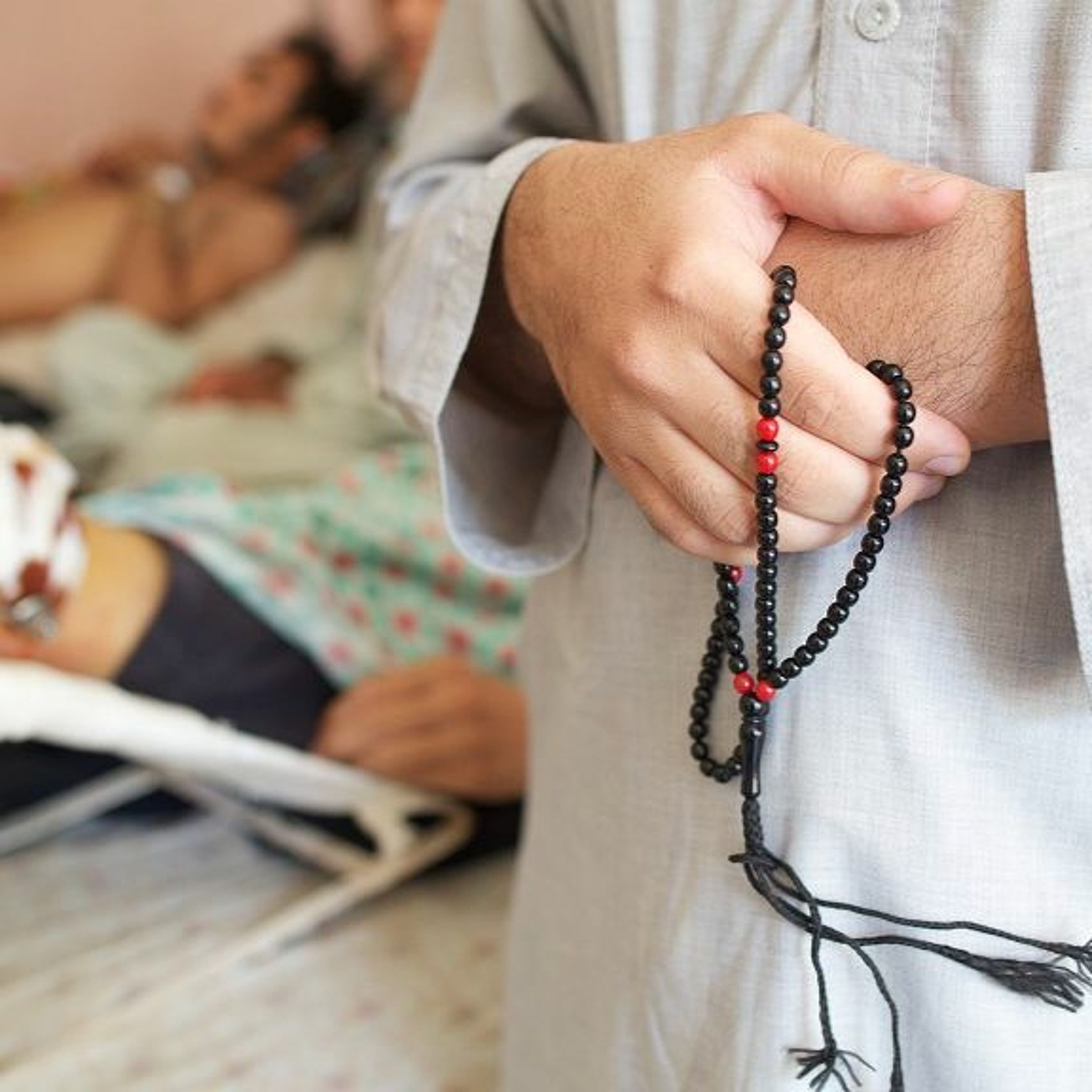 ICRC Humanitarian Law and Policy BlogHow do IHL and Islamic law protect and ensure humanitarian assistance in Afghanistan?Against a backdrop of decades of conflict and crisis, Afghanistan’s regime change in August 2021 once again propelled the need for humanitarian assistance to the forefront. Not only have needs spiked, but various sanctions mean that some vital assistance is no longer administered as needed. Further complicating the situation, the country’s complex ethnographic, cultural and religious landscape lays a fertile ground for discrimination in how assistance is distributed.
In this post, Ioanna Voudouri, ICRC’s Operational Legal Coordinator, and Ezat Gul and Yari Yar Mohammad, National Legal Advisers, write from Kabul on how international and Islamic law address these risks...2022-04-2815 min
ICRC Humanitarian Law and Policy BlogHow do IHL and Islamic law protect and ensure humanitarian assistance in Afghanistan?Against a backdrop of decades of conflict and crisis, Afghanistan’s regime change in August 2021 once again propelled the need for humanitarian assistance to the forefront. Not only have needs spiked, but various sanctions mean that some vital assistance is no longer administered as needed. Further complicating the situation, the country’s complex ethnographic, cultural and religious landscape lays a fertile ground for discrimination in how assistance is distributed.
In this post, Ioanna Voudouri, ICRC’s Operational Legal Coordinator, and Ezat Gul and Yari Yar Mohammad, National Legal Advisers, write from Kabul on how international and Islamic law address these risks...2022-04-2815 min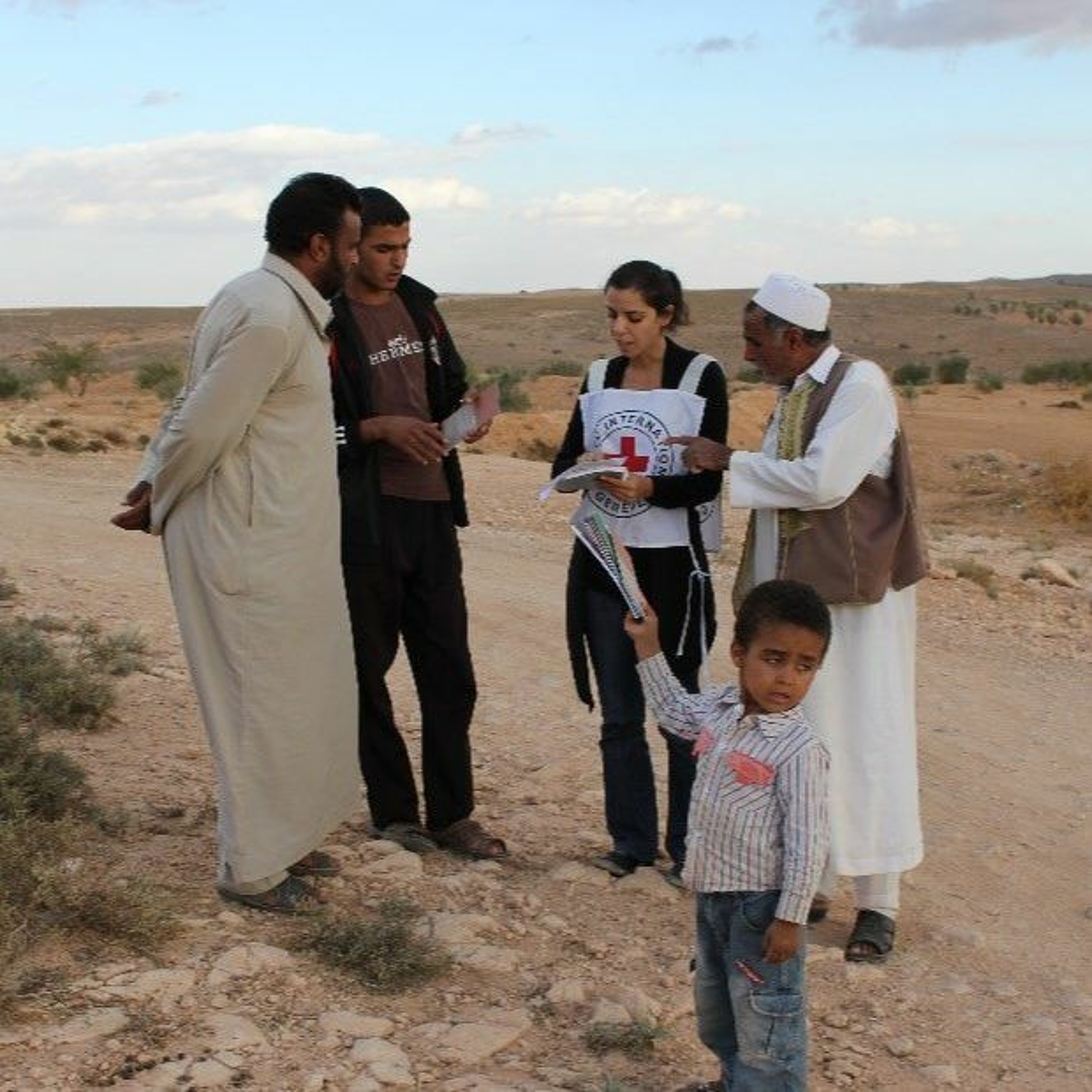 ICRC Humanitarian Law and Policy BlogBeyond access: three considerations for food security and famine prevention during armed conflictOver the past year, millions of people living in conflict-affected areas have faced severe and acute food insecurity, and the numbers continue to rise. For many, seasonal food shortages are an intractable reality, but the situation is exacerbated by the increasing intensity and frequency of climate shocks, the long-term economic impacts of COVID-19, as well as the disruptive nature of insecurity and armed conflict on global food systems.
In this post, Policy Adviser Ariana Lopes Morey, Associate Menty Kebede, and Legal Adviser Matt Pollard provide insight into the ICRC’s perspective on the legal, diplomatic and operational dimensions of efforts to...2022-04-1413 min
ICRC Humanitarian Law and Policy BlogBeyond access: three considerations for food security and famine prevention during armed conflictOver the past year, millions of people living in conflict-affected areas have faced severe and acute food insecurity, and the numbers continue to rise. For many, seasonal food shortages are an intractable reality, but the situation is exacerbated by the increasing intensity and frequency of climate shocks, the long-term economic impacts of COVID-19, as well as the disruptive nature of insecurity and armed conflict on global food systems.
In this post, Policy Adviser Ariana Lopes Morey, Associate Menty Kebede, and Legal Adviser Matt Pollard provide insight into the ICRC’s perspective on the legal, diplomatic and operational dimensions of efforts to...2022-04-1413 min ICRC Humanitarian Law and Policy BlogLooking for answers: accounting for the separated, missing and dead in international armed conflictsArmed conflicts affecting all regions of the world today continue to result in the separation of families and in people going missing and dying. Such heart wrenching loss also occurs in other situations of violence, in disasters and along migratory routes. In 2021, the ICRC registered more than 29,000 new cases of missing people, bringing the current number of cases we are following in 2022 to 173,800 – a 75% increase over the past five years. Many decades-old cases remain unresolved the world over.
In this post, ICRC legal advisers Helen Obregón and Ximena Londoño shed light on some of the particularly rich – but not su...2022-04-1116 min
ICRC Humanitarian Law and Policy BlogLooking for answers: accounting for the separated, missing and dead in international armed conflictsArmed conflicts affecting all regions of the world today continue to result in the separation of families and in people going missing and dying. Such heart wrenching loss also occurs in other situations of violence, in disasters and along migratory routes. In 2021, the ICRC registered more than 29,000 new cases of missing people, bringing the current number of cases we are following in 2022 to 173,800 – a 75% increase over the past five years. Many decades-old cases remain unresolved the world over.
In this post, ICRC legal advisers Helen Obregón and Ximena Londoño shed light on some of the particularly rich – but not su...2022-04-1116 min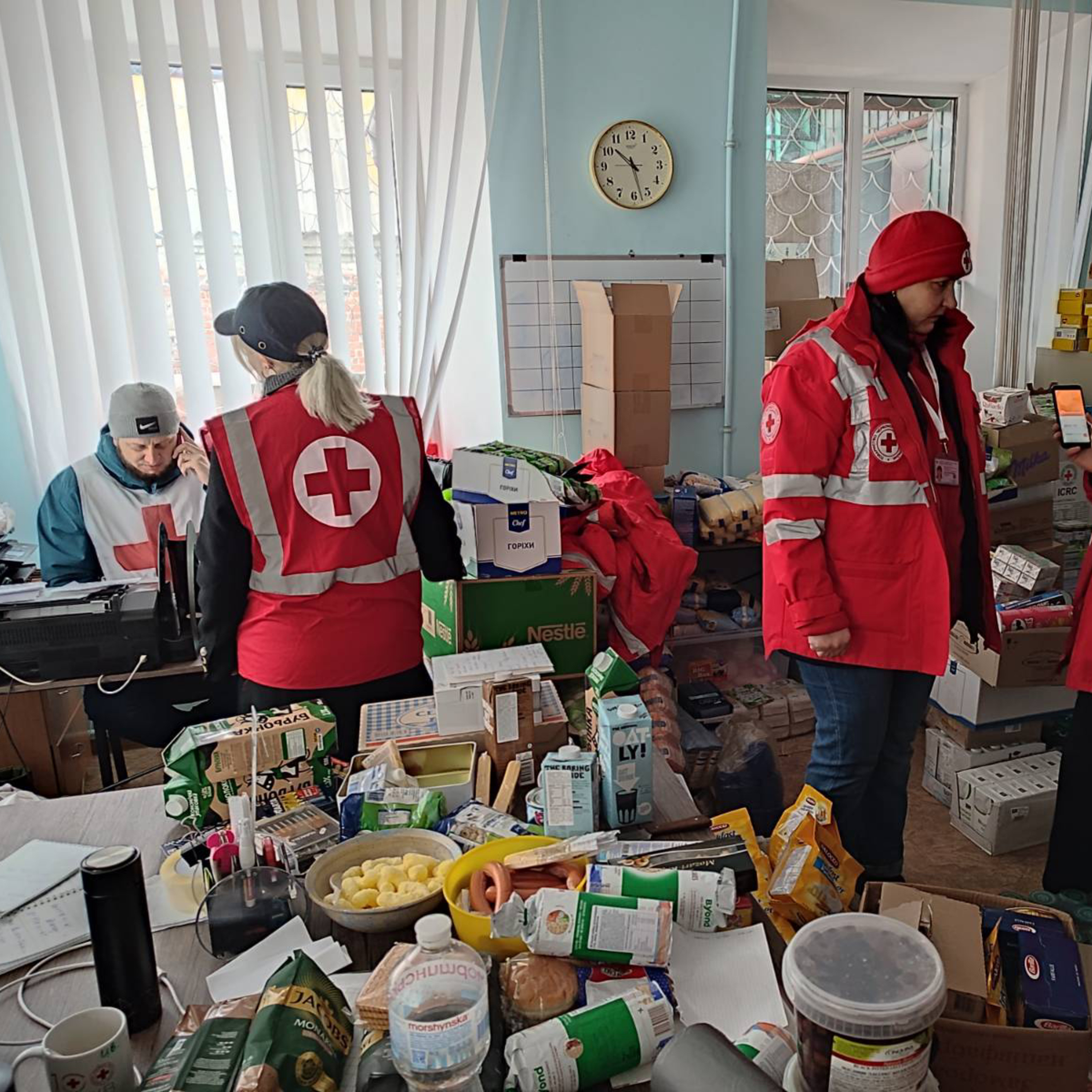 اللجنة الدولية للصليب الأحمرحلقة نقاشية: أوكرانيا وتحديات الاستجابة الميدانية للفاعلين الإنسانيينالمستجدات الميدانية حسب آخر ما نقله لنا زملاؤنا في أوكرانيا وأهم ما تدعو إليه اللجنة الدولية للصليب الأحمرلمزيد من المعلومات عن الوضع في اوكرانيا https://bit.ly/3pxOmikلمزيد من المعلومات عن اللجنة الدولية زوروا موقعنا https://www.icrc.org/ar/وتابعونا علي فيس بوك https://www.facebook.com/ICRCarabic/وتويتر https://twitter.com/ICRC_ar2022-03-0310 min
اللجنة الدولية للصليب الأحمرحلقة نقاشية: أوكرانيا وتحديات الاستجابة الميدانية للفاعلين الإنسانيينالمستجدات الميدانية حسب آخر ما نقله لنا زملاؤنا في أوكرانيا وأهم ما تدعو إليه اللجنة الدولية للصليب الأحمرلمزيد من المعلومات عن الوضع في اوكرانيا https://bit.ly/3pxOmikلمزيد من المعلومات عن اللجنة الدولية زوروا موقعنا https://www.icrc.org/ar/وتابعونا علي فيس بوك https://www.facebook.com/ICRCarabic/وتويتر https://twitter.com/ICRC_ar2022-03-0310 min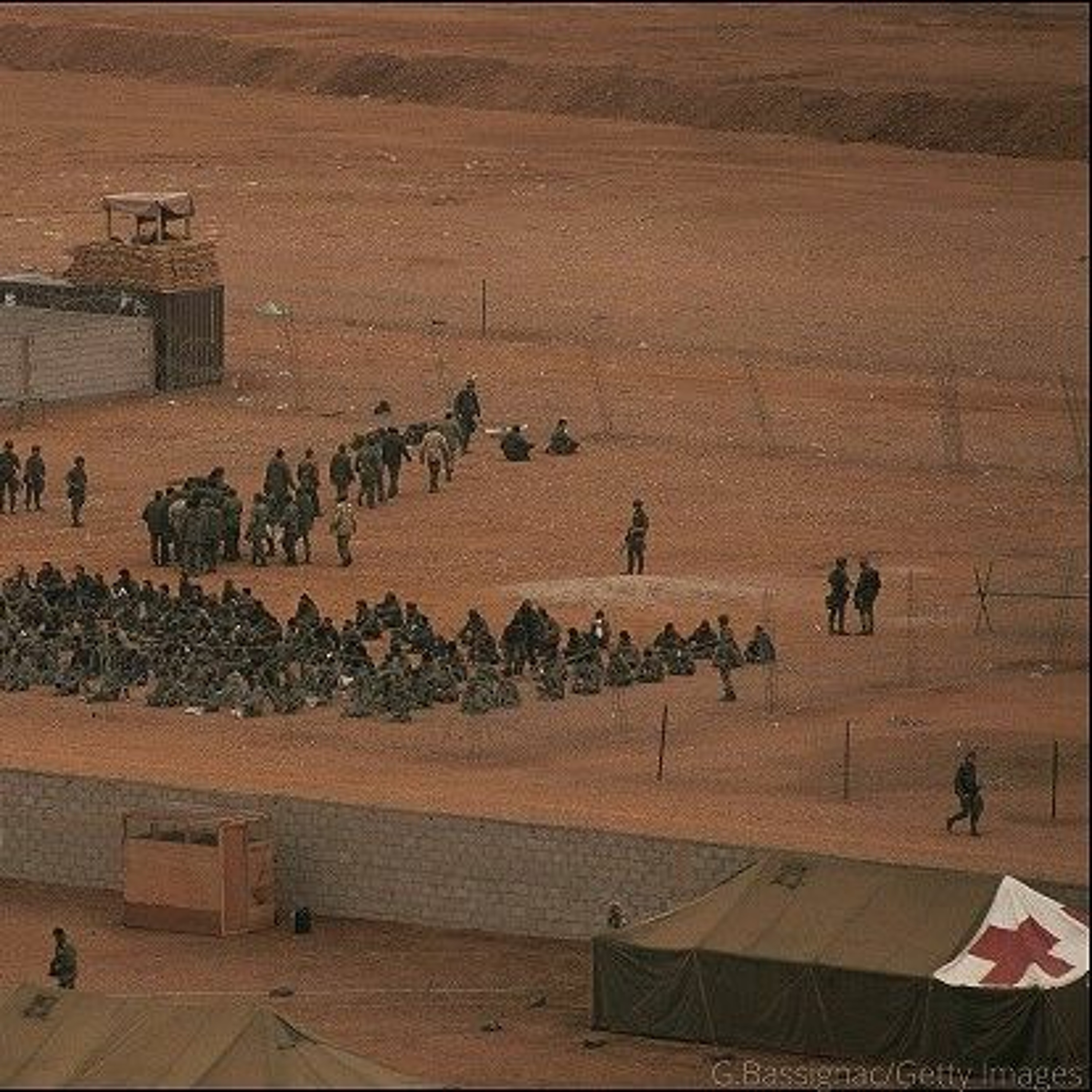 ICRC Humanitarian Law and Policy BlogIn Bruges: the enduring relevance of IHL and the updated CommentariesSince its creation in 2000, the Bruges Colloquium on International Humanitarian Law has been jointly organized by the ICRC and the College of Europe, bringing together government representatives, international organizations, military practitioners, academics and civil society to grapple with the most urgent issues relating to the law of armed conflict. Its 22nd edition, held in October 2021, examined the enduring relevance of international humanitarian law (IHL) and the update of the ICRC Commentaries.
In this post, ICRC legal adviser Mickey Orkin unpacks some of the key issues discussed during last year’s Colloquium – conversations between hundreds of participants online from 59 countries – and the ke...2022-02-2309 min
ICRC Humanitarian Law and Policy BlogIn Bruges: the enduring relevance of IHL and the updated CommentariesSince its creation in 2000, the Bruges Colloquium on International Humanitarian Law has been jointly organized by the ICRC and the College of Europe, bringing together government representatives, international organizations, military practitioners, academics and civil society to grapple with the most urgent issues relating to the law of armed conflict. Its 22nd edition, held in October 2021, examined the enduring relevance of international humanitarian law (IHL) and the update of the ICRC Commentaries.
In this post, ICRC legal adviser Mickey Orkin unpacks some of the key issues discussed during last year’s Colloquium – conversations between hundreds of participants online from 59 countries – and the ke...2022-02-2309 min اللجنة الدولية للصليب الأحمرماذا يحدث في الحسكة منذ الخميس 20 يناير؟التصعيد العنيف الذي شهدته الحسكة منذ ليلة الخميس 20 كانون الثاني/ يناير دفع عشرات الآلاف من الأشخاص إلى الفرار من ديارهم والتماس الأمان في مناطق مجاورة. أحداث العنف التي "لا يمكن تصورها" على حد وصف أحد ساكني المنطقة أحيت كوابيس النزوح الذي عاشته العائلات خلال ماضٍ قريب. في هذا البودكاست يحدثنا أحد سكان الحسكة ويروي لنا تفاصيل تلك الليلة المرعبة. رابط لبياننا الصحفي حول الأحداث في الحسكة:https://www.icrc.org/ar/document/اللجنة-الدولية-قلقة-إزاء-الوضع-الإنساني-المتدهور-في-الحسكةتعرف على أنشطتنا في سورية: https://www.icrc.org/ar/where-we-work/middle-east/syria2022-02-1005 min
اللجنة الدولية للصليب الأحمرماذا يحدث في الحسكة منذ الخميس 20 يناير؟التصعيد العنيف الذي شهدته الحسكة منذ ليلة الخميس 20 كانون الثاني/ يناير دفع عشرات الآلاف من الأشخاص إلى الفرار من ديارهم والتماس الأمان في مناطق مجاورة. أحداث العنف التي "لا يمكن تصورها" على حد وصف أحد ساكني المنطقة أحيت كوابيس النزوح الذي عاشته العائلات خلال ماضٍ قريب. في هذا البودكاست يحدثنا أحد سكان الحسكة ويروي لنا تفاصيل تلك الليلة المرعبة. رابط لبياننا الصحفي حول الأحداث في الحسكة:https://www.icrc.org/ar/document/اللجنة-الدولية-قلقة-إزاء-الوضع-الإنساني-المتدهور-في-الحسكةتعرف على أنشطتنا في سورية: https://www.icrc.org/ar/where-we-work/middle-east/syria2022-02-1005 min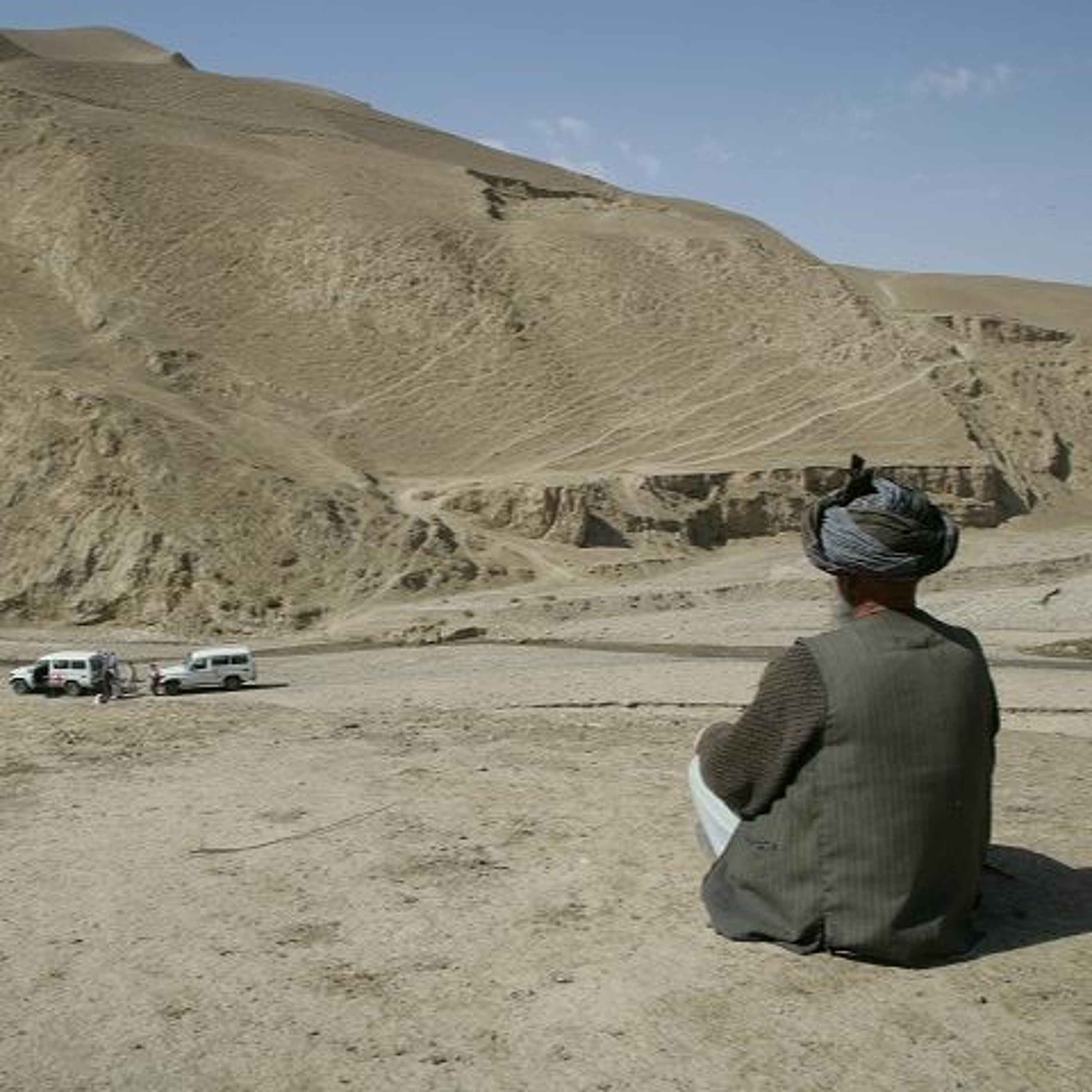 ICRC Humanitarian Law and Policy BlogCarve-out in Kabul: hard won resolution lifts humanitarian roadblock in AfghanistanOn 22 December 2021, the United Nations Security Council voted unanimously to adopt a resolution on Afghanistan introducing, for the only the second time in 30 UN sanction regimes, an explicit humanitarian carve-out. For those providing humanitarian assistance and supporting basic human needs in Afghanistan, donors, and private partners, the exemption gives much-needed assurance that they can continue their operations in Afghanistan without fear they are running afoul of UN sanctions against members of the Taliban and associated persons and entities, as well as the Haqqani Network.
What is a humanitarian carve-out, why was it so urgently necessary in the first place, and...2022-02-0310 min
ICRC Humanitarian Law and Policy BlogCarve-out in Kabul: hard won resolution lifts humanitarian roadblock in AfghanistanOn 22 December 2021, the United Nations Security Council voted unanimously to adopt a resolution on Afghanistan introducing, for the only the second time in 30 UN sanction regimes, an explicit humanitarian carve-out. For those providing humanitarian assistance and supporting basic human needs in Afghanistan, donors, and private partners, the exemption gives much-needed assurance that they can continue their operations in Afghanistan without fear they are running afoul of UN sanctions against members of the Taliban and associated persons and entities, as well as the Haqqani Network.
What is a humanitarian carve-out, why was it so urgently necessary in the first place, and...2022-02-0310 min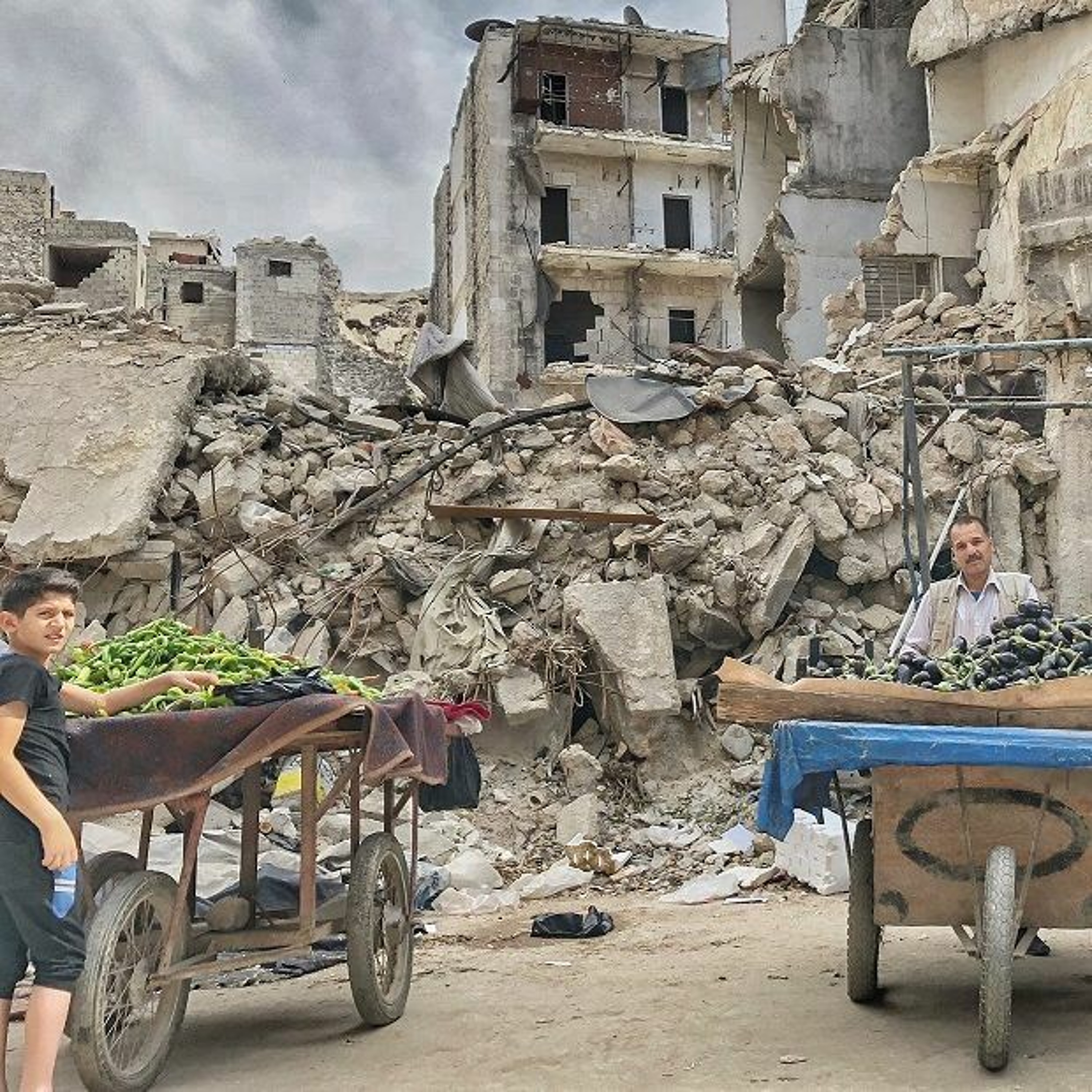 ICRC Humanitarian Law and Policy BlogExplosive weapons with wide area effects: a deadly choice in populated areasThe use of explosive weapons with a wide impact area in populated areas is one of the main causes of civilian harm in today’s armed conflicts. Despite their widespread and reverberating effects, they are the weapons predominantly in use in urban warfare today.
In this post, part of our urban warfare series and marking the launch of a new ICRC report, ICRC Legal Adviser Eirini Giorgou unpacks the deadly effects of these weapons on civilians and the challenges of using them in compliance with international humanitarian law. She fleshes out the ICRC’s call to action to avoid using heav...2022-01-2516 min
ICRC Humanitarian Law and Policy BlogExplosive weapons with wide area effects: a deadly choice in populated areasThe use of explosive weapons with a wide impact area in populated areas is one of the main causes of civilian harm in today’s armed conflicts. Despite their widespread and reverberating effects, they are the weapons predominantly in use in urban warfare today.
In this post, part of our urban warfare series and marking the launch of a new ICRC report, ICRC Legal Adviser Eirini Giorgou unpacks the deadly effects of these weapons on civilians and the challenges of using them in compliance with international humanitarian law. She fleshes out the ICRC’s call to action to avoid using heav...2022-01-2516 min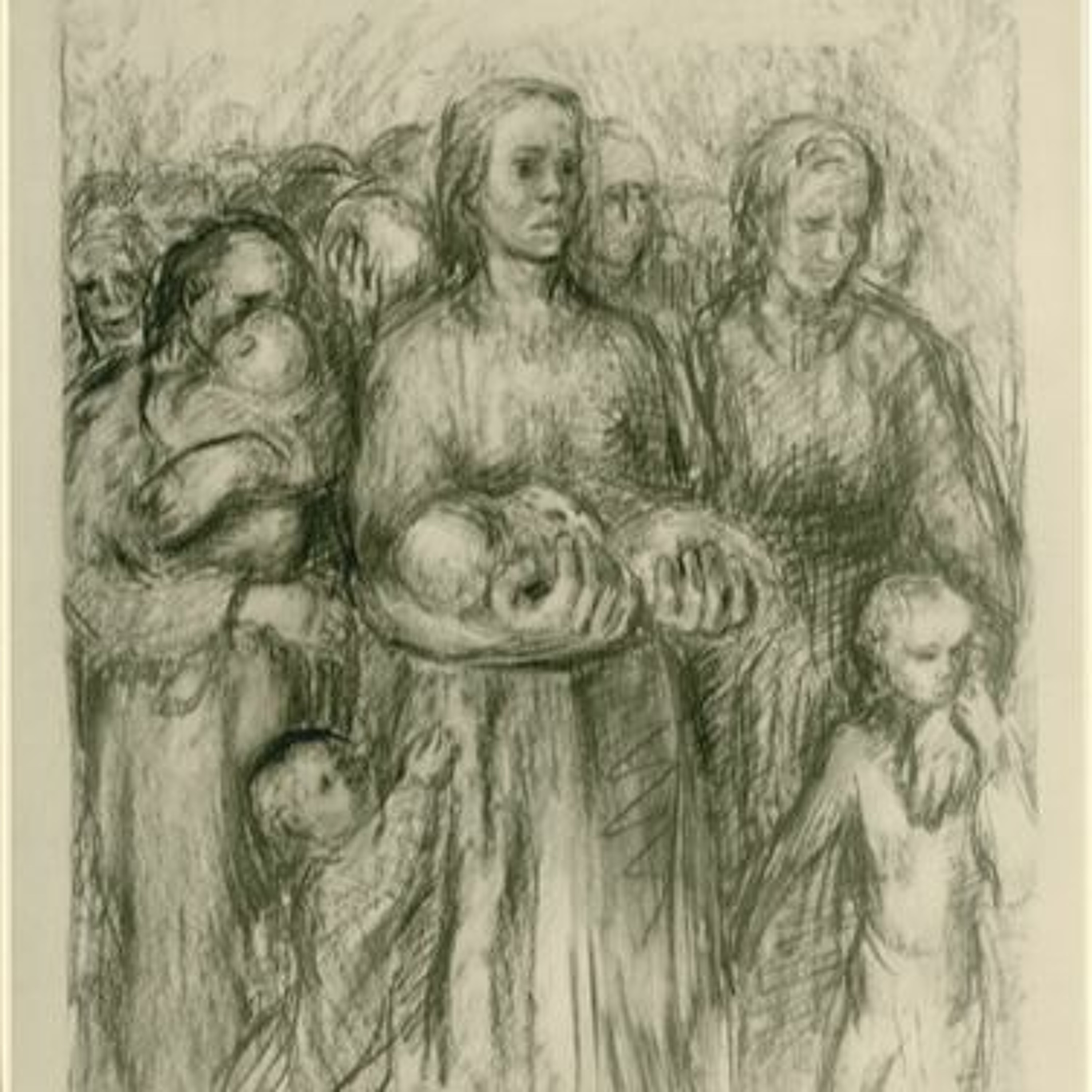 ICRC Humanitarian Law and Policy BlogSexual violence in armed conflict: the historical limits of humanitarian action & ICRC in the 20thCDespite clear legal prohibitions, sexual violence remains widespread and prevalent during armed conflicts and other situations of violence, with grave humanitarian consequences. Sexual violence is often utilized as a tactical or strategic means of overwhelming and weakening the adversary, whether directly or indirectly, by targeting the civilian population.
In this post to mark the 30th campaign of the 16 Days of Action, ICRC historian Daniel Palmieri examines ICRC inaction during the mid-20th century – and the Swiss cultural backdrop against which the organization operated at that time – to unearth contextual and structural factors that contributed to this glaring historical passivity.2021-12-0214 min
ICRC Humanitarian Law and Policy BlogSexual violence in armed conflict: the historical limits of humanitarian action & ICRC in the 20thCDespite clear legal prohibitions, sexual violence remains widespread and prevalent during armed conflicts and other situations of violence, with grave humanitarian consequences. Sexual violence is often utilized as a tactical or strategic means of overwhelming and weakening the adversary, whether directly or indirectly, by targeting the civilian population.
In this post to mark the 30th campaign of the 16 Days of Action, ICRC historian Daniel Palmieri examines ICRC inaction during the mid-20th century – and the Swiss cultural backdrop against which the organization operated at that time – to unearth contextual and structural factors that contributed to this glaring historical passivity.2021-12-0214 min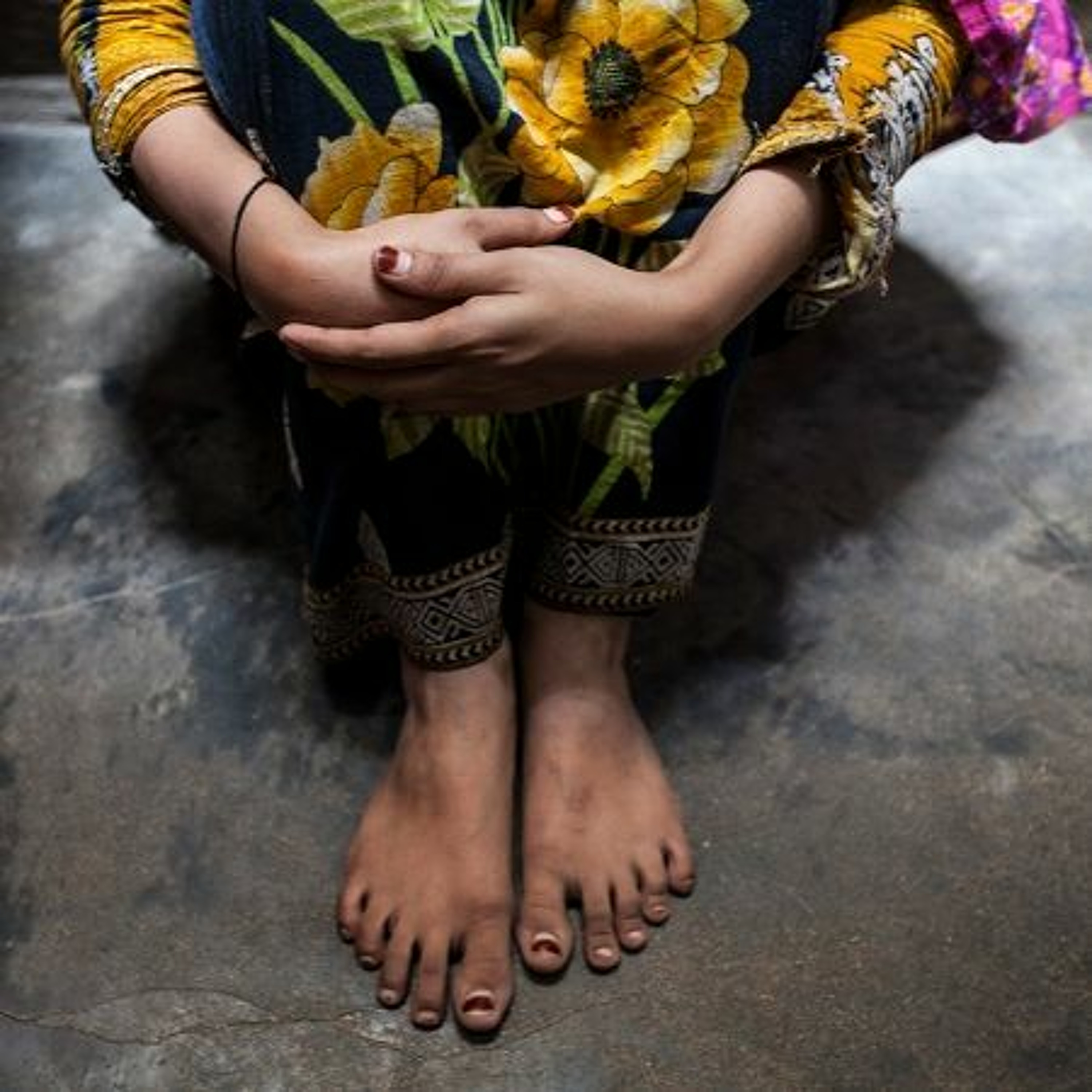 ICRC Humanitarian Law and Policy BlogWalking the talk on SGBV: an implementation checklist to narrow the gapsThirty years ago today, 23 women launched the ‘16 Days of Action’ against gender-based violence.[1] Each year, this campaign begins on the 25th of November (International Day for the Elimination of Violence against Women) and ends on the 10th of December (Human Rights Day) to symbolically link these two days. In the three decades since, much has been achieved – we now have many international commitments and plans of action to eliminate gender-based violence. A critical component of these is the modification of domestic legislation.
In this post to mark the 30th campaign of the 16 Days of Action, Rachael Kitching, Vanessa Murphy and Kelisi...2021-11-2513 min
ICRC Humanitarian Law and Policy BlogWalking the talk on SGBV: an implementation checklist to narrow the gapsThirty years ago today, 23 women launched the ‘16 Days of Action’ against gender-based violence.[1] Each year, this campaign begins on the 25th of November (International Day for the Elimination of Violence against Women) and ends on the 10th of December (Human Rights Day) to symbolically link these two days. In the three decades since, much has been achieved – we now have many international commitments and plans of action to eliminate gender-based violence. A critical component of these is the modification of domestic legislation.
In this post to mark the 30th campaign of the 16 Days of Action, Rachael Kitching, Vanessa Murphy and Kelisi...2021-11-2513 min ICRC Humanitarian Law and Policy BlogSignaling legal protection in a digitalizing world: a new era for the distinctive emblems?The use of digital technology in armed conflict is rising sharply. Such developments come with risks, but they may also provide opportunities. For example, could new technologies help digitally signal that certain infrastructure and assets enjoy protection under international humanitarian law? For 150 years, the red cross and red crescent, and more recently the red crystal, have performed this function in the physical world. Would it be feasible, and advisable from a cyber-security point of view, to mark the digital assets of protected entities in times of armed conflict?
In this post, Tilman Rodenhäuser, Legal Adviser at the ICRC, Laurent G...2021-09-1612 min
ICRC Humanitarian Law and Policy BlogSignaling legal protection in a digitalizing world: a new era for the distinctive emblems?The use of digital technology in armed conflict is rising sharply. Such developments come with risks, but they may also provide opportunities. For example, could new technologies help digitally signal that certain infrastructure and assets enjoy protection under international humanitarian law? For 150 years, the red cross and red crescent, and more recently the red crystal, have performed this function in the physical world. Would it be feasible, and advisable from a cyber-security point of view, to mark the digital assets of protected entities in times of armed conflict?
In this post, Tilman Rodenhäuser, Legal Adviser at the ICRC, Laurent G...2021-09-1612 min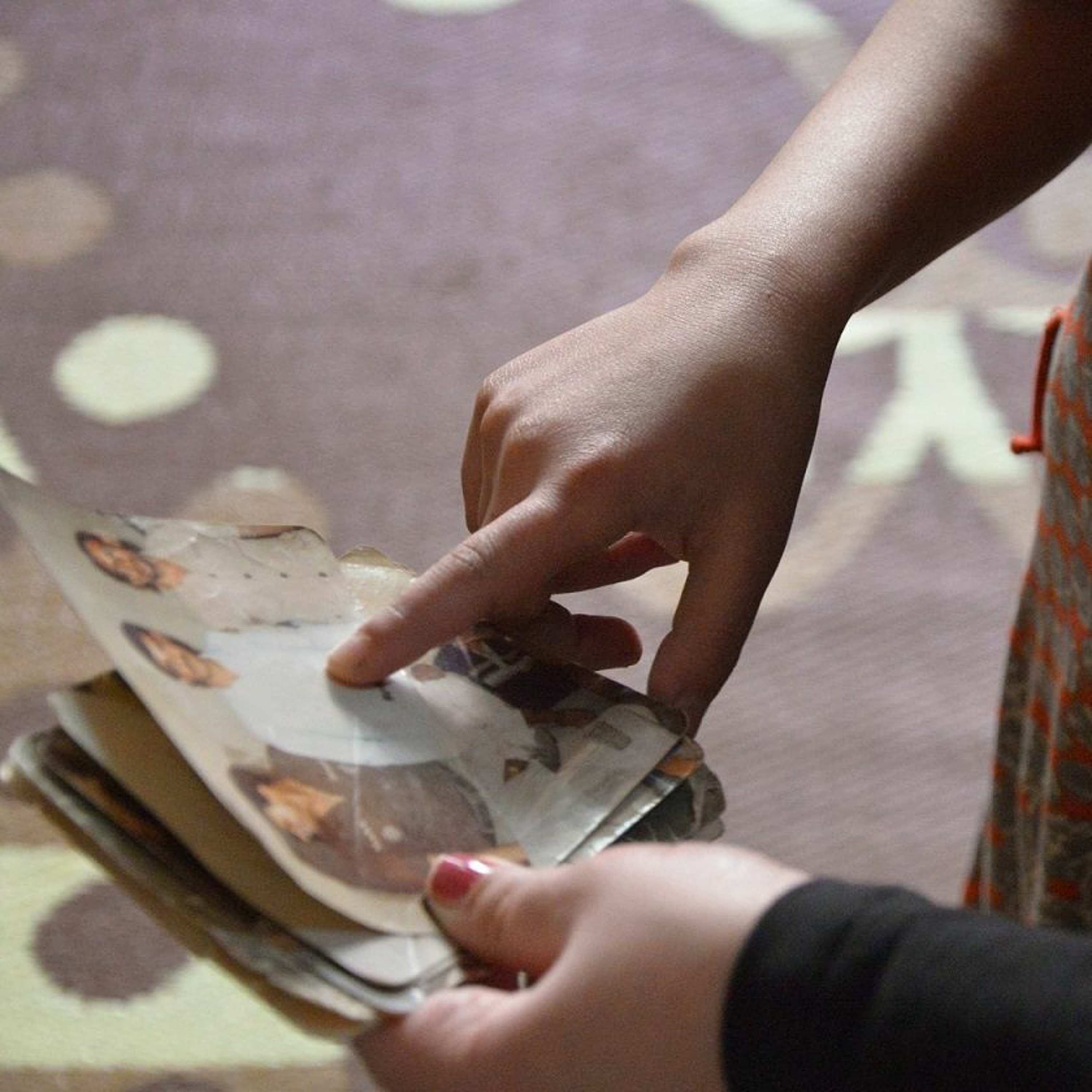 ICRC Humanitarian Law and Policy BlogSustaining the momentum: working to prevent and address enforced disappearancesPreventing persons from going missing, clarifying the fate and whereabouts of those who do and supporting their loved ones, including in their quest to know what happened and to seek justice for serious violations of international humanitarian law and international human rights law, are as important as ever.
Looking towards the International Day of Victims of Enforced Disappearance, ICRC legal advisers Ximena Londoño and Helen Obregón Gieseken provide key elements on how the law protects victims of enforced disappearance and other missing persons and on how the ICRC contributes to the broader global, regional, national and local efforts to...2021-08-2617 min
ICRC Humanitarian Law and Policy BlogSustaining the momentum: working to prevent and address enforced disappearancesPreventing persons from going missing, clarifying the fate and whereabouts of those who do and supporting their loved ones, including in their quest to know what happened and to seek justice for serious violations of international humanitarian law and international human rights law, are as important as ever.
Looking towards the International Day of Victims of Enforced Disappearance, ICRC legal advisers Ximena Londoño and Helen Obregón Gieseken provide key elements on how the law protects victims of enforced disappearance and other missing persons and on how the ICRC contributes to the broader global, regional, national and local efforts to...2021-08-2617 min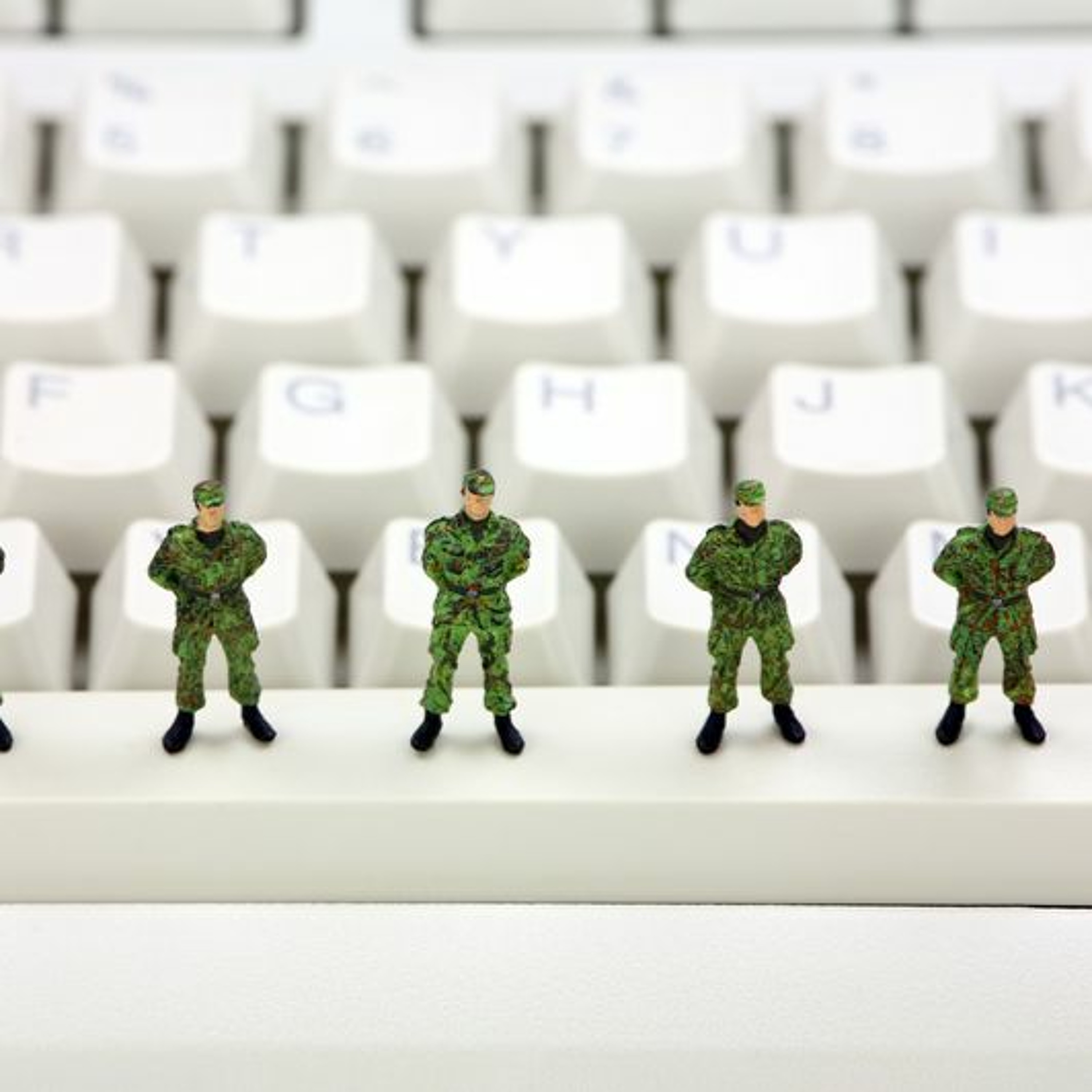 ICRC Humanitarian Law and Policy BlogDigital safe havens: sheltering civilians from military cyber operationsIn the spring of 2021, the ICRC and Geneva Academy jointly organized a student essay competition on the protection of civilians against the dangers posed by military cyber operations. Students from nearly 30 countries and all continents of the world contributed short essays answering the question: ‘Which measures – technical, policy, legal, or other – should States put in place to avoid or at least reduce the risk of civilian harm from military cyber operations during armed conflicts?’
Today, we are delighted to publish Isabelle Peart’s winning essay. In the words of one of the chairs of the jury, ICRC’s Laurent Gisel, Isabelle’s e...2021-07-0106 min
ICRC Humanitarian Law and Policy BlogDigital safe havens: sheltering civilians from military cyber operationsIn the spring of 2021, the ICRC and Geneva Academy jointly organized a student essay competition on the protection of civilians against the dangers posed by military cyber operations. Students from nearly 30 countries and all continents of the world contributed short essays answering the question: ‘Which measures – technical, policy, legal, or other – should States put in place to avoid or at least reduce the risk of civilian harm from military cyber operations during armed conflicts?’
Today, we are delighted to publish Isabelle Peart’s winning essay. In the words of one of the chairs of the jury, ICRC’s Laurent Gisel, Isabelle’s e...2021-07-0106 min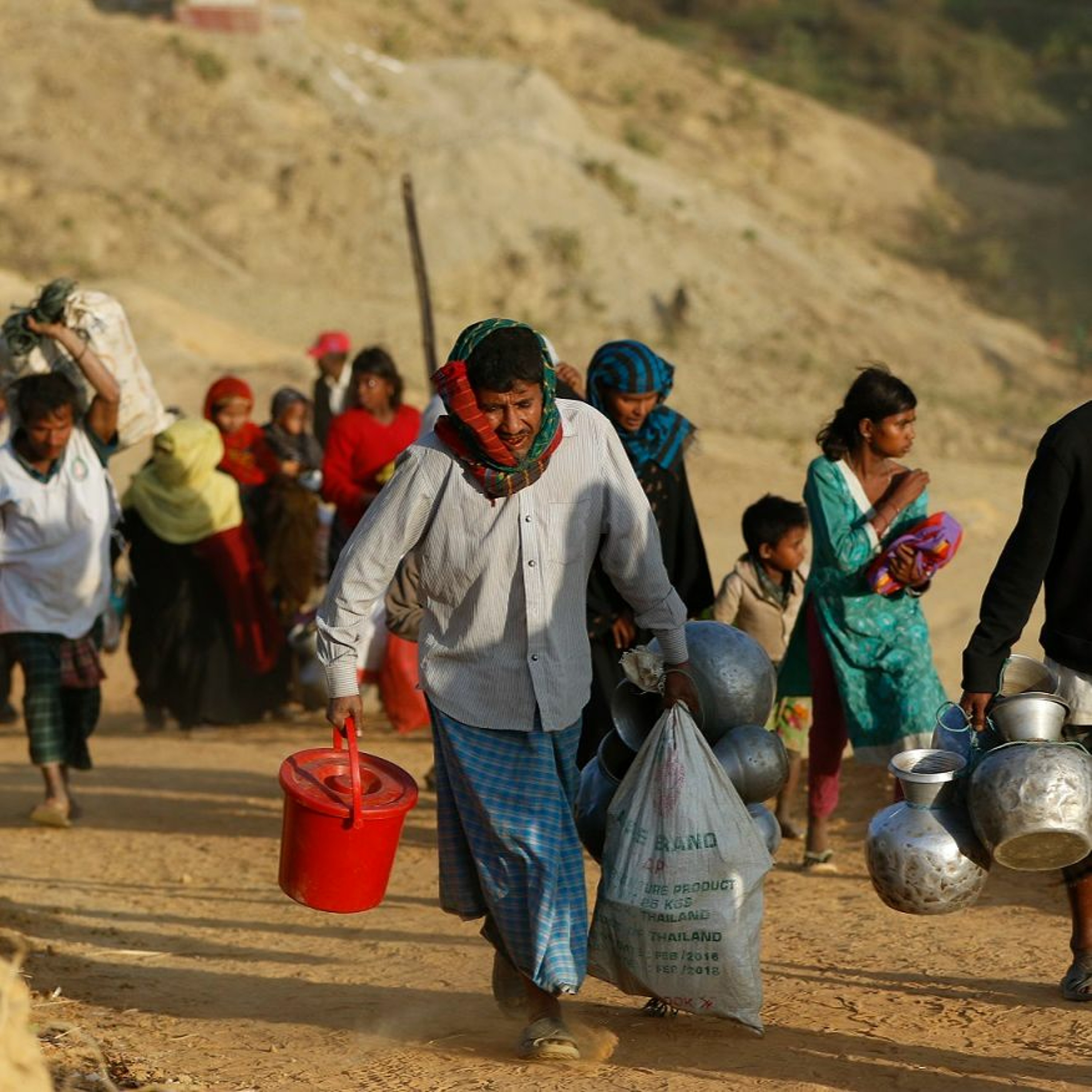 ICRC Humanitarian Law and Policy BlogThe principle of non-refoulement under Islamic law and international lawAs we mark World Refugee Day this year, the UN High Commissioner for Refugees (UNHCR) has announced new and staggering figures, ones that have been growing steadily over the past ten years. By the end of 2020, 82.4 million people had been forced to flee their homes, among them 26.4 million refugees. Within these sobering statistics, three countries with a predominantly Muslim population held undesirable top rankings: Syria, with the highest number of refugees, Turkey, where most refugees were hosted, and Lebanon, which hosted the highest number of refugees relative to its population size[1]. More generally, the data confirms that, at least in...2021-06-1811 min
ICRC Humanitarian Law and Policy BlogThe principle of non-refoulement under Islamic law and international lawAs we mark World Refugee Day this year, the UN High Commissioner for Refugees (UNHCR) has announced new and staggering figures, ones that have been growing steadily over the past ten years. By the end of 2020, 82.4 million people had been forced to flee their homes, among them 26.4 million refugees. Within these sobering statistics, three countries with a predominantly Muslim population held undesirable top rankings: Syria, with the highest number of refugees, Turkey, where most refugees were hosted, and Lebanon, which hosted the highest number of refugees relative to its population size[1]. More generally, the data confirms that, at least in...2021-06-1811 min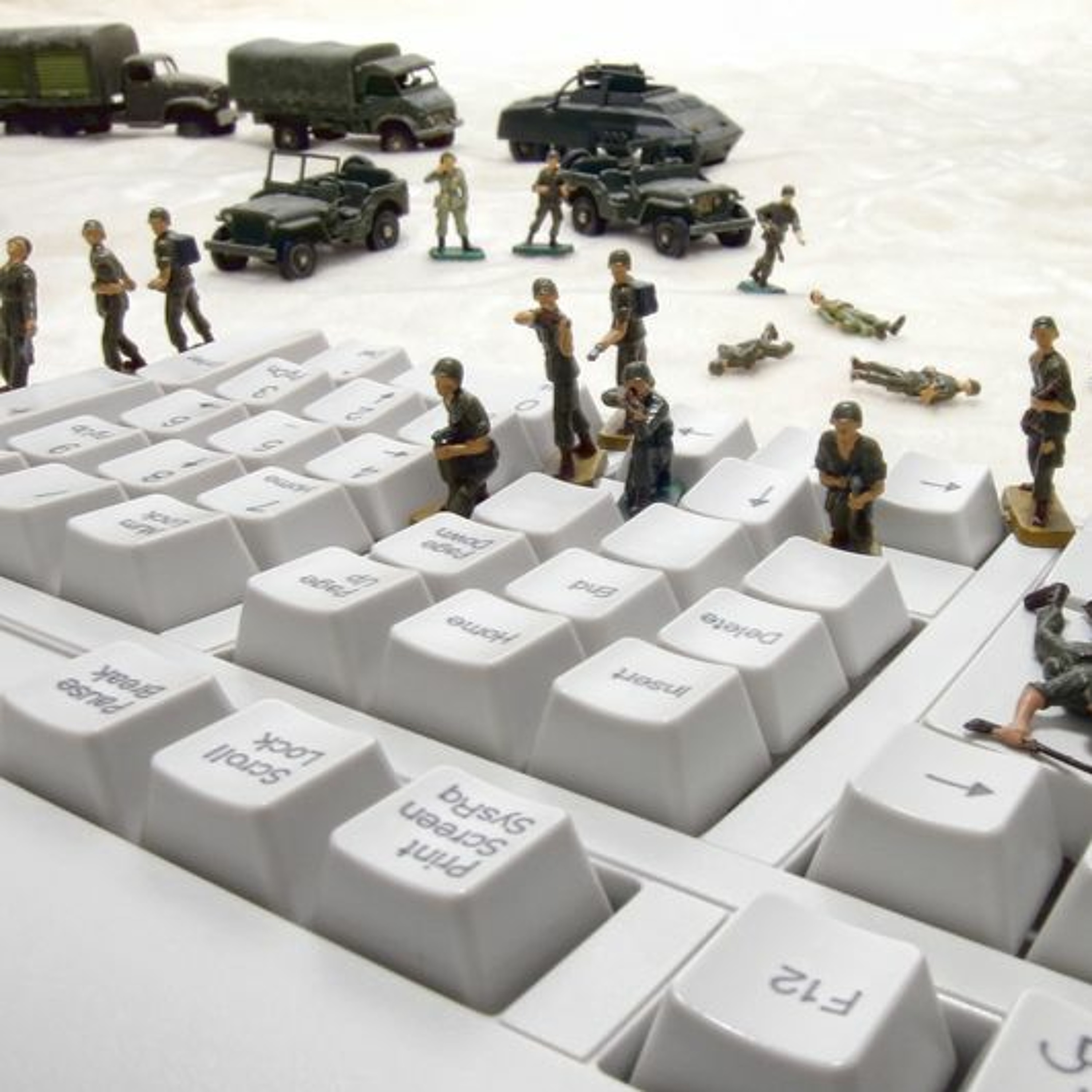 ICRC Humanitarian Law and Policy BlogAvoiding civilian harm during military cyber operations: six key takeawaysIn today’s armed conflicts, cyber operations are increasingly used in support of and alongside kinetic operations. Several States have publicly acknowledged such use, and many more are developing military cyber capabilities. In parallel, cyber incidents – primarily outside armed conflicts – have resulted in damage and disruption to civilian services, including hospitals, water and electrical infrastructure, and nuclear and petrochemical facilities. They offer a chilling warning about the potential humanitarian impact of military cyber operations in contemporary and future armed conflicts.
If the risk of civilian harm from military cyber operations is to be reduced, it is necessary to consider how it can...2021-06-1513 min
ICRC Humanitarian Law and Policy BlogAvoiding civilian harm during military cyber operations: six key takeawaysIn today’s armed conflicts, cyber operations are increasingly used in support of and alongside kinetic operations. Several States have publicly acknowledged such use, and many more are developing military cyber capabilities. In parallel, cyber incidents – primarily outside armed conflicts – have resulted in damage and disruption to civilian services, including hospitals, water and electrical infrastructure, and nuclear and petrochemical facilities. They offer a chilling warning about the potential humanitarian impact of military cyber operations in contemporary and future armed conflicts.
If the risk of civilian harm from military cyber operations is to be reduced, it is necessary to consider how it can...2021-06-1513 min ICRC Humanitarian Law and Policy BlogProtecting the environment during armed conflict: IHL and Islamic lawProtecting the environment during armed conflict is garnering renewed attention in light of the ongoing climate and environment crisis. At its root, however, this is not a new phenomenon. It can be seen in the deliberations of Muslim jurists as far back as the 7th and 8th centuries. Some shared questions between modern day international humanitarian law (IHL) and these historical debates include the basis on which the natural environment is protected, from which other legal elements stem.
In this post, part of the War, Law and the Environment blog series with the Conflict and Environment Observatory, ICRC’s Dr. Ah...2021-06-0313 min
ICRC Humanitarian Law and Policy BlogProtecting the environment during armed conflict: IHL and Islamic lawProtecting the environment during armed conflict is garnering renewed attention in light of the ongoing climate and environment crisis. At its root, however, this is not a new phenomenon. It can be seen in the deliberations of Muslim jurists as far back as the 7th and 8th centuries. Some shared questions between modern day international humanitarian law (IHL) and these historical debates include the basis on which the natural environment is protected, from which other legal elements stem.
In this post, part of the War, Law and the Environment blog series with the Conflict and Environment Observatory, ICRC’s Dr. Ah...2021-06-0313 min ICRC Humanitarian Law and Policy BlogOvercoming the disconnect: environmental protection and armed conflictsEnvironmental effects of armed conflicts do not only result from the conduct of hostilities but also from toxic or hazardous remnants of war, excessive exploitation of conflict resources, unsustainable survival strategies of affected populations, or institutional collapse. In addition to the recently released ICRC Guidelines, the International Law Commission’s (ILC) work on protection of the environment in relation to armed conflicts contributes to updating the international legal response to conflict-related environmental harm.
In this post and as part of our War, Law and the Environment blog series, Ambassador Marja Lehto, Special Rapporteur of the ILC, argues that there is st...2021-05-2711 min
ICRC Humanitarian Law and Policy BlogOvercoming the disconnect: environmental protection and armed conflictsEnvironmental effects of armed conflicts do not only result from the conduct of hostilities but also from toxic or hazardous remnants of war, excessive exploitation of conflict resources, unsustainable survival strategies of affected populations, or institutional collapse. In addition to the recently released ICRC Guidelines, the International Law Commission’s (ILC) work on protection of the environment in relation to armed conflicts contributes to updating the international legal response to conflict-related environmental harm.
In this post and as part of our War, Law and the Environment blog series, Ambassador Marja Lehto, Special Rapporteur of the ILC, argues that there is st...2021-05-2711 min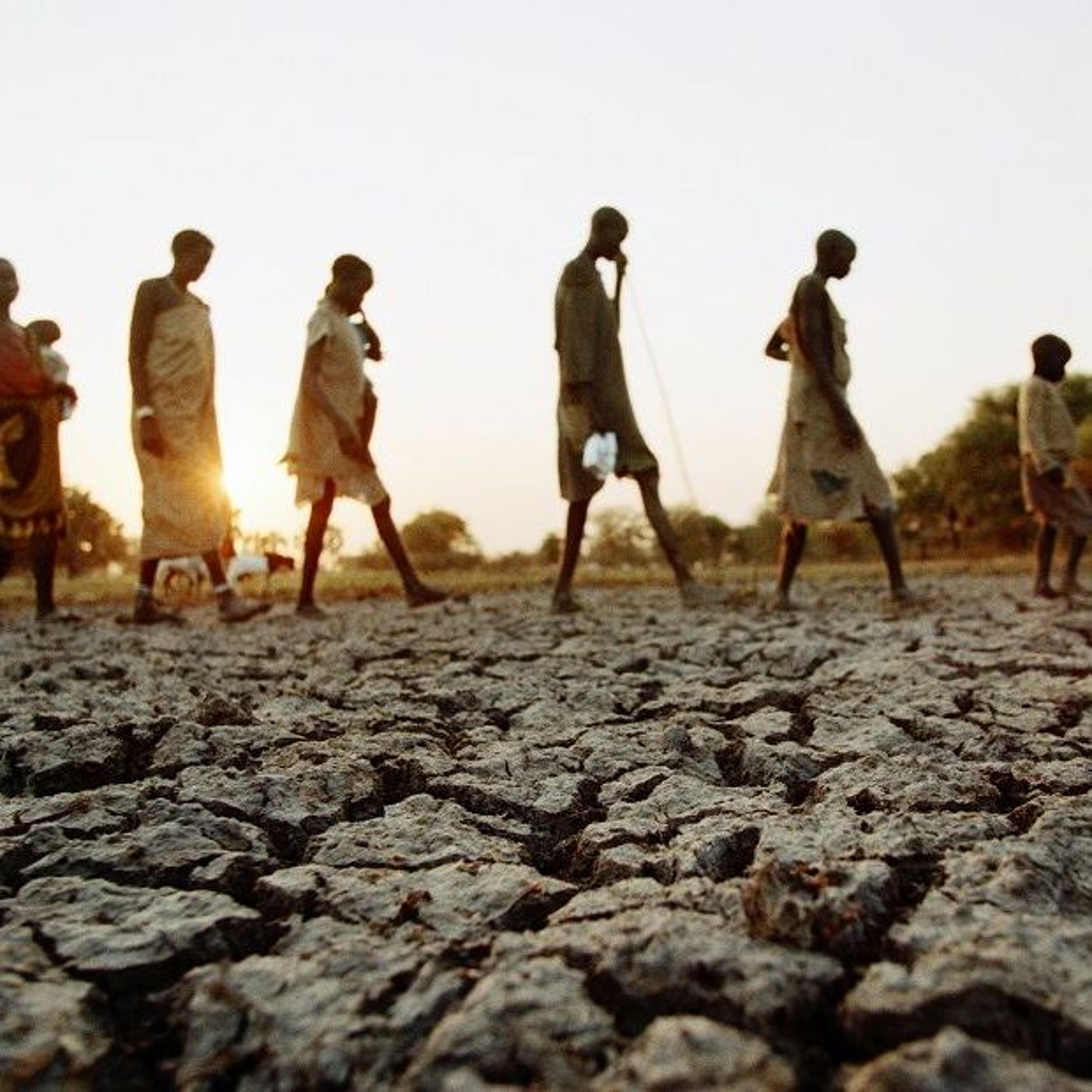 ICRC Humanitarian Law and Policy BlogFighting without a Planet B: how IHL protects the natural environment in armed conflictArmed conflicts from Kuwait to Vietnam continue to remind us that the environment can be deeply scarred by war, a reality that climate risks now magnify for many dependent communities. But while a certain amount of environmental damage may be considered inherent to war, the destruction must and does have limits.
This post by ICRC legal advisers Vanessa Murphy and Helen Obregón, which launches a series on war, law and the environment co-hosted with the Conflict and Environment Observatory, provides an overview of the ICRC’s updated Guidelines on the Protection of the Natural Environment in Armed Conflict and set...2021-05-2521 min
ICRC Humanitarian Law and Policy BlogFighting without a Planet B: how IHL protects the natural environment in armed conflictArmed conflicts from Kuwait to Vietnam continue to remind us that the environment can be deeply scarred by war, a reality that climate risks now magnify for many dependent communities. But while a certain amount of environmental damage may be considered inherent to war, the destruction must and does have limits.
This post by ICRC legal advisers Vanessa Murphy and Helen Obregón, which launches a series on war, law and the environment co-hosted with the Conflict and Environment Observatory, provides an overview of the ICRC’s updated Guidelines on the Protection of the Natural Environment in Armed Conflict and set...2021-05-2521 min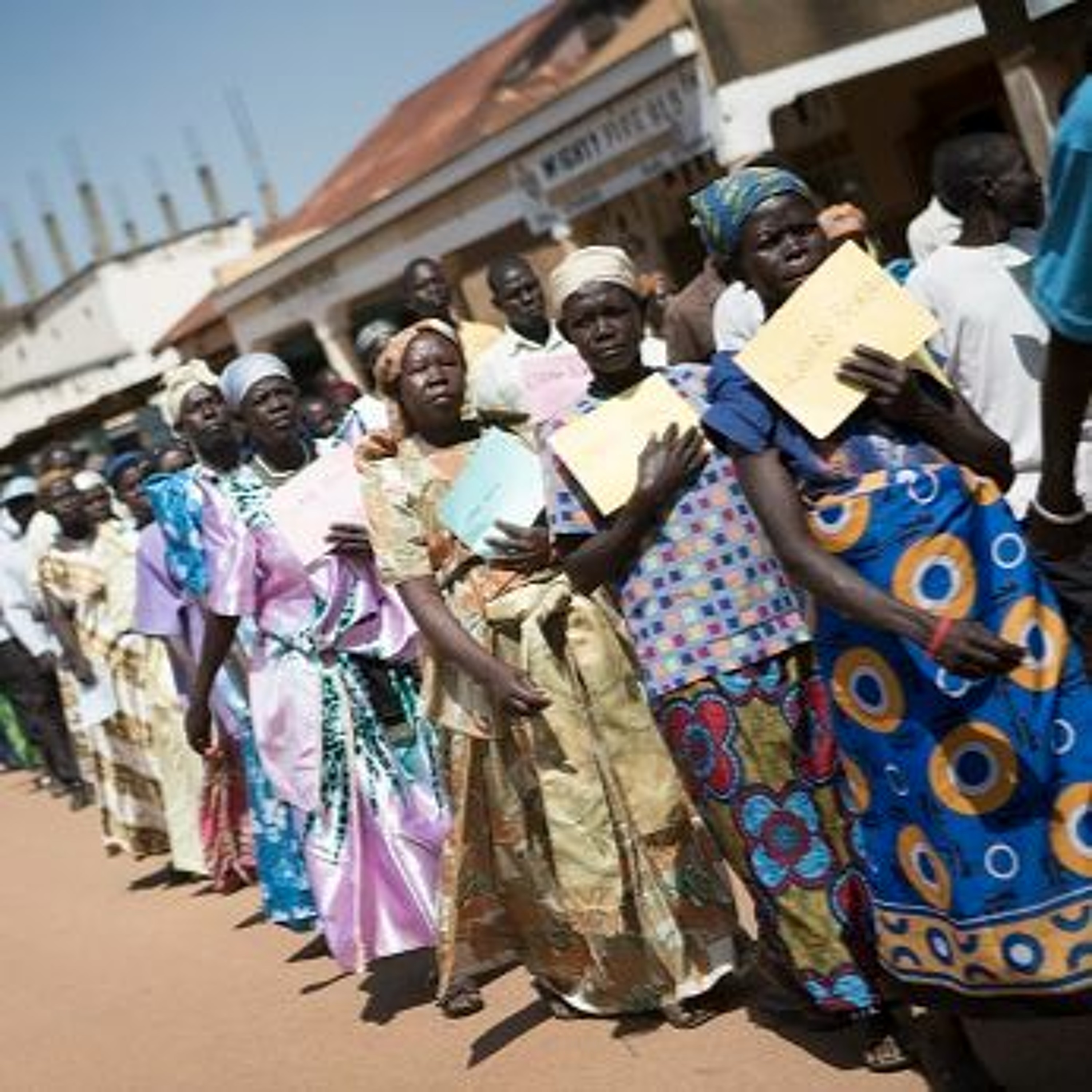 ICRC Humanitarian Law and Policy BlogWhere are they? Three things the families of missing persons teach us about war and peaceProtecting family links and helping to prevent and, whenever possible, resolve cases of missing persons requires action during armed conflict and other situations of violence but also in peacetime and post-conflict. Families of missing persons bring special insight into the long-term impact of conflict and violence on individuals, on the fabric of society and on the relationship between citizens and the State.
As we mark the 150th anniversary of the Central Tracing Agency, Eva Svoboda, ICRC Deputy-Director for Law and Policy, and Filipa Schmitz Guinote, ICRC Policy Advisor, reflect on what the shared experience of families of missing persons can...2021-05-2015 min
ICRC Humanitarian Law and Policy BlogWhere are they? Three things the families of missing persons teach us about war and peaceProtecting family links and helping to prevent and, whenever possible, resolve cases of missing persons requires action during armed conflict and other situations of violence but also in peacetime and post-conflict. Families of missing persons bring special insight into the long-term impact of conflict and violence on individuals, on the fabric of society and on the relationship between citizens and the State.
As we mark the 150th anniversary of the Central Tracing Agency, Eva Svoboda, ICRC Deputy-Director for Law and Policy, and Filipa Schmitz Guinote, ICRC Policy Advisor, reflect on what the shared experience of families of missing persons can...2021-05-2015 min ICRC Humanitarian Law and Policy BlogThe ‘fog of war’ . . . and informationMisinformation, disinformation and hate speech (MDH) has become a ubiquitous feature of the ‘information’ or ‘digital’ age. In conflict settings, so-called ‘fake news’ can lead to death, injury, imprisonment, discrimination or displacement. It can, directly or indirectly, fuel vicious cycles of violence and further entrench already protracted conflicts.
Ahead of a discussion on ‘information disorders’ in the humanitarian sector, Sandrine Tiller, Strategic Adviser at Médecins Sans Frontières, Pierrick Devidal, ICRC Policy Adviser, and Delphine van Solinge, ICRC Digital Risk Adviser, discuss how harmful information online or MDH is a growing yet overlooked risk in humanitarian settings, with potentially far-reaching impli...2021-05-2009 min
ICRC Humanitarian Law and Policy BlogThe ‘fog of war’ . . . and informationMisinformation, disinformation and hate speech (MDH) has become a ubiquitous feature of the ‘information’ or ‘digital’ age. In conflict settings, so-called ‘fake news’ can lead to death, injury, imprisonment, discrimination or displacement. It can, directly or indirectly, fuel vicious cycles of violence and further entrench already protracted conflicts.
Ahead of a discussion on ‘information disorders’ in the humanitarian sector, Sandrine Tiller, Strategic Adviser at Médecins Sans Frontières, Pierrick Devidal, ICRC Policy Adviser, and Delphine van Solinge, ICRC Digital Risk Adviser, discuss how harmful information online or MDH is a growing yet overlooked risk in humanitarian settings, with potentially far-reaching impli...2021-05-2009 min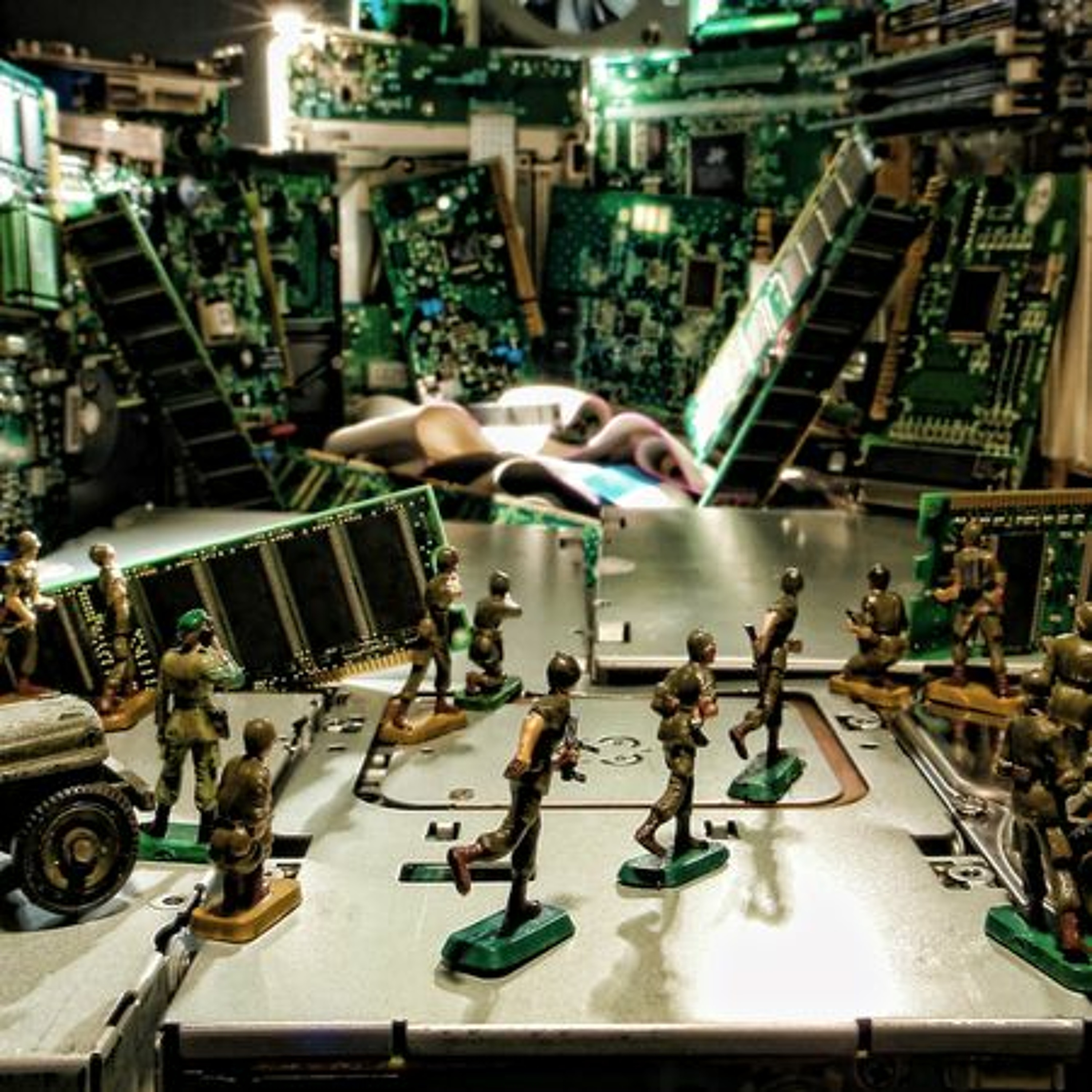 ICRC Humanitarian Law and Policy BlogEven ‘cyber wars’ have limits. But what if they didn’t?Cyber operations have become a reality of today’s armed conflicts, and their use is likely to continue to increase in the future. In response to this trend, the ICRC has long maintained that international humanitarian law (IHL) governs – and limits – any use of cyber operations during armed conflicts. But what is really at stake?
In this post, ICRC legal advisers Tilman Rodenhäuser and Kubo Mačák explain that the risk of harm to humans is significant, and that the seemingly technical issue of IHL applicability in cyberspace makes a difference in the real world.2021-05-1913 min
ICRC Humanitarian Law and Policy BlogEven ‘cyber wars’ have limits. But what if they didn’t?Cyber operations have become a reality of today’s armed conflicts, and their use is likely to continue to increase in the future. In response to this trend, the ICRC has long maintained that international humanitarian law (IHL) governs – and limits – any use of cyber operations during armed conflicts. But what is really at stake?
In this post, ICRC legal advisers Tilman Rodenhäuser and Kubo Mačák explain that the risk of harm to humans is significant, and that the seemingly technical issue of IHL applicability in cyberspace makes a difference in the real world.2021-05-1913 min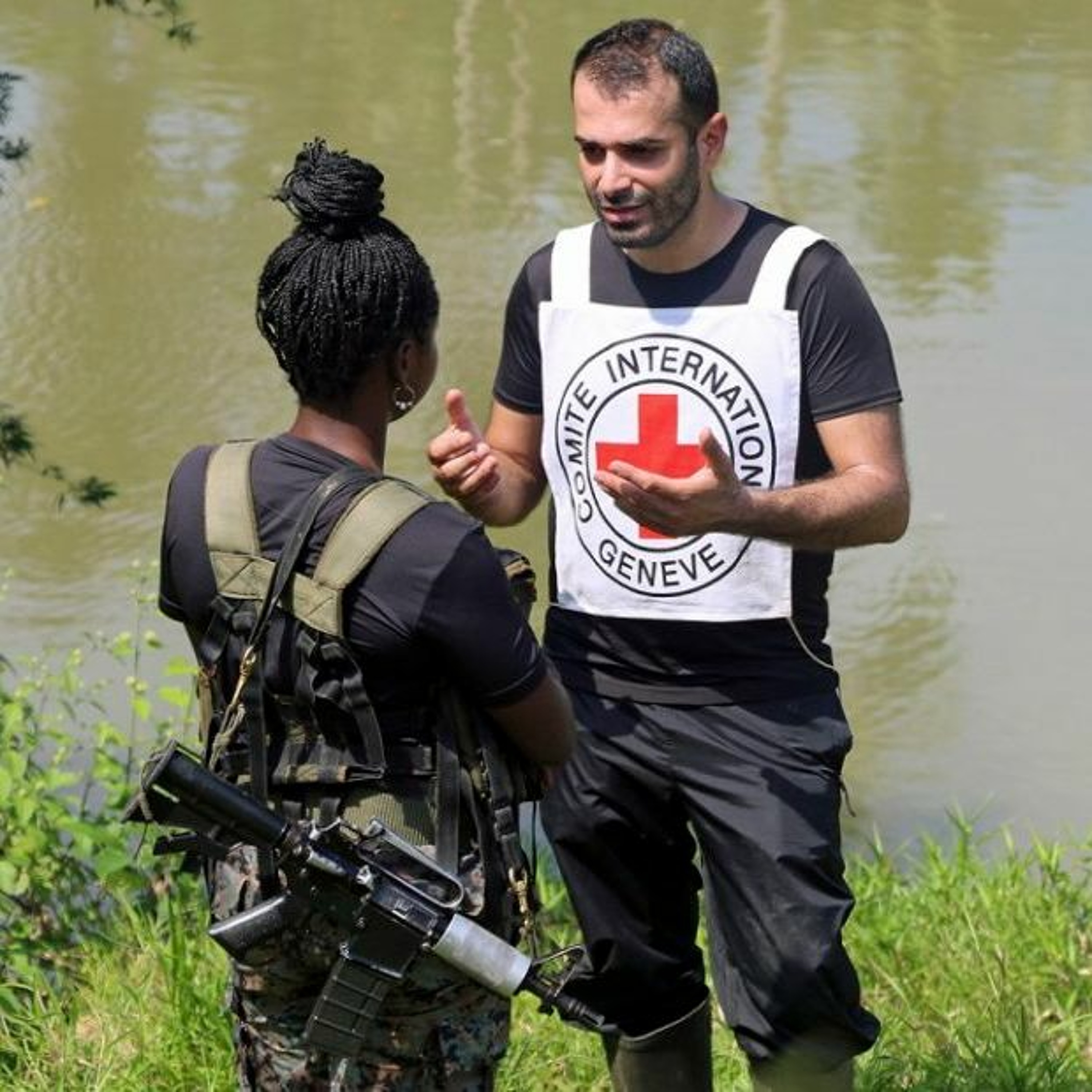 ICRC Humanitarian Law and Policy BlogICRC engagement with non-State armed groups: why and howIn 2020, the ICRC counted 614 armed groups of concern to the organization’s humanitarian operations around the world. As part of its impartial humanitarian work, the ICRC had contact with roughly three quarters of these groups – irrespective of the countries in which they operate, their ideology, religion, motivation or any other characteristic.
The ICRC recently published a position paper elaborating the main reasons for the organization’s engagement with armed groups, with a focus on non-State armed groups (NSAGs) that are parties to armed conflicts, and some of the challenges of such engagement. In this post, Jelena Pejic, ICRC senior legal advise...2021-05-1907 min
ICRC Humanitarian Law and Policy BlogICRC engagement with non-State armed groups: why and howIn 2020, the ICRC counted 614 armed groups of concern to the organization’s humanitarian operations around the world. As part of its impartial humanitarian work, the ICRC had contact with roughly three quarters of these groups – irrespective of the countries in which they operate, their ideology, religion, motivation or any other characteristic.
The ICRC recently published a position paper elaborating the main reasons for the organization’s engagement with armed groups, with a focus on non-State armed groups (NSAGs) that are parties to armed conflicts, and some of the challenges of such engagement. In this post, Jelena Pejic, ICRC senior legal advise...2021-05-1907 min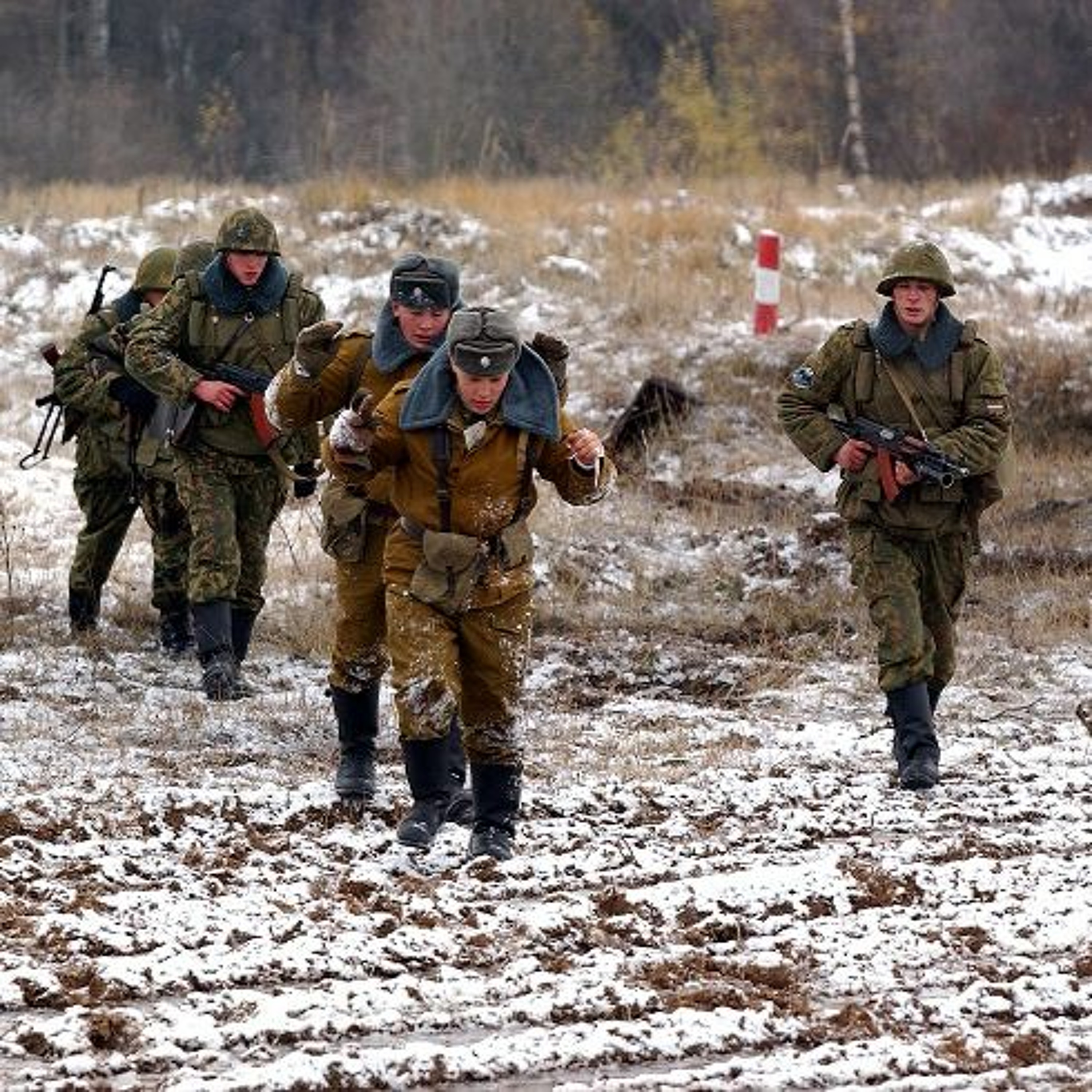 ICRC Humanitarian Law and Policy BlogGCIII Commentary: Common Article 1 and State responsibilityThe extent to which States have legal responsibilities under international humanitarian law in relation to the conduct of others has long been contested. Under general international law, the law on State responsibility does set out certain circumstances in which States have negative and positive obligations arising from others’ wrongful conduct, yet these are heavily restricted.
In this post – part of a joint blog symposium with Opinio Juris exploring the ICRC Commentary on the Third Geneva Convention (GCIII Commentary) – Lawrence Hill-Cawthorne, an Associate Professor in Public International Law at the University of Reading, considers the relationship between the ICRC’s interpretation of commo...2021-05-1813 min
ICRC Humanitarian Law and Policy BlogGCIII Commentary: Common Article 1 and State responsibilityThe extent to which States have legal responsibilities under international humanitarian law in relation to the conduct of others has long been contested. Under general international law, the law on State responsibility does set out certain circumstances in which States have negative and positive obligations arising from others’ wrongful conduct, yet these are heavily restricted.
In this post – part of a joint blog symposium with Opinio Juris exploring the ICRC Commentary on the Third Geneva Convention (GCIII Commentary) – Lawrence Hill-Cawthorne, an Associate Professor in Public International Law at the University of Reading, considers the relationship between the ICRC’s interpretation of commo...2021-05-1813 min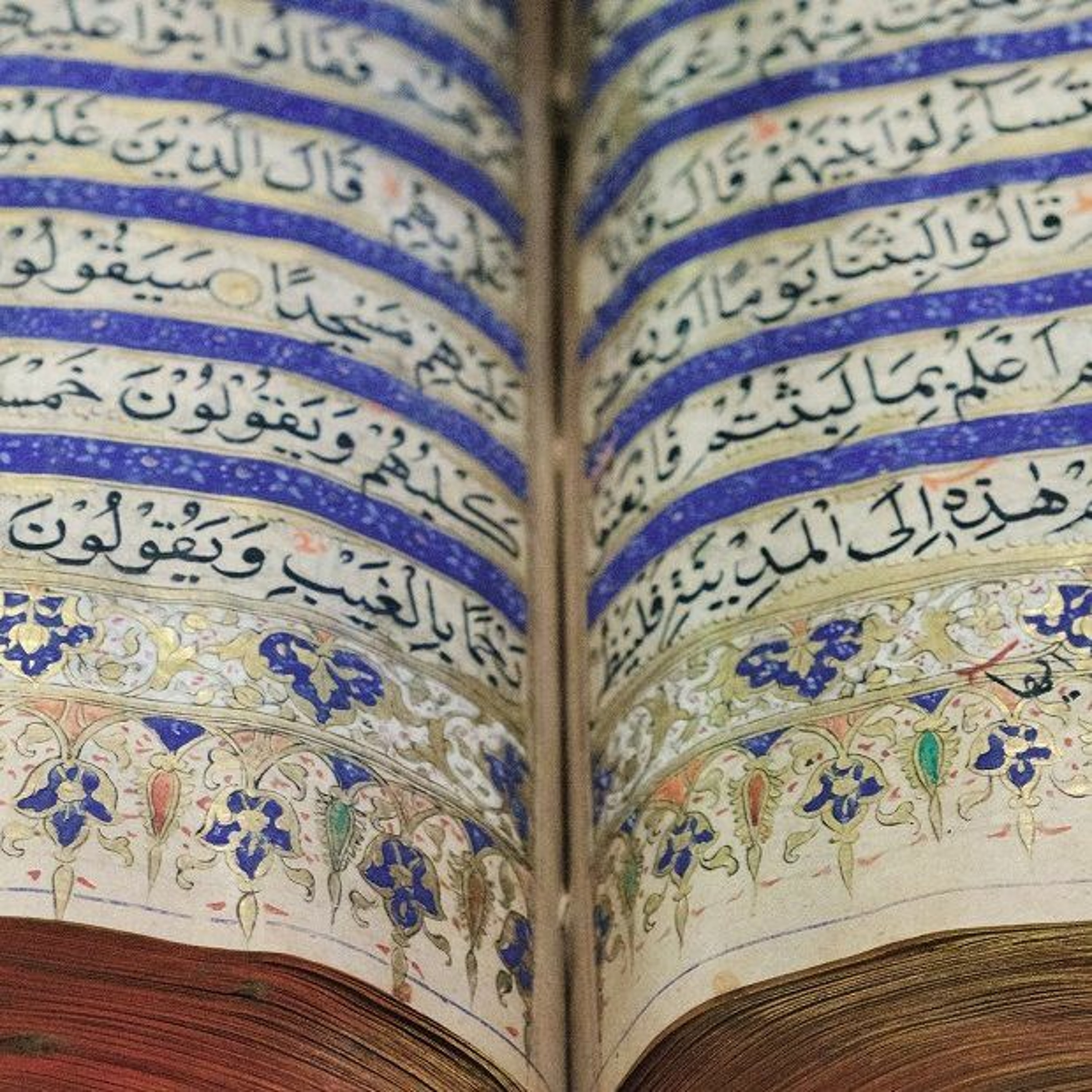 ICRC Humanitarian Law and Policy BlogGCIII Commentary: an Islamic perspective on the treatment of prisoners of warWhile ratification of the Geneva Conventions is a relatively recent phenomenon, warfare has always been subject to certain principles and customs. Two thirds of today’s armed conflicts are taking place in Muslim contexts, wherein some arms carriers cite Islamic law as a reference.
In this post – part of a joint blog symposium with Opinio Juris exploring the ICRC Commentary on the Third Geneva Convention (GCIII Commentary) – Ahmed Al-Dawoody, ICRC’s legal advisor on Islamic law, examines the religious texts for insight on the treatment of prisoners of war.2021-05-1807 min
ICRC Humanitarian Law and Policy BlogGCIII Commentary: an Islamic perspective on the treatment of prisoners of warWhile ratification of the Geneva Conventions is a relatively recent phenomenon, warfare has always been subject to certain principles and customs. Two thirds of today’s armed conflicts are taking place in Muslim contexts, wherein some arms carriers cite Islamic law as a reference.
In this post – part of a joint blog symposium with Opinio Juris exploring the ICRC Commentary on the Third Geneva Convention (GCIII Commentary) – Ahmed Al-Dawoody, ICRC’s legal advisor on Islamic law, examines the religious texts for insight on the treatment of prisoners of war.2021-05-1807 min ICRC Humanitarian Law and Policy BlogGCIII Commentary: a Buddhist perspective on the treatment of prisoners of warWhile ratification of the Geneva Conventions is a relatively recent phenomenon, warfare has always been subject to certain principles and customs. International humanitarian law has its roots in the rules of ancient civilizations and religions, and the teachings of Buddhism are highly relevant in this regard.
In this post – celebrating the launch of the new ICRC Religion and Humanitarian Principles website and part of a joint blog symposium with Opinio Juris exploring the ICRC Commentary on the Third Geneva Convention (GCIII Commentary) – three eminent Buddhist scholars examine religious texts for insight on the treatment of prisoners of war.2021-05-1806 min
ICRC Humanitarian Law and Policy BlogGCIII Commentary: a Buddhist perspective on the treatment of prisoners of warWhile ratification of the Geneva Conventions is a relatively recent phenomenon, warfare has always been subject to certain principles and customs. International humanitarian law has its roots in the rules of ancient civilizations and religions, and the teachings of Buddhism are highly relevant in this regard.
In this post – celebrating the launch of the new ICRC Religion and Humanitarian Principles website and part of a joint blog symposium with Opinio Juris exploring the ICRC Commentary on the Third Geneva Convention (GCIII Commentary) – three eminent Buddhist scholars examine religious texts for insight on the treatment of prisoners of war.2021-05-1806 min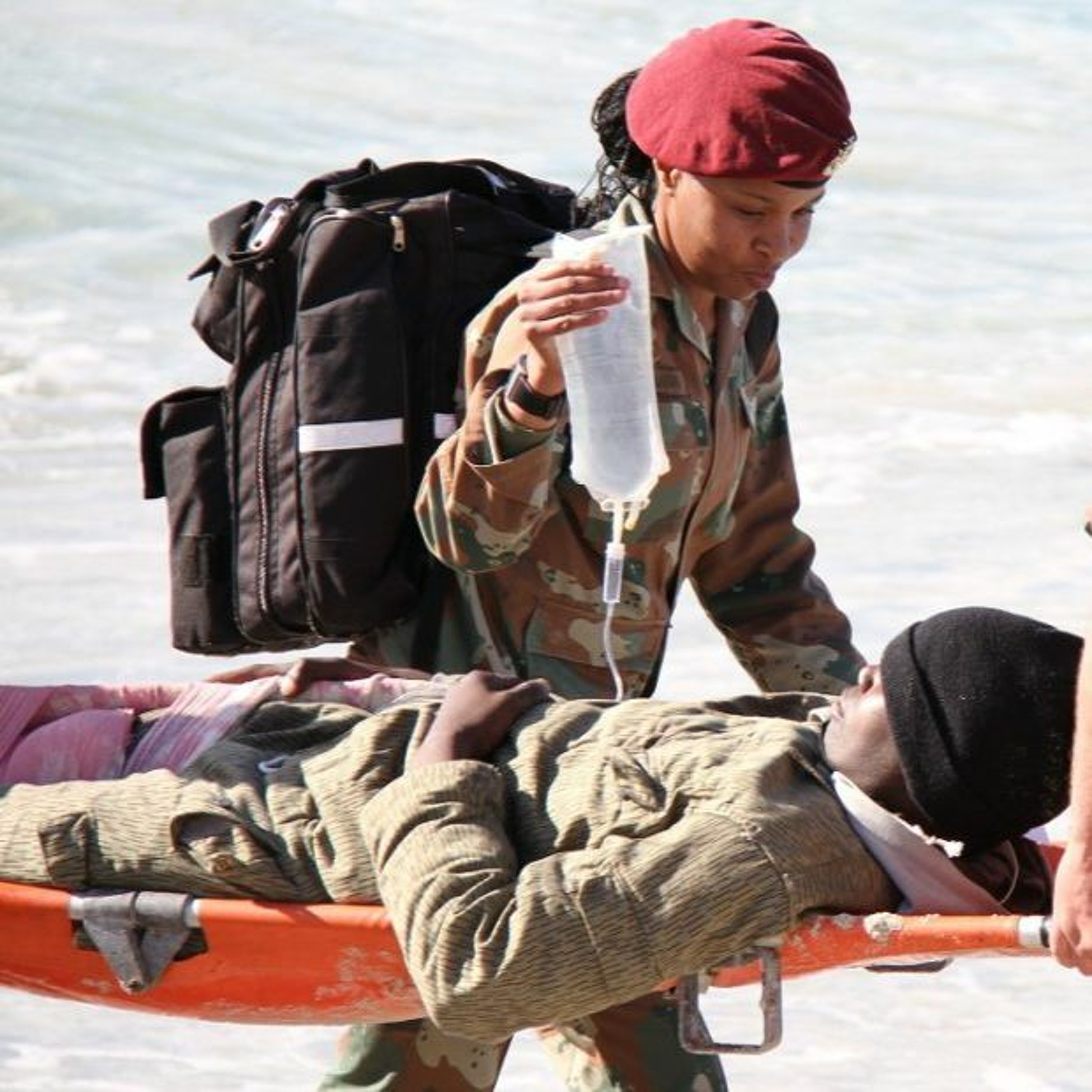 ICRC Humanitarian Law and Policy BlogGCIII Commentary: I’m a woman and a POW in a pandemic. What does GClll mean for me?While a woman’s experience in a prisoners of war (POW) camp may not differ drastically from men in all cases, the Third Geneva Convention (GCIII) operates to ensure equal treatment in a number of ways where experiences do diverge.
In this post – part of the 16 days of activism against gender-based violence, as well as the ‘GCIII Commentary’ blog series marking the ICRC’s updated Commentary on the Third Geneva Convention – ICRC legal advisors Heleen Hiemstra and Vanessa Murphy outline GCIII’s relevance for captured women in 21st century international armed conflicts.2021-05-1413 min
ICRC Humanitarian Law and Policy BlogGCIII Commentary: I’m a woman and a POW in a pandemic. What does GClll mean for me?While a woman’s experience in a prisoners of war (POW) camp may not differ drastically from men in all cases, the Third Geneva Convention (GCIII) operates to ensure equal treatment in a number of ways where experiences do diverge.
In this post – part of the 16 days of activism against gender-based violence, as well as the ‘GCIII Commentary’ blog series marking the ICRC’s updated Commentary on the Third Geneva Convention – ICRC legal advisors Heleen Hiemstra and Vanessa Murphy outline GCIII’s relevance for captured women in 21st century international armed conflicts.2021-05-1413 min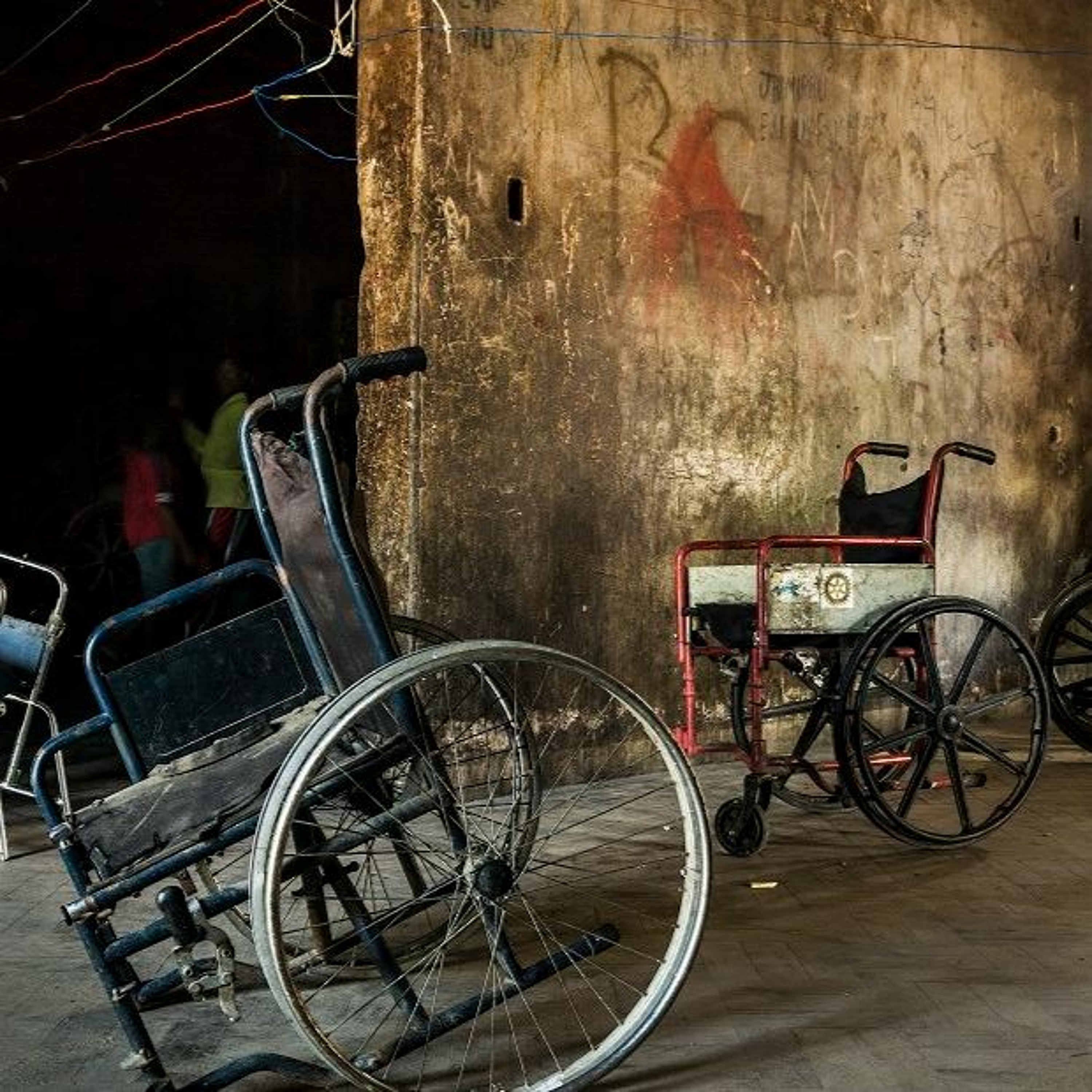 ICRC Humanitarian Law and Policy BlogDisability and sexual violence in the COVID-19 eraWhile disability inequalities have long been observed, the global COVID-19 crisis has deepened and exposed the problem of exclusion, which renders work on disability inclusion urgent and imperative. As such, the theme for this year’s International Day of Persons with Disabilities is “Building Back Better: toward a disability-inclusive, accessible and sustainable post COVID-19 World”.
In this post – marking the International Day and as part of the 16 days of activism against gender-based violence – ICRC’s Disability Inclusion Advisor NG’AA Michael Mwendwa examines how the COVID-19 pandemic has exacerbated cases of sexual violence among persons with disabilities and proposes possible solutions to t...2021-05-1408 min
ICRC Humanitarian Law and Policy BlogDisability and sexual violence in the COVID-19 eraWhile disability inequalities have long been observed, the global COVID-19 crisis has deepened and exposed the problem of exclusion, which renders work on disability inclusion urgent and imperative. As such, the theme for this year’s International Day of Persons with Disabilities is “Building Back Better: toward a disability-inclusive, accessible and sustainable post COVID-19 World”.
In this post – marking the International Day and as part of the 16 days of activism against gender-based violence – ICRC’s Disability Inclusion Advisor NG’AA Michael Mwendwa examines how the COVID-19 pandemic has exacerbated cases of sexual violence among persons with disabilities and proposes possible solutions to t...2021-05-1408 min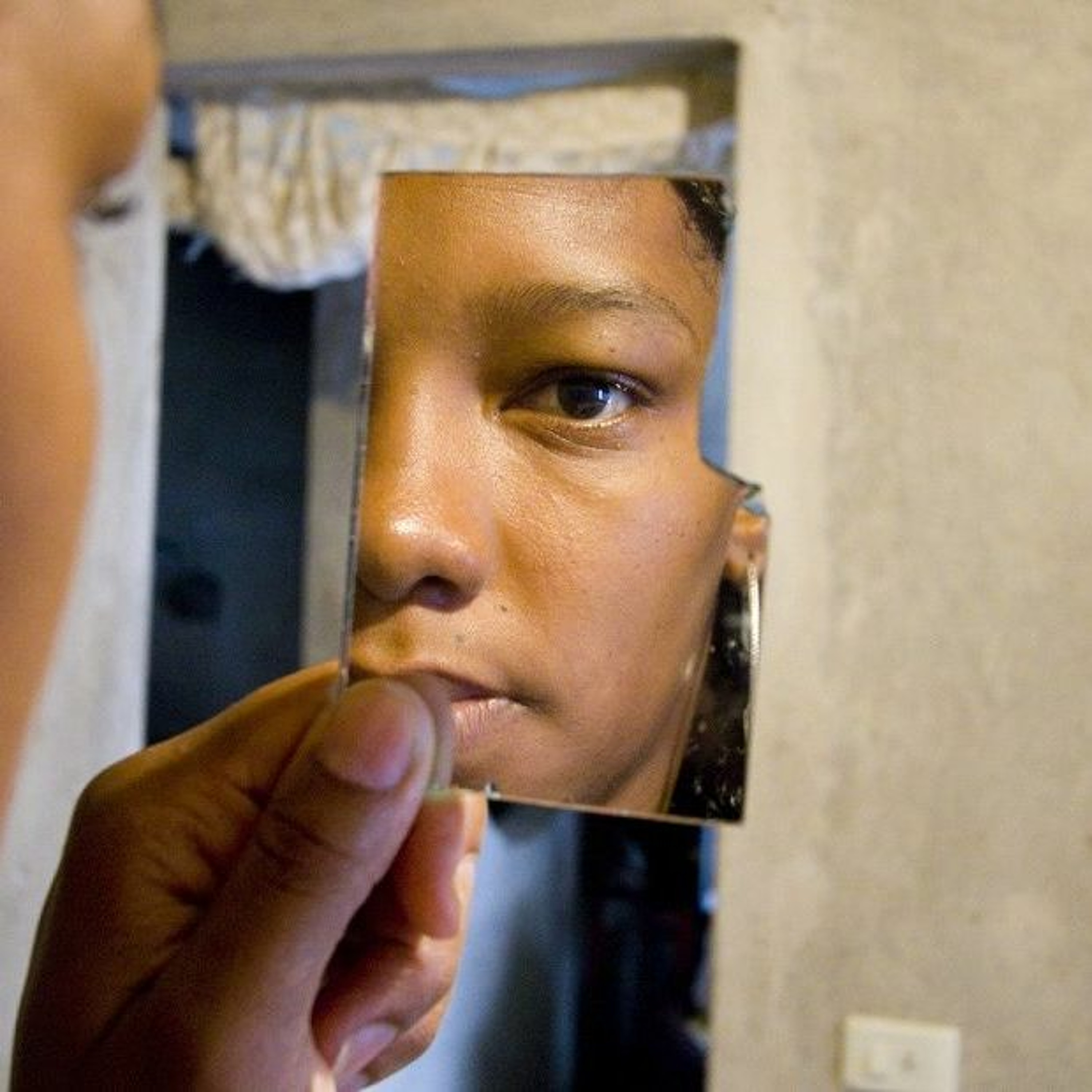 ICRC Humanitarian Law and Policy BlogSexual violence in armed conflict: can we prevent a COVID-19 backslide?Three months into the pandemic, the ICRC’s Head of Addressing Sexual Violence published a call to humanitarian agencies to urgently address the risk of sexual and gender-based violence (SGBV) rising in the shadow of COVID-19. She called on ICRC and others to bolster efforts to ensure continued service delivery for survivors of sexual violence.
It is now clear that the COVID-19 pandemic has enabled two opposing trends: new sexual violence in places affected by conflict and violence, and fewer services available for victims and survivors. Marking the International Day for the Elimination of Violence Against Women and the start of...2021-05-1410 min
ICRC Humanitarian Law and Policy BlogSexual violence in armed conflict: can we prevent a COVID-19 backslide?Three months into the pandemic, the ICRC’s Head of Addressing Sexual Violence published a call to humanitarian agencies to urgently address the risk of sexual and gender-based violence (SGBV) rising in the shadow of COVID-19. She called on ICRC and others to bolster efforts to ensure continued service delivery for survivors of sexual violence.
It is now clear that the COVID-19 pandemic has enabled two opposing trends: new sexual violence in places affected by conflict and violence, and fewer services available for victims and survivors. Marking the International Day for the Elimination of Violence Against Women and the start of...2021-05-1410 min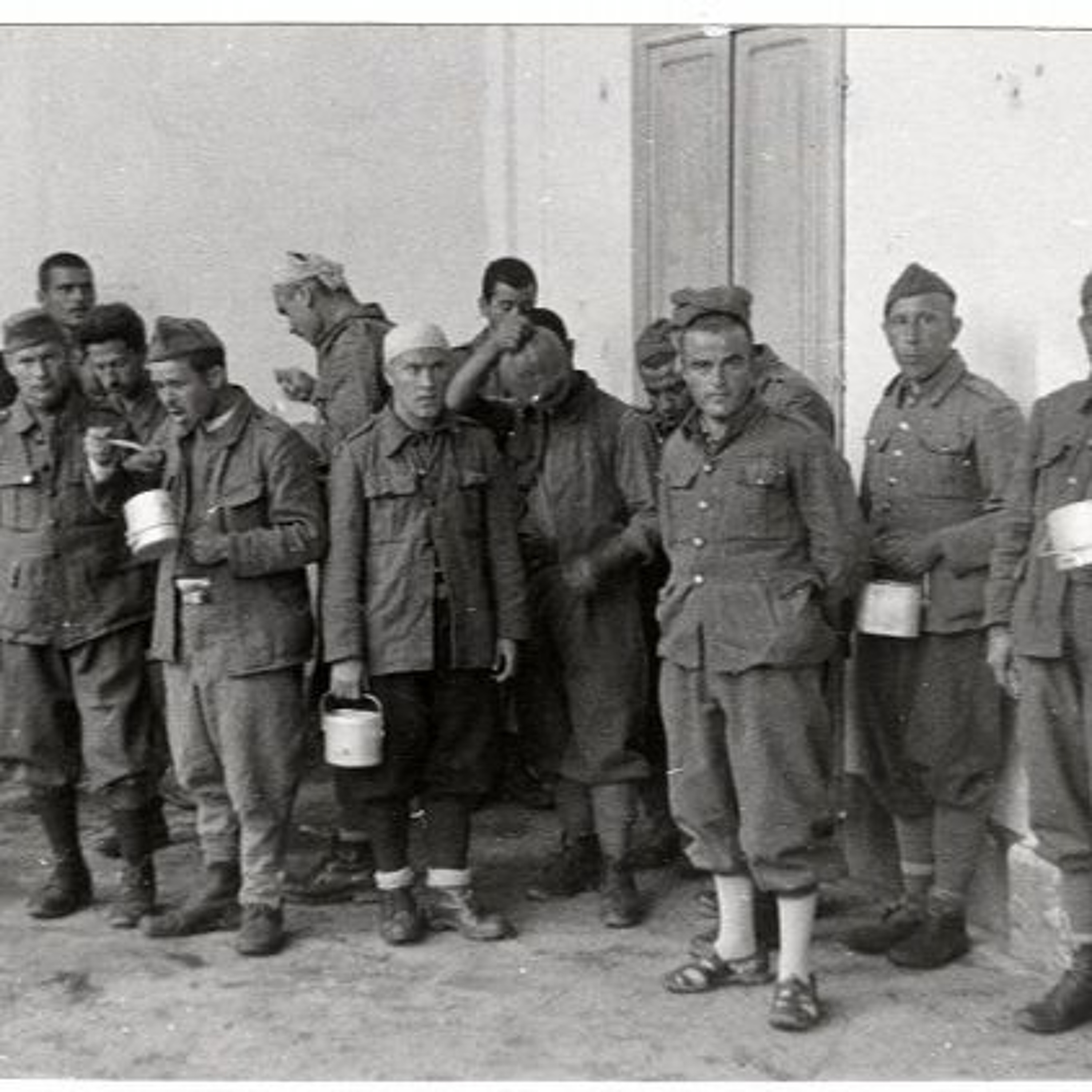 ICRC Humanitarian Law and Policy BlogGCIII Commentary: If I can’t feed you, do I have to let you go?The object and purpose of the Third Geneva Convention is to ensure that prisoners of war are humanely treated at all times, while allowing belligerents to intern captured enemy combatants to prevent them from returning to the battlefield. But what happens when, in a concrete situation, these two overarching considerations point in different directions?
In this post – part of a joint blog symposium with Just Security and EJIL:Talk! exploring the new ICRC Commentary on the Third Geneva Convention (GCIII Commentary) – ICRC legal advisor Kubo Mačák explores when, and on what legal grounds, a resource-strained Detaining Power might be required...2021-05-1410 min
ICRC Humanitarian Law and Policy BlogGCIII Commentary: If I can’t feed you, do I have to let you go?The object and purpose of the Third Geneva Convention is to ensure that prisoners of war are humanely treated at all times, while allowing belligerents to intern captured enemy combatants to prevent them from returning to the battlefield. But what happens when, in a concrete situation, these two overarching considerations point in different directions?
In this post – part of a joint blog symposium with Just Security and EJIL:Talk! exploring the new ICRC Commentary on the Third Geneva Convention (GCIII Commentary) – ICRC legal advisor Kubo Mačák explores when, and on what legal grounds, a resource-strained Detaining Power might be required...2021-05-1410 min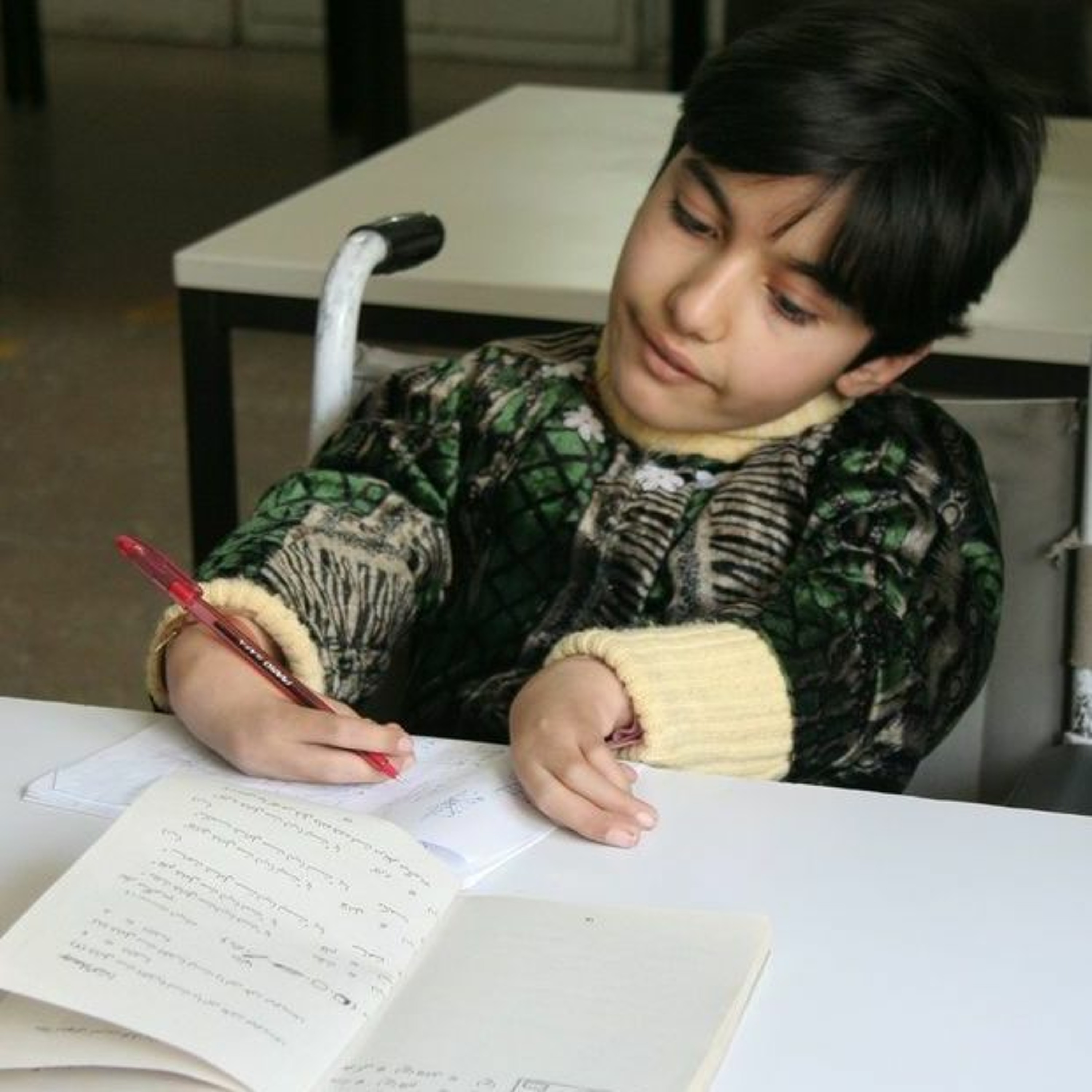 ICRC Humanitarian Law and Policy BlogCOVID-19 and its impact on persons with disabilitiesJess Markt, ICRC Disability Sport & Inclusion Advisor, is an internationally-acclaimed wheelchair basketball coach who has travelled across the world to help the ICRC train and establish new players and teams — including in India, South Sudan, Afghanistan, Palestine, Democratic Republic of the Congo, and Syria, among others. The success of this inspiring work is testimony to the difference the opportunity to play sports can make in the lives of persons with disabilities and to the way society views them. In this blog, Markt underscores the impact of the COVID-19 pandemic on the lives of persons with disabilities. He elucidates the setbacks it...2021-05-1406 min
ICRC Humanitarian Law and Policy BlogCOVID-19 and its impact on persons with disabilitiesJess Markt, ICRC Disability Sport & Inclusion Advisor, is an internationally-acclaimed wheelchair basketball coach who has travelled across the world to help the ICRC train and establish new players and teams — including in India, South Sudan, Afghanistan, Palestine, Democratic Republic of the Congo, and Syria, among others. The success of this inspiring work is testimony to the difference the opportunity to play sports can make in the lives of persons with disabilities and to the way society views them. In this blog, Markt underscores the impact of the COVID-19 pandemic on the lives of persons with disabilities. He elucidates the setbacks it...2021-05-1406 min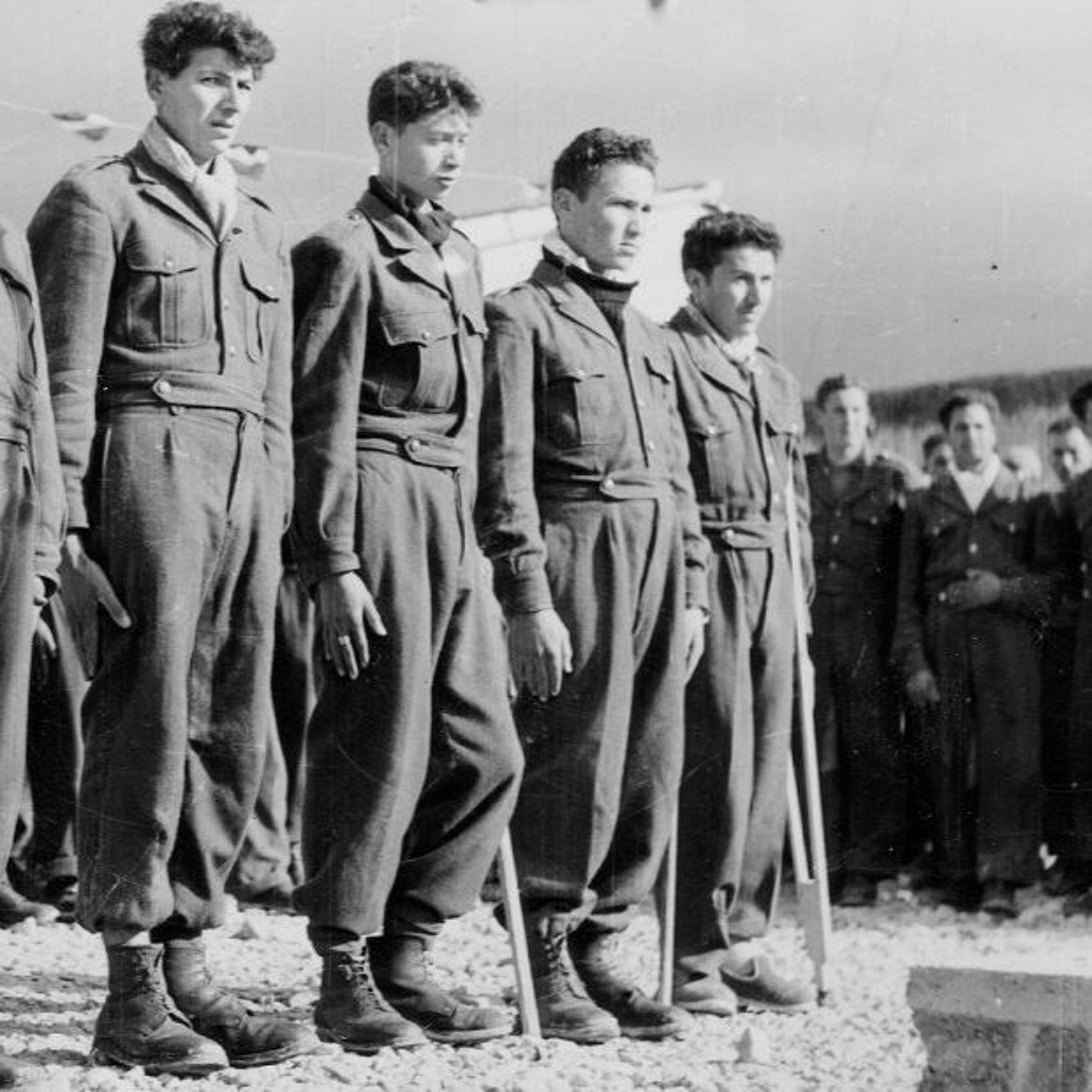 ICRC Humanitarian Law and Policy BlogGCIII Commentary: protecting the honour of prisoners of warThe Third Geneva Convention (GCIII) provides a framework of rules for the protection of prisoners of war, including that they are ‘entitled in all circumstances to respect for their persons and their honour’ (Article 14). The obligation to respect a prisoner of war’s honour – like the Geneva Conventions as a whole – draws upon the highest notions of humanity. It reminds us that even in the drudgery, the violence, and the darkness of war, there is something innate in every person that is worthy of respect and entitles them to protection.
Interpreting what ‘honour’ means, however, has its challenges. In this post, part of...2021-05-1409 min
ICRC Humanitarian Law and Policy BlogGCIII Commentary: protecting the honour of prisoners of warThe Third Geneva Convention (GCIII) provides a framework of rules for the protection of prisoners of war, including that they are ‘entitled in all circumstances to respect for their persons and their honour’ (Article 14). The obligation to respect a prisoner of war’s honour – like the Geneva Conventions as a whole – draws upon the highest notions of humanity. It reminds us that even in the drudgery, the violence, and the darkness of war, there is something innate in every person that is worthy of respect and entitles them to protection.
Interpreting what ‘honour’ means, however, has its challenges. In this post, part of...2021-05-1409 min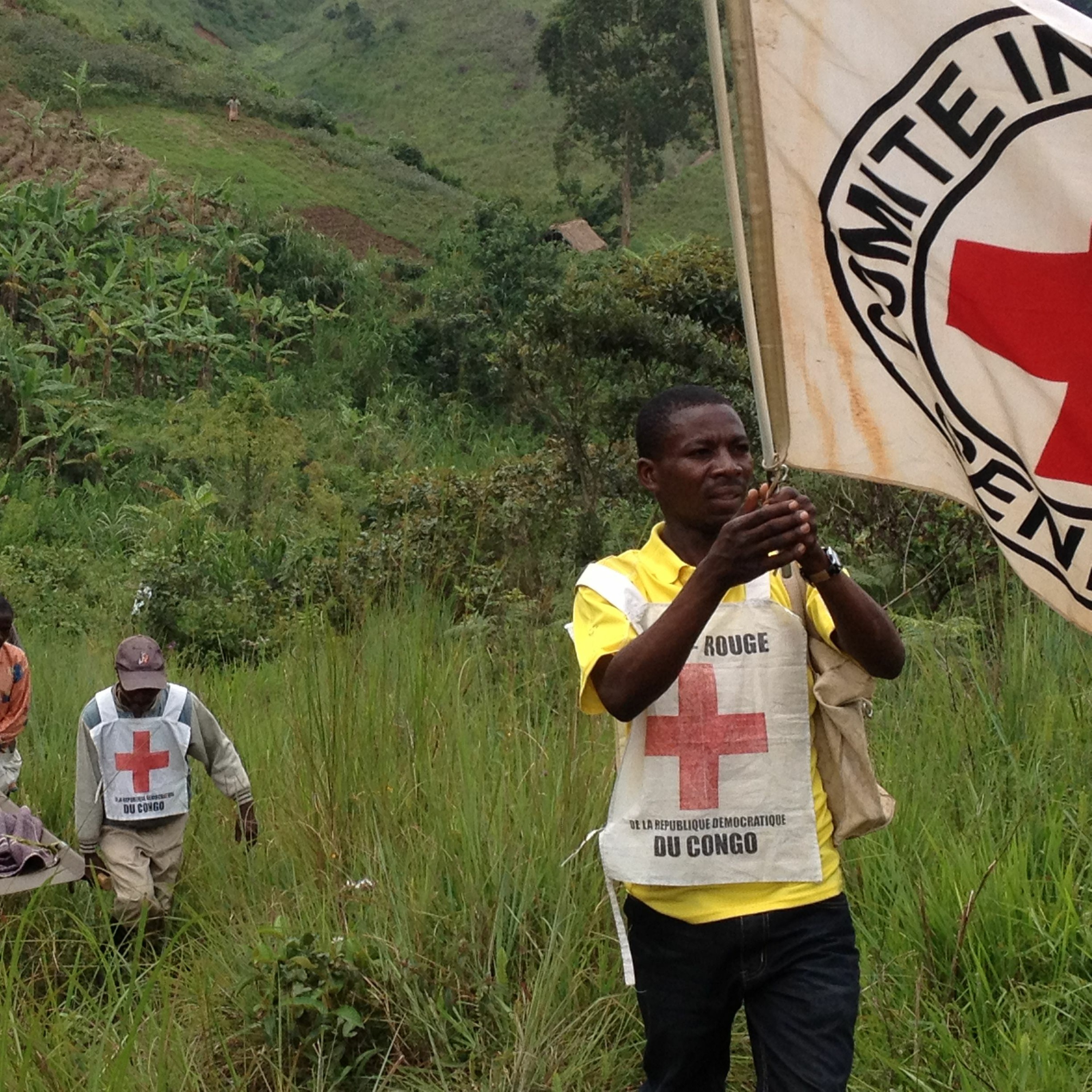 Intercross: The PodcastContemporary Armed Conflict: A Discussion with Two ICRC DirectorsContemporary crises and armed conflicts are increasingly complex, with humanitarian needs made even more acute by the protracted and urban nature of conflicts, the challenges of influencing the behavior of warring parties, and the crippling effects of the COVID-19 pandemic. With 20,000 staff present in 104 countries, the ICRC is mandated by the international community, through the Geneva Conventions and its Additional Protocols, to assist and protect people affected by armed conflict and violence, including through the promotion of respect for humanitarian law. In this special edition of the podcast, two ICRC Directors – Helen Durham, Director of International Law and Policy, and Do...2021-02-1733 min
Intercross: The PodcastContemporary Armed Conflict: A Discussion with Two ICRC DirectorsContemporary crises and armed conflicts are increasingly complex, with humanitarian needs made even more acute by the protracted and urban nature of conflicts, the challenges of influencing the behavior of warring parties, and the crippling effects of the COVID-19 pandemic. With 20,000 staff present in 104 countries, the ICRC is mandated by the international community, through the Geneva Conventions and its Additional Protocols, to assist and protect people affected by armed conflict and violence, including through the promotion of respect for humanitarian law. In this special edition of the podcast, two ICRC Directors – Helen Durham, Director of International Law and Policy, and Do...2021-02-1733 min Intercross: The PodcastFragility, Conflict and Violence: ICRC and the World BankIn this episode of Intercross the Podcast, we sit down with Austin Shangraw and Jyl Strong of the ICRC in Washington's Policy team. Last week, the World Bank held its biannual Fragility Forum. The Forum brings together policy makers and practitioners from humanitarian, development, peace and security communities to share practical solutions and explore innovative ways to improve development approaches to foster peace and stability. ICRC's Director General Yves Daccord attended and participated in several high-level panels. Why is ICRC involved in these discussions? How are we partnering with the World Bank? What does it mean when we discuss...2018-03-1332 min
Intercross: The PodcastFragility, Conflict and Violence: ICRC and the World BankIn this episode of Intercross the Podcast, we sit down with Austin Shangraw and Jyl Strong of the ICRC in Washington's Policy team. Last week, the World Bank held its biannual Fragility Forum. The Forum brings together policy makers and practitioners from humanitarian, development, peace and security communities to share practical solutions and explore innovative ways to improve development approaches to foster peace and stability. ICRC's Director General Yves Daccord attended and participated in several high-level panels. Why is ICRC involved in these discussions? How are we partnering with the World Bank? What does it mean when we discuss...2018-03-1332 min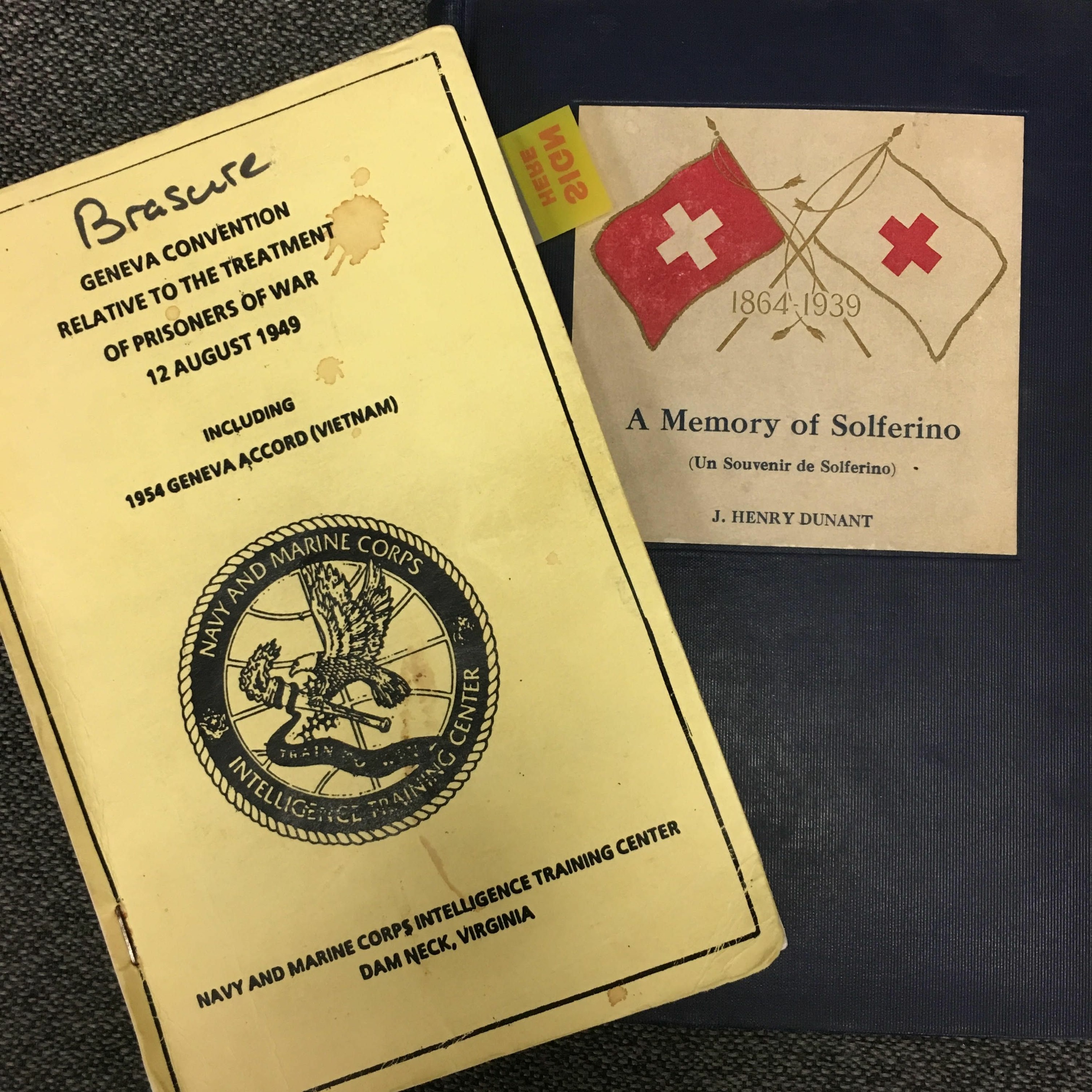 Intercross: The PodcastFrom Marine to Humanitarian: A Conversation with ICRC Legal Advisor Ian BrasureAfter thirty years in the US Marine Corps, including serving as Deputy Legal Advisor at the White House within the National Security Council, Ian Brasure recently joined the ICRC Delegation in Washington as the Deputy Legal Advisor. In this episode of Intercross the Podcast, Ian discusses his long--and inevitable--journey to the ICRC and his storied time in the military, including embracing the uncertainty following 9/11. We also chat about working under then-General James Mattis (now of course, the US Secretary of Defense), how the NSC has impacted his insights into his current role, and his constant companion through conflict (a...2018-02-0129 min
Intercross: The PodcastFrom Marine to Humanitarian: A Conversation with ICRC Legal Advisor Ian BrasureAfter thirty years in the US Marine Corps, including serving as Deputy Legal Advisor at the White House within the National Security Council, Ian Brasure recently joined the ICRC Delegation in Washington as the Deputy Legal Advisor. In this episode of Intercross the Podcast, Ian discusses his long--and inevitable--journey to the ICRC and his storied time in the military, including embracing the uncertainty following 9/11. We also chat about working under then-General James Mattis (now of course, the US Secretary of Defense), how the NSC has impacted his insights into his current role, and his constant companion through conflict (a...2018-02-0129 min Intercross: The PodcastDiversity in Delegates: Recruiting within the ICRC with Markus DolderIn this episode of Intercross the Podcast, we are joined by ICRC's Head of Human Resources Marketing Markus Dolder. In the 1990s, the ICRC's staff was composed of about 80 percent Swiss. Now, that number is closer to 15%. Why has this makeup changed, and how had diversity contributed to furthering our mission? What skills are needed to be a successful delegate? Plus Markus shares the influence of the Iraq war on his career and the joy of bringing great people into an organization he's proud to work for. Hosted by Sara Owens and Niki Clark.2017-09-0517 min
Intercross: The PodcastDiversity in Delegates: Recruiting within the ICRC with Markus DolderIn this episode of Intercross the Podcast, we are joined by ICRC's Head of Human Resources Marketing Markus Dolder. In the 1990s, the ICRC's staff was composed of about 80 percent Swiss. Now, that number is closer to 15%. Why has this makeup changed, and how had diversity contributed to furthering our mission? What skills are needed to be a successful delegate? Plus Markus shares the influence of the Iraq war on his career and the joy of bringing great people into an organization he's proud to work for. Hosted by Sara Owens and Niki Clark.2017-09-0517 min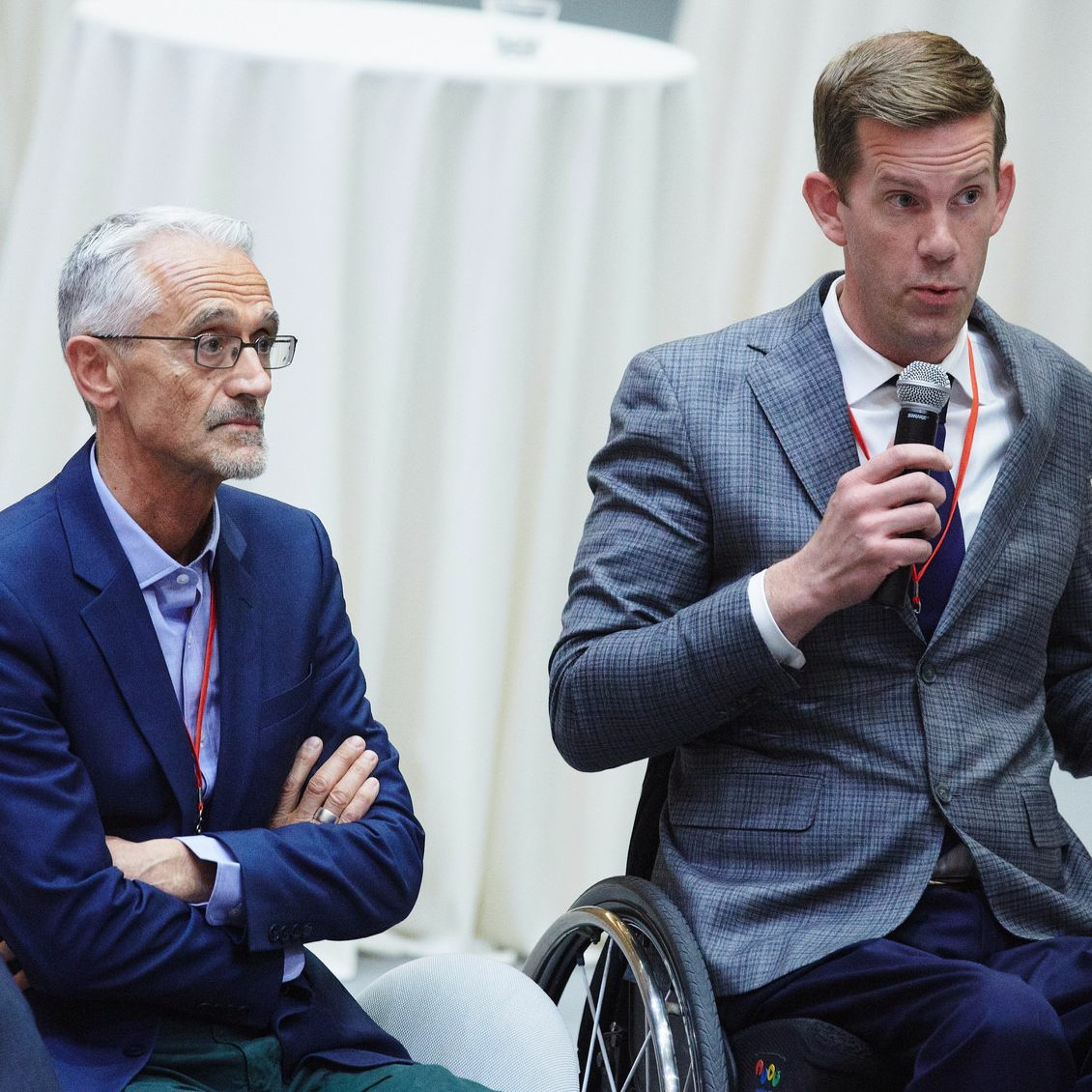 Intercross: The PodcastBest in the Game: The Dynamic Duo behind ICRC's Wheelchair Basketball in AfghanistanIn this episode of Intercross the Podcast, Sara Owens is joined by two delegates who have paved the way for the ICRC to adopt sport and inclusion as a priority for the physically disabled communities in conflict-affected countries. Alberto Cairo, one of the ICRC’s most revered delegates, has been in Kabul, Afghanistan with the ICRC’s orthopedic and physical rehabilitation program for 27 years. He was recently joined in Kabul by Jess Markt, an avid wheelchair basketball player and coach, where together, they built the ICRC’s first and largest wheelchair basketball program. The work that Jess and Alberto have d...2017-05-1738 min
Intercross: The PodcastBest in the Game: The Dynamic Duo behind ICRC's Wheelchair Basketball in AfghanistanIn this episode of Intercross the Podcast, Sara Owens is joined by two delegates who have paved the way for the ICRC to adopt sport and inclusion as a priority for the physically disabled communities in conflict-affected countries. Alberto Cairo, one of the ICRC’s most revered delegates, has been in Kabul, Afghanistan with the ICRC’s orthopedic and physical rehabilitation program for 27 years. He was recently joined in Kabul by Jess Markt, an avid wheelchair basketball player and coach, where together, they built the ICRC’s first and largest wheelchair basketball program. The work that Jess and Alberto have d...2017-05-1738 min Intercross: The PodcastThe Long and Dedicated Path to ICRC with Charlotte LindsayICRC Director of Communications Charlotte Lindsay sits down with Intercross to discuss her journey to becoming the first non-Swiss delegate with the ICRC, the changing way we communicate, and how her decades with the organization started with a simple book recommendation. Hosted by Niki Clark.2017-02-0133 min
Intercross: The PodcastThe Long and Dedicated Path to ICRC with Charlotte LindsayICRC Director of Communications Charlotte Lindsay sits down with Intercross to discuss her journey to becoming the first non-Swiss delegate with the ICRC, the changing way we communicate, and how her decades with the organization started with a simple book recommendation. Hosted by Niki Clark.2017-02-0133 min